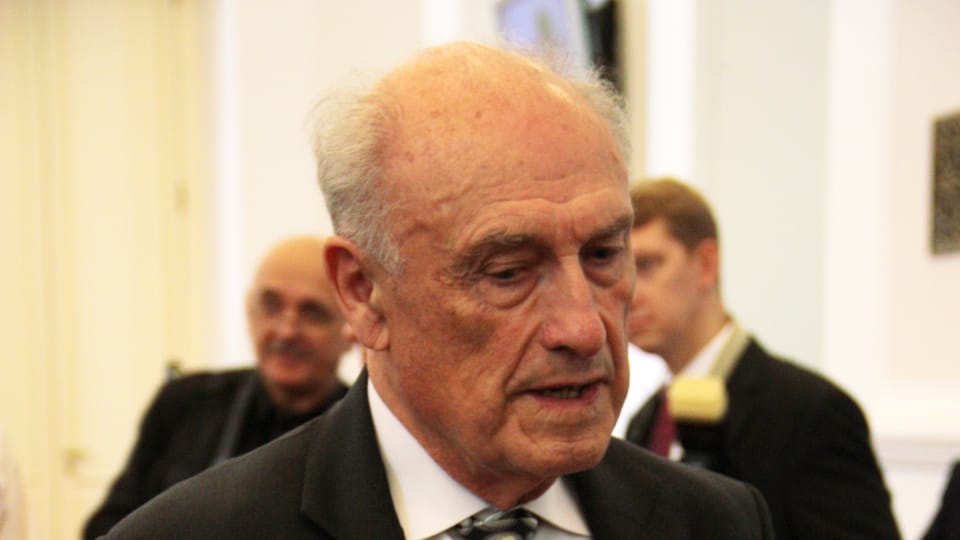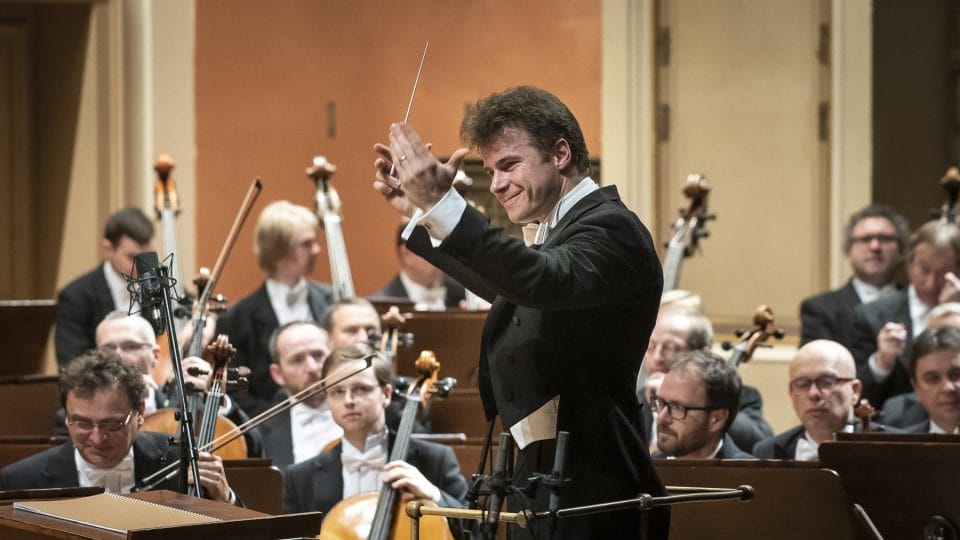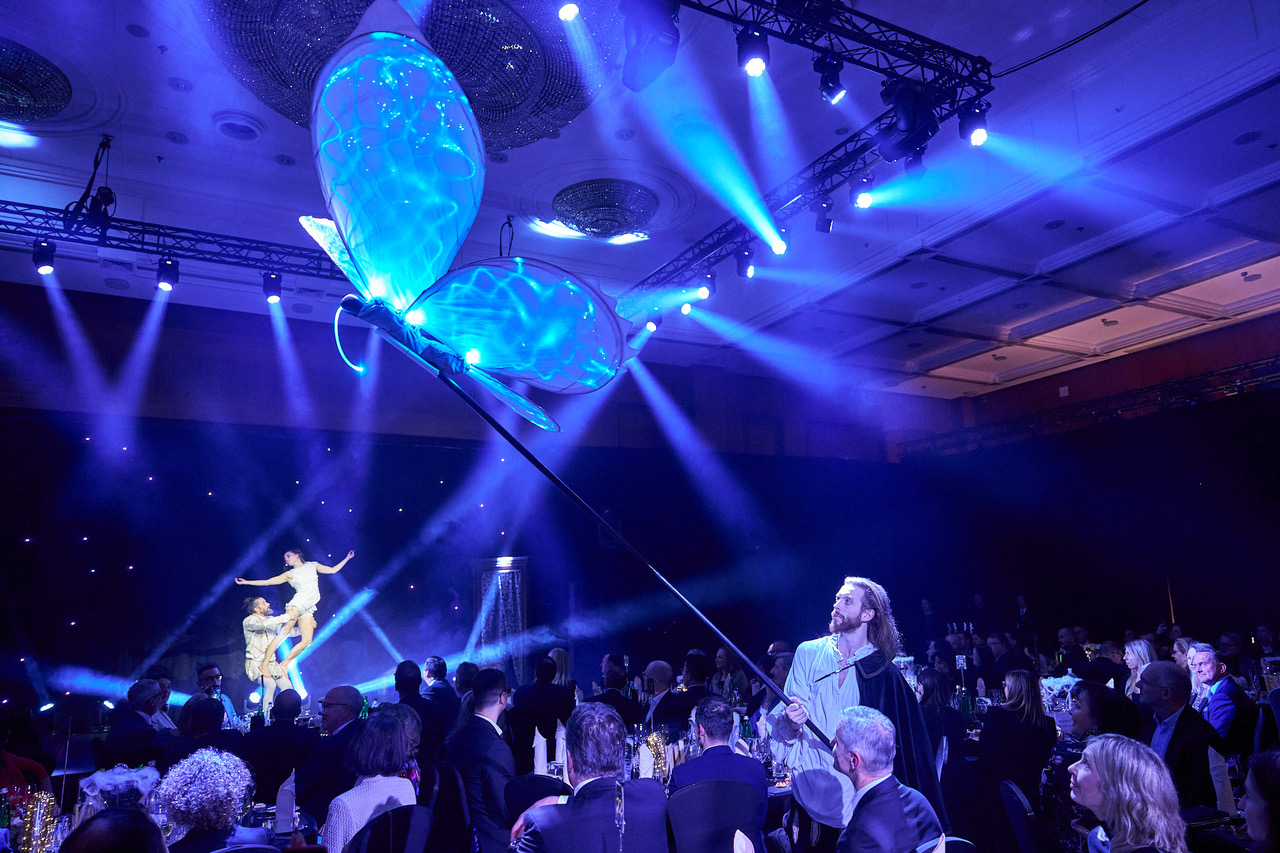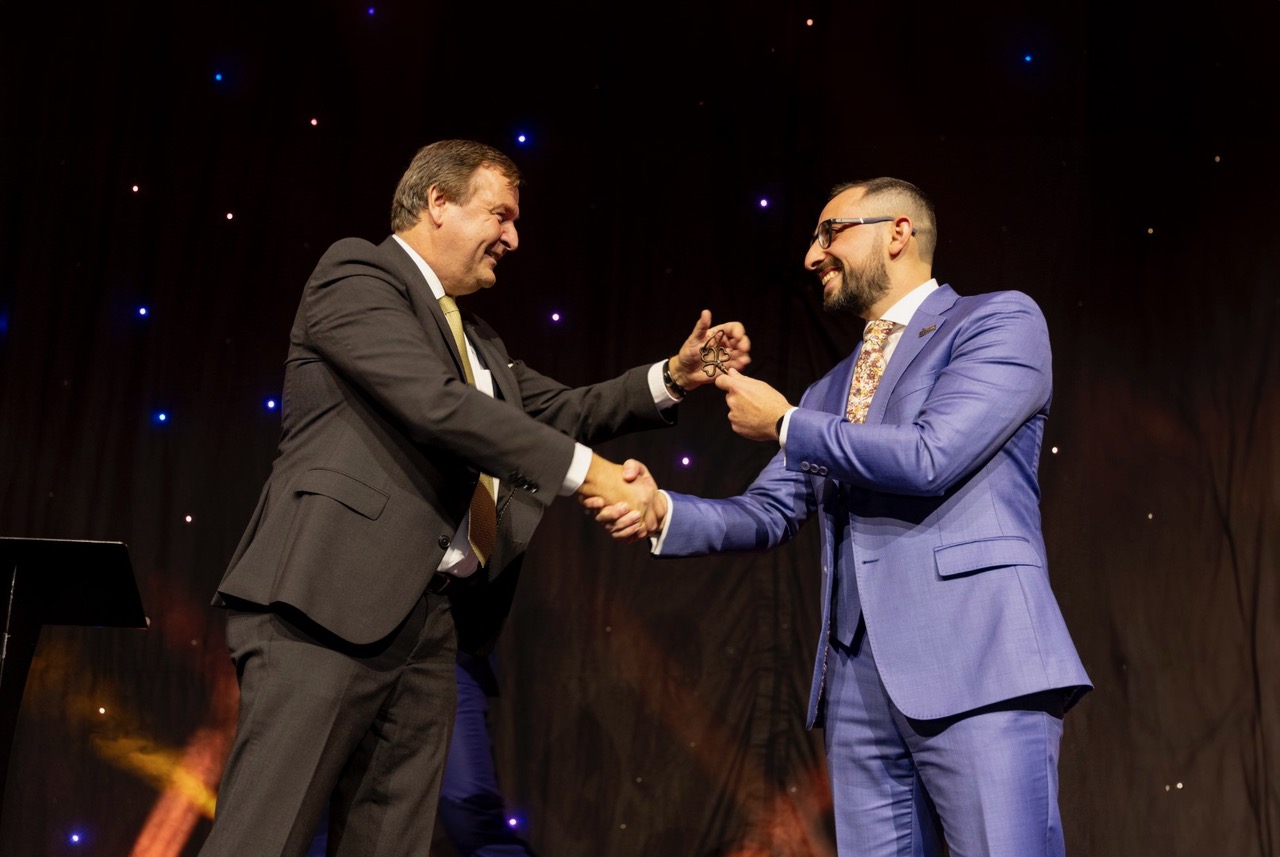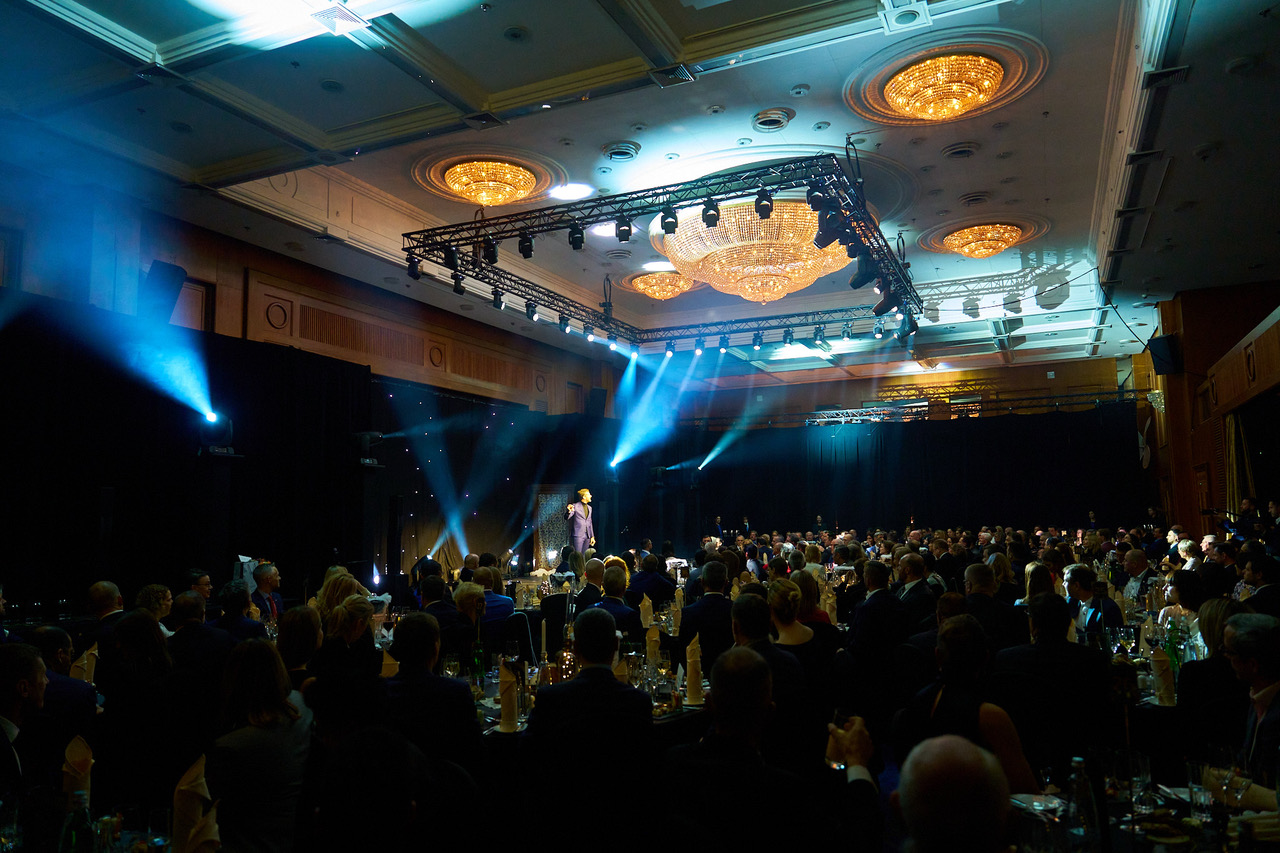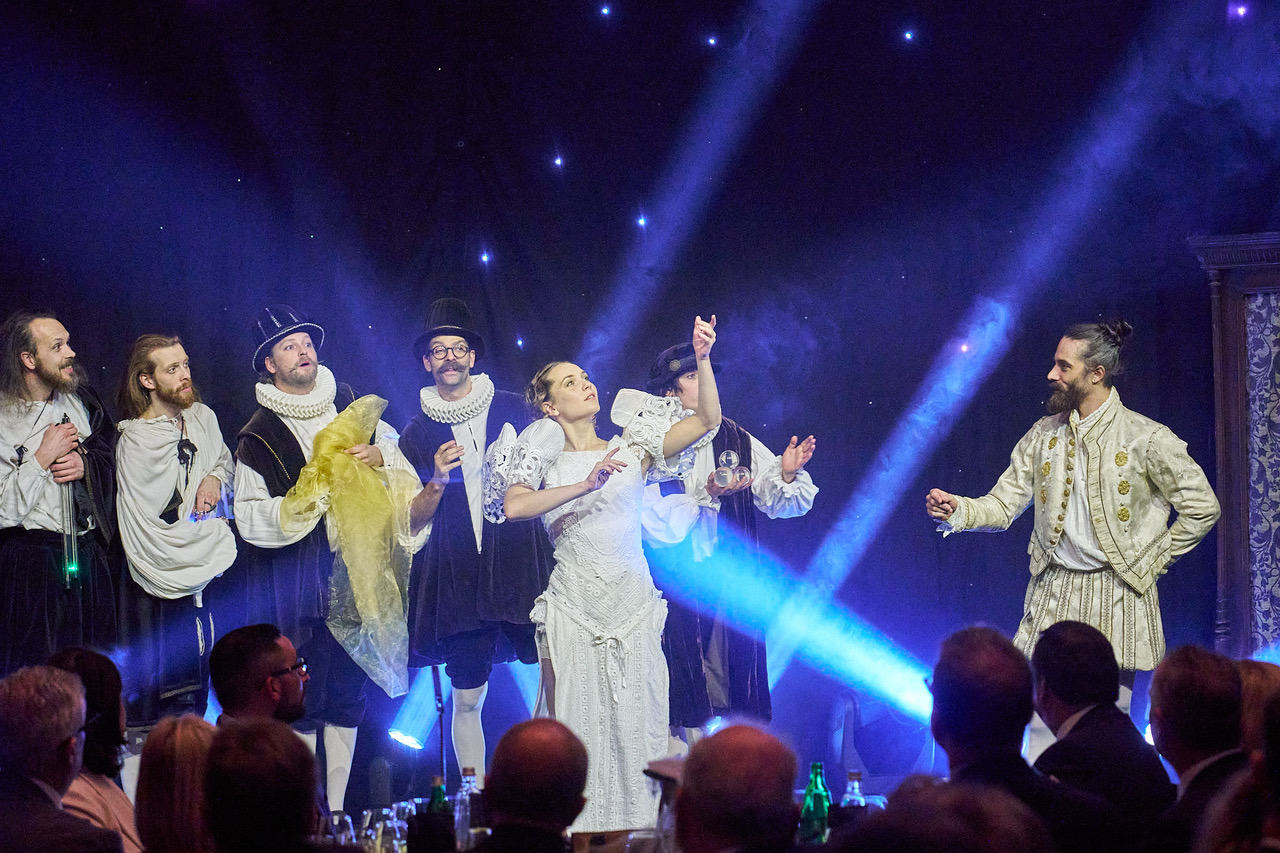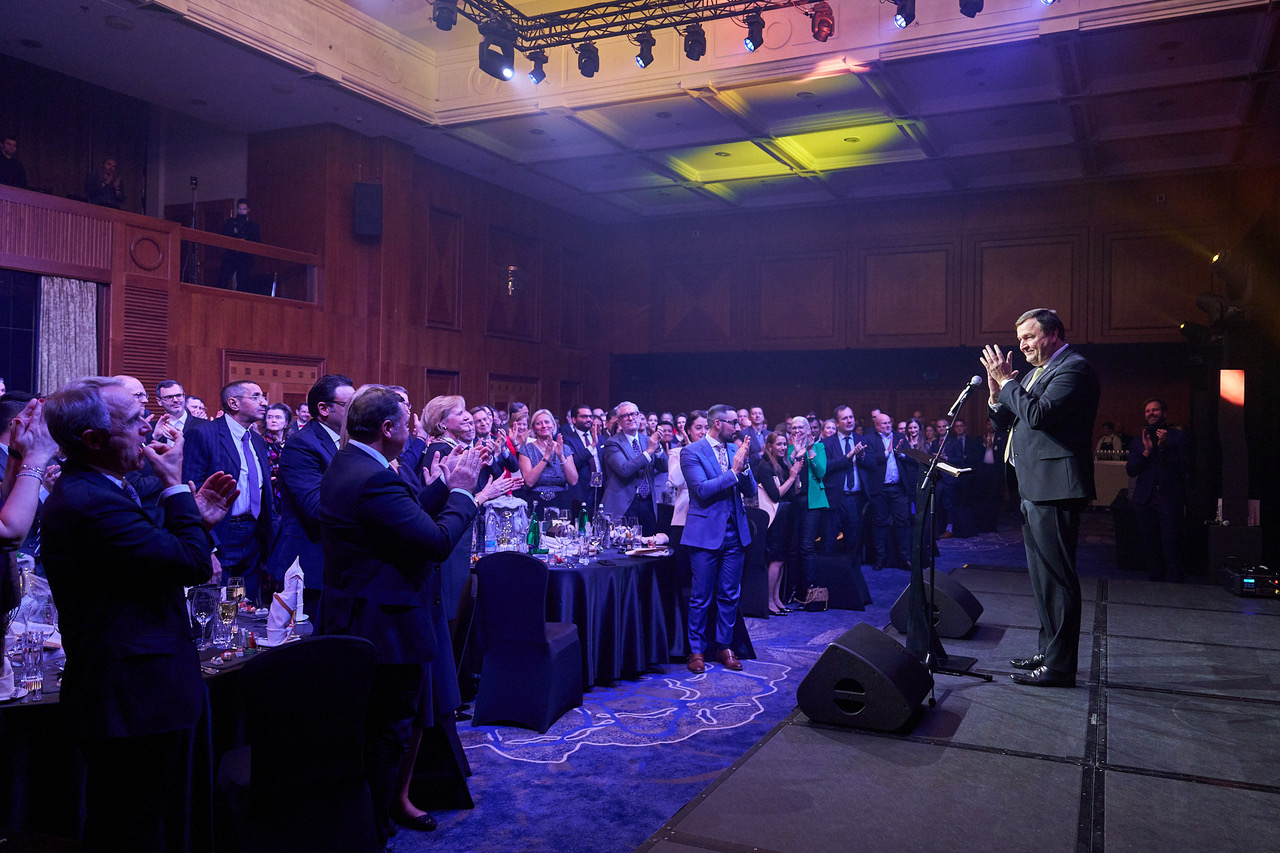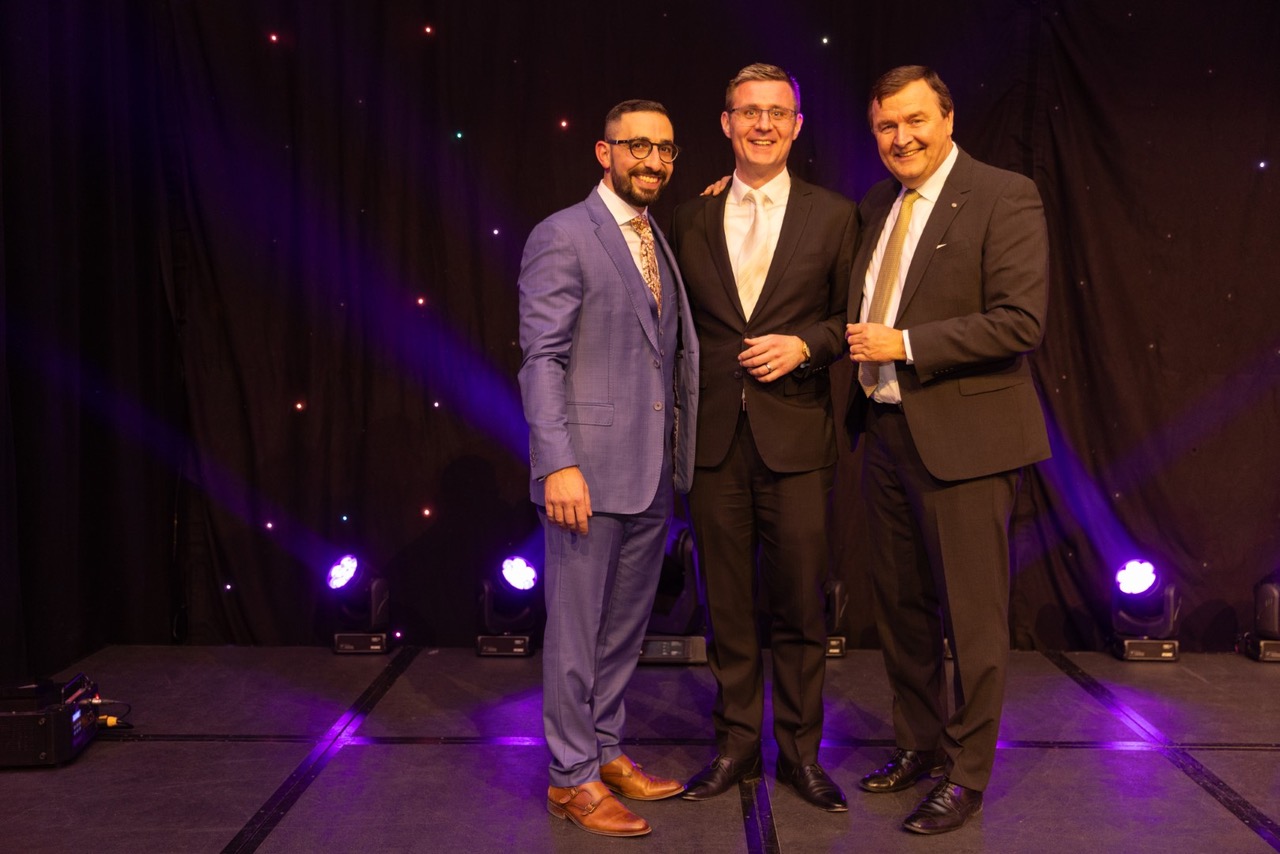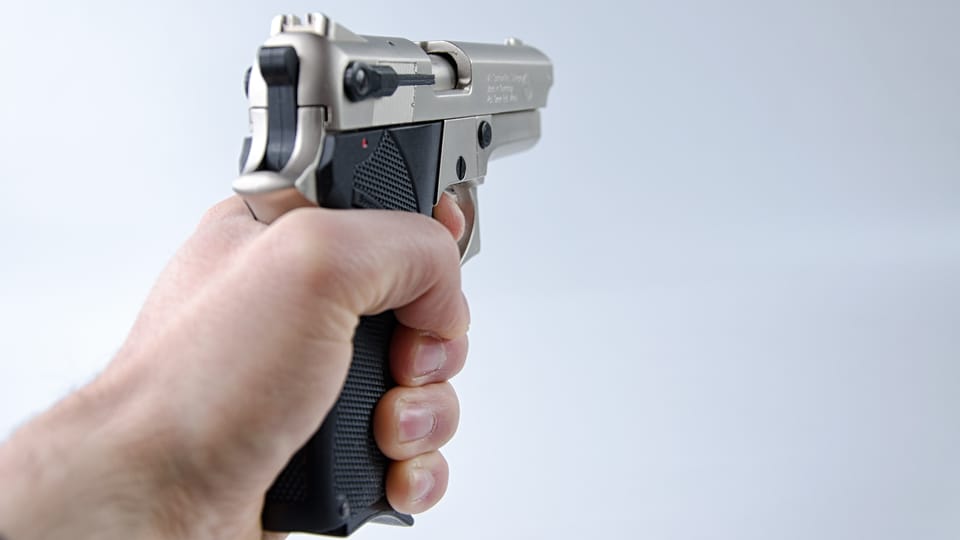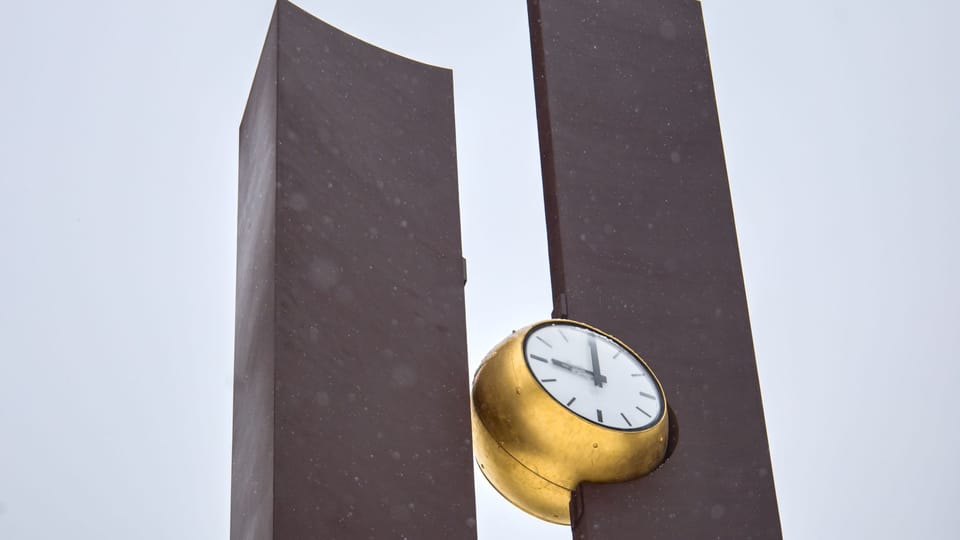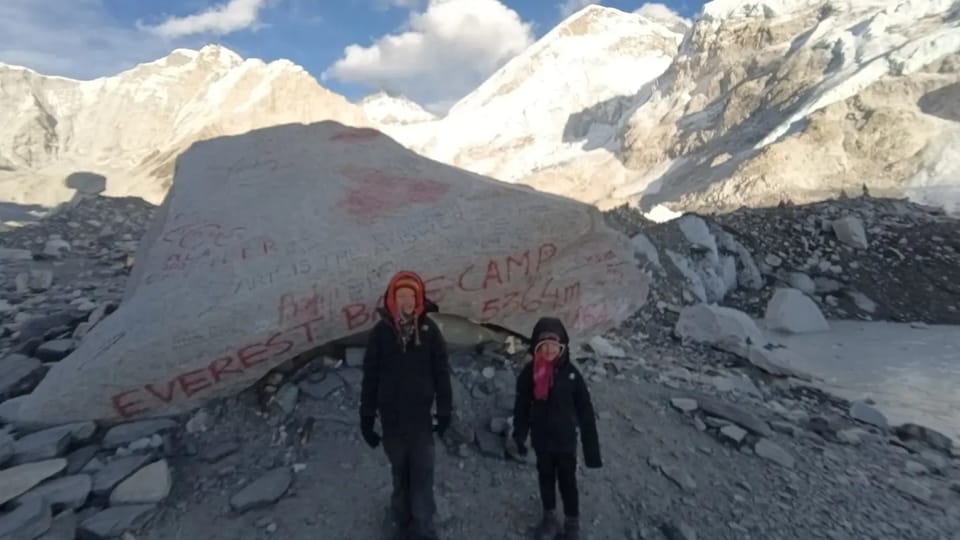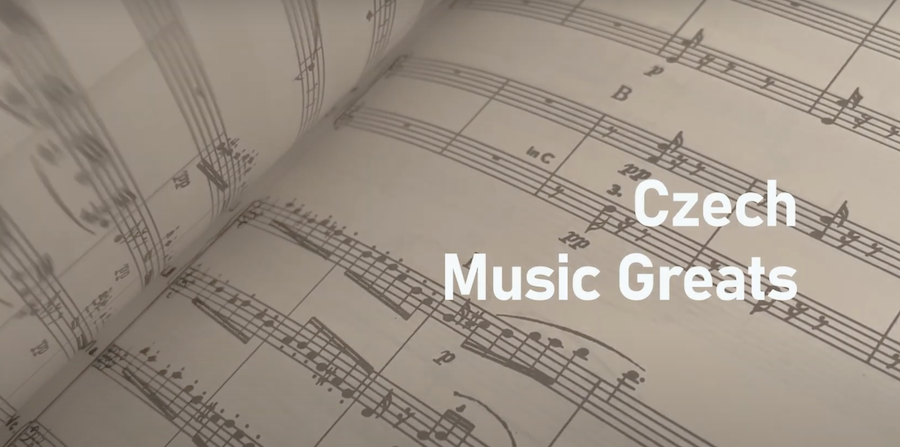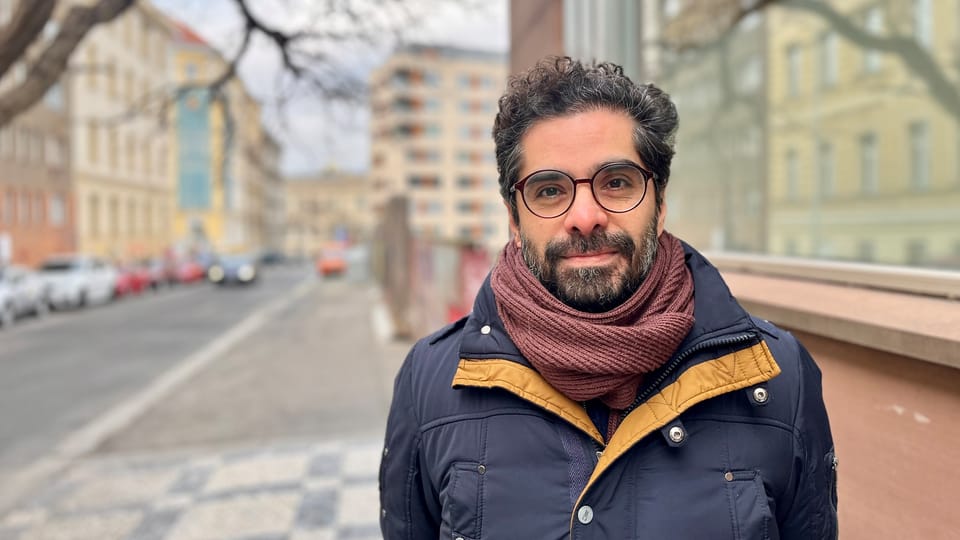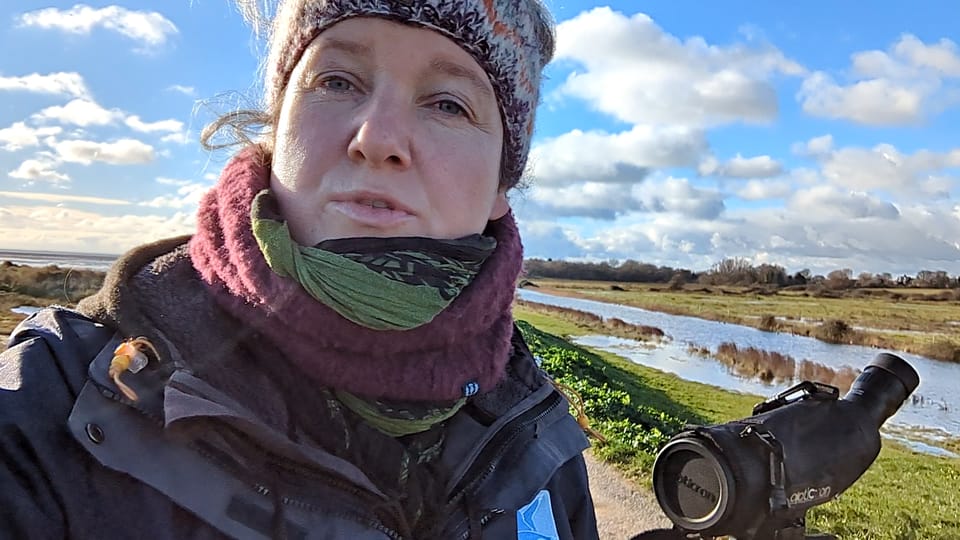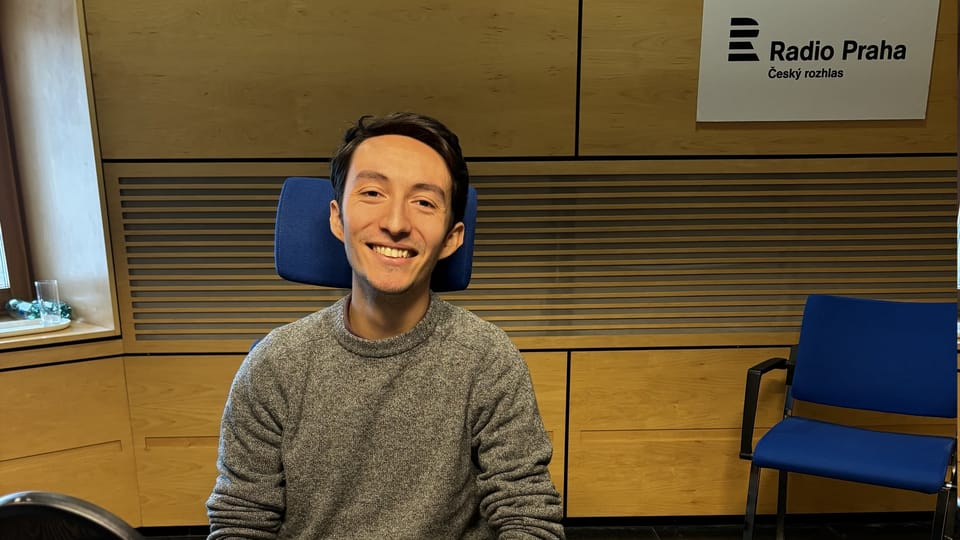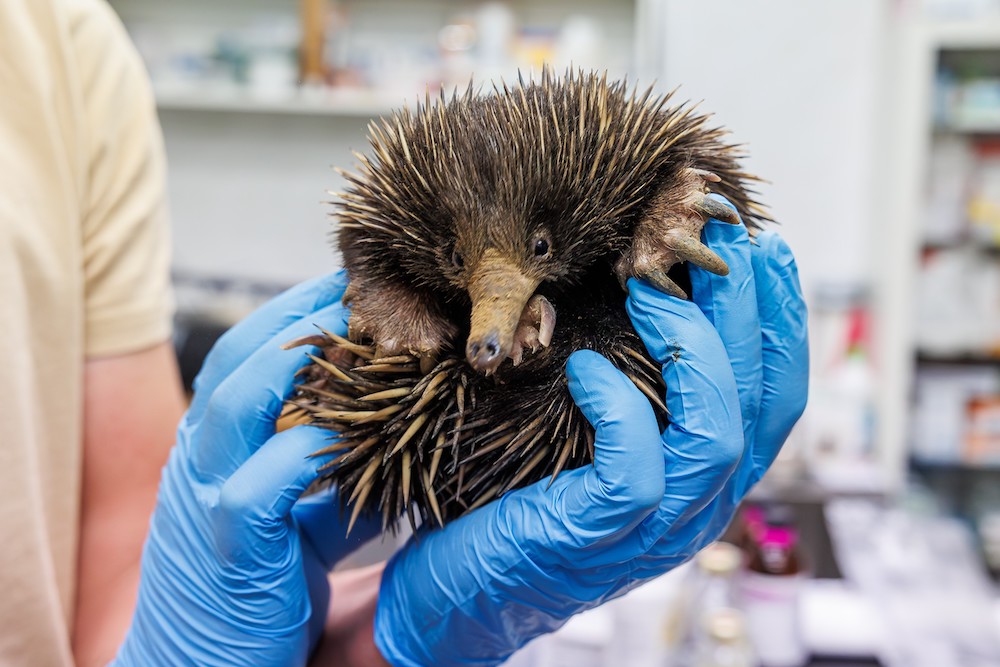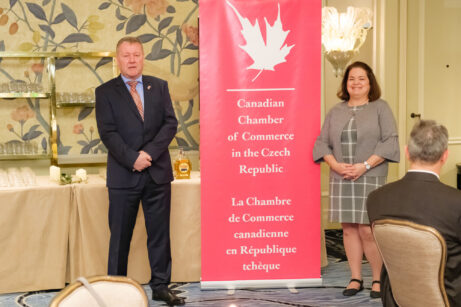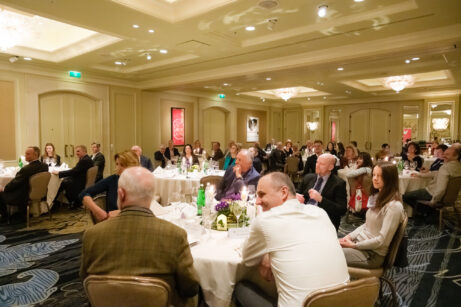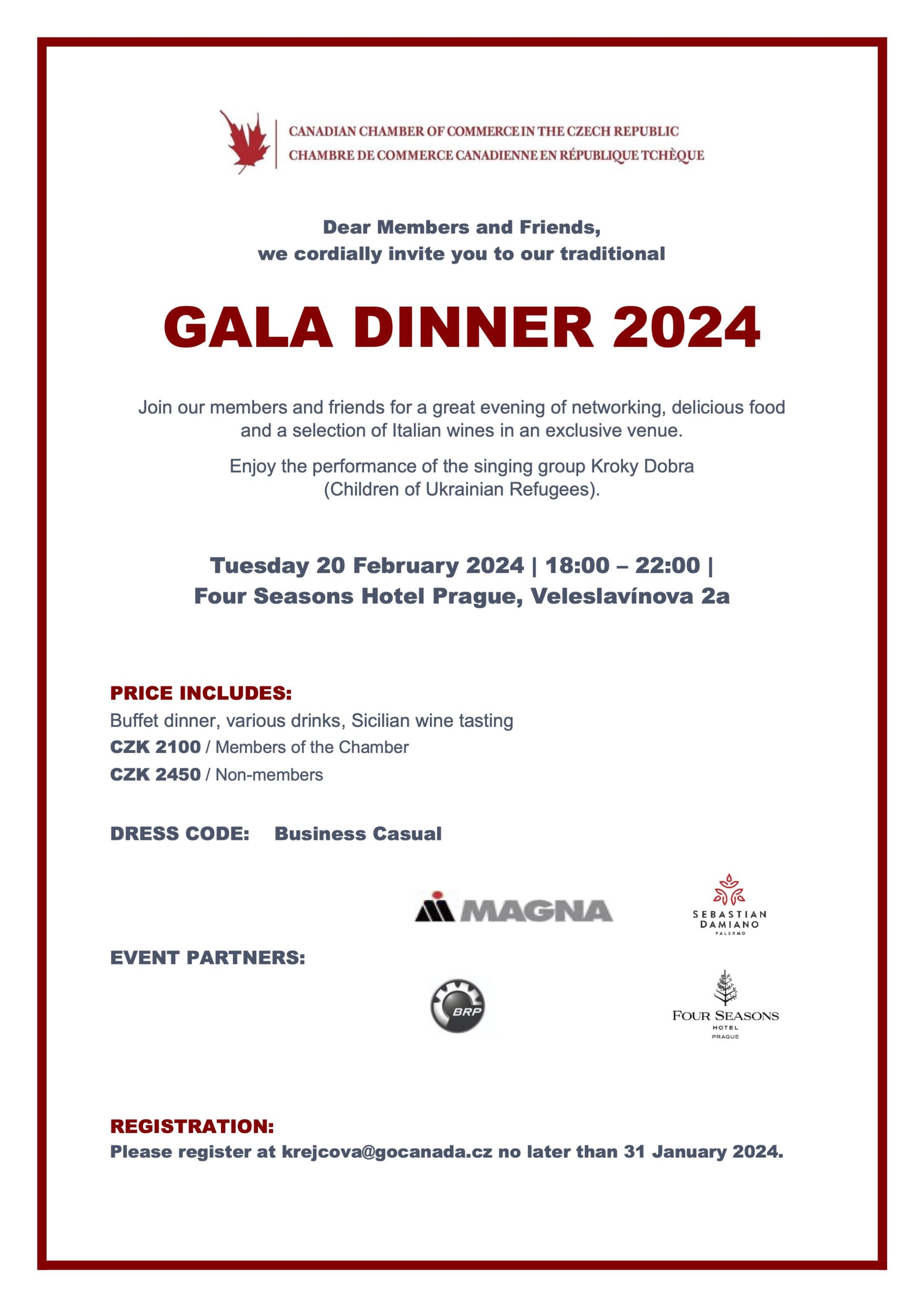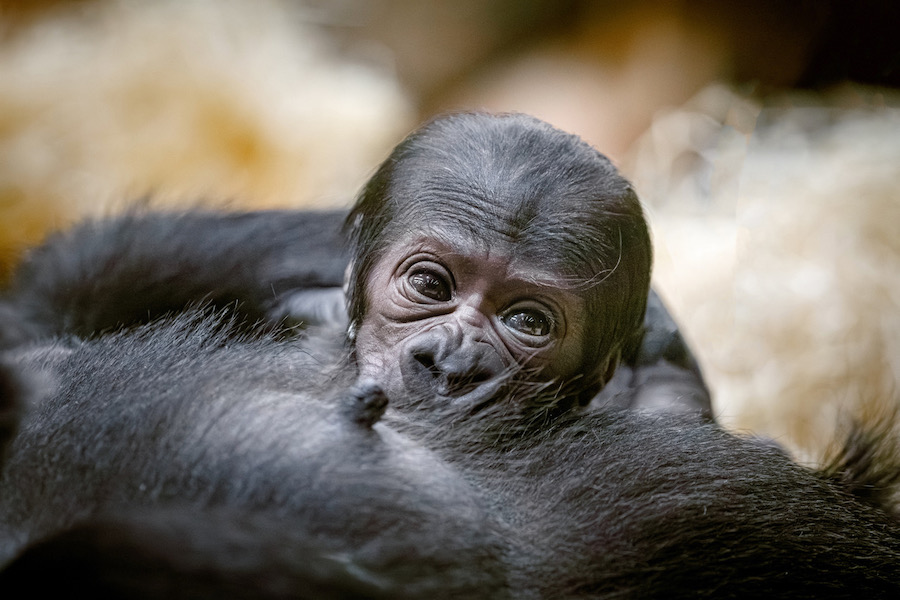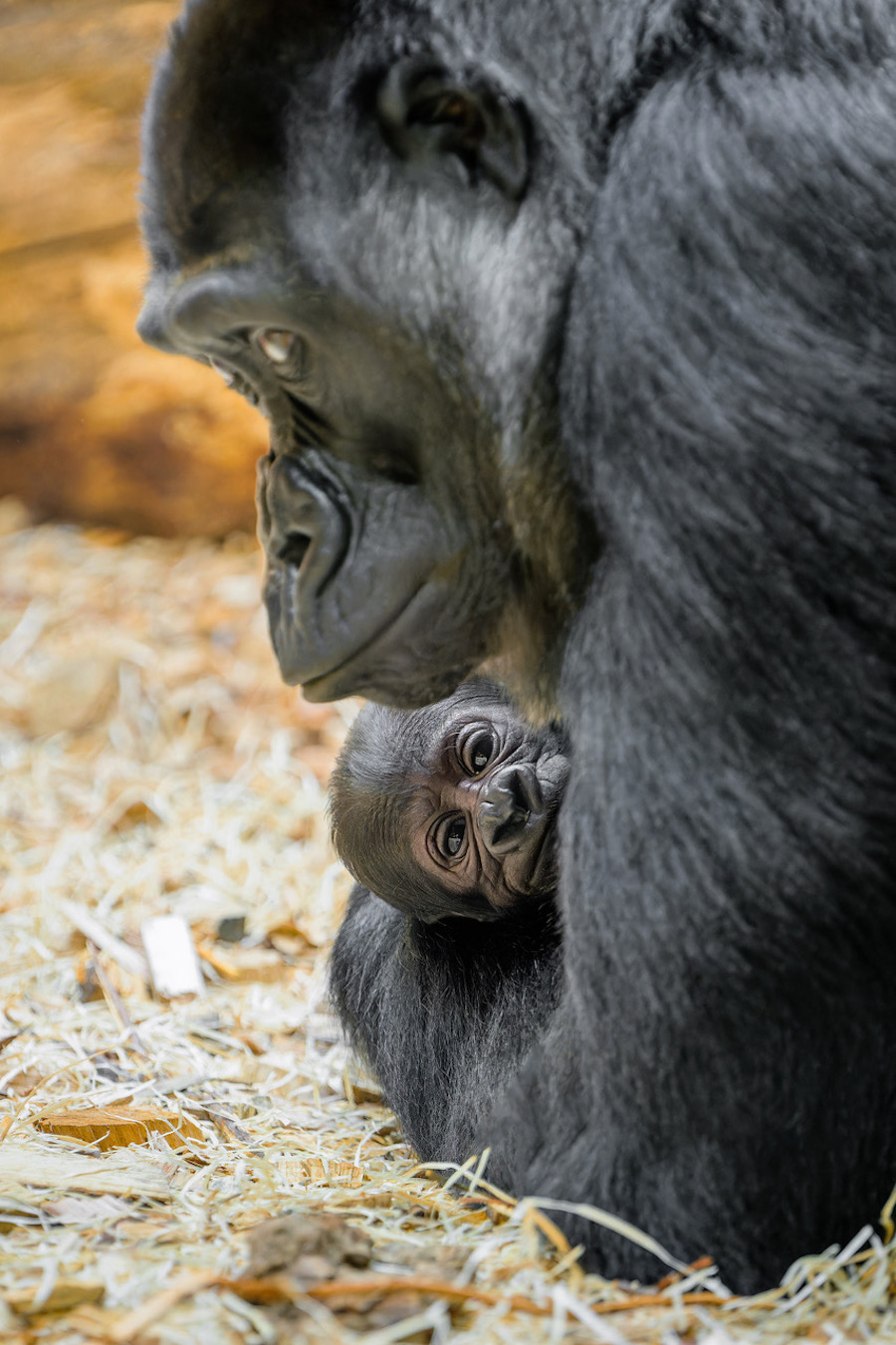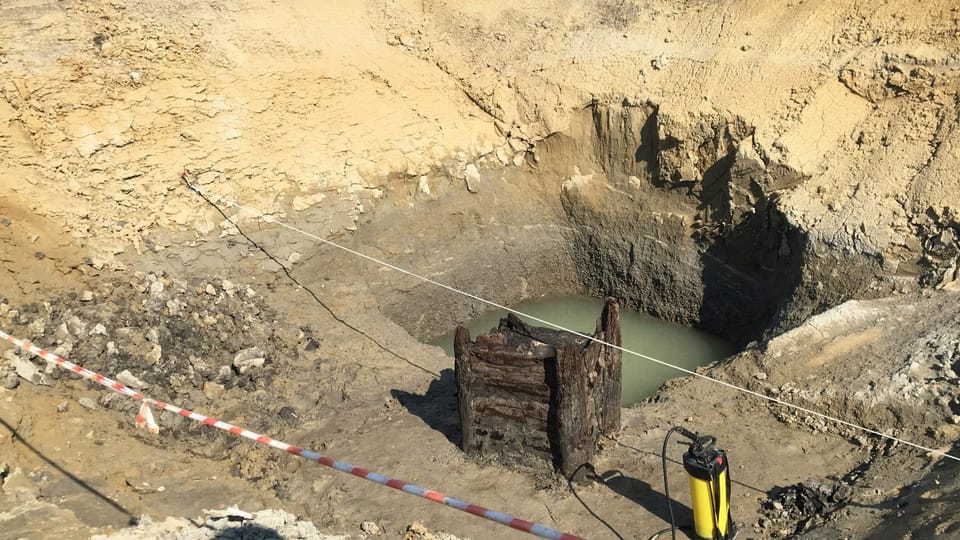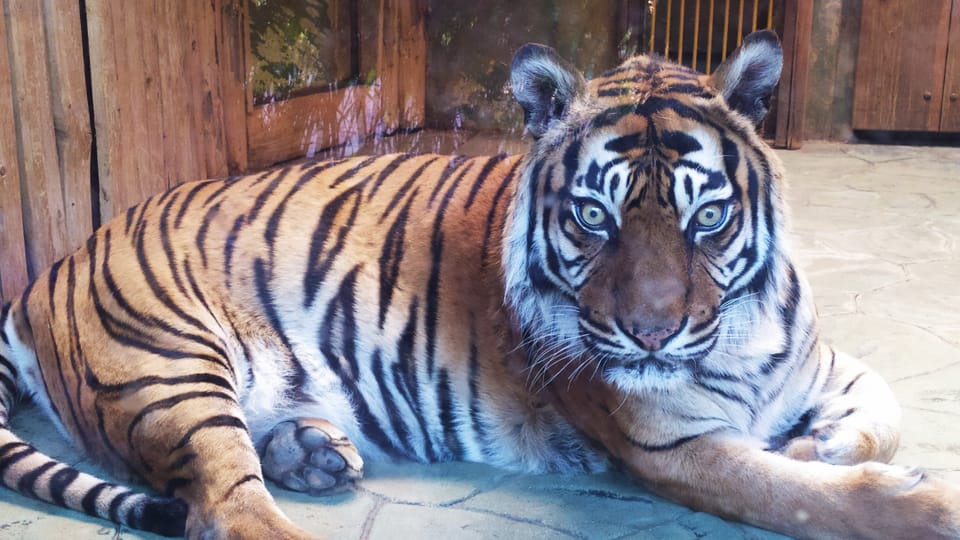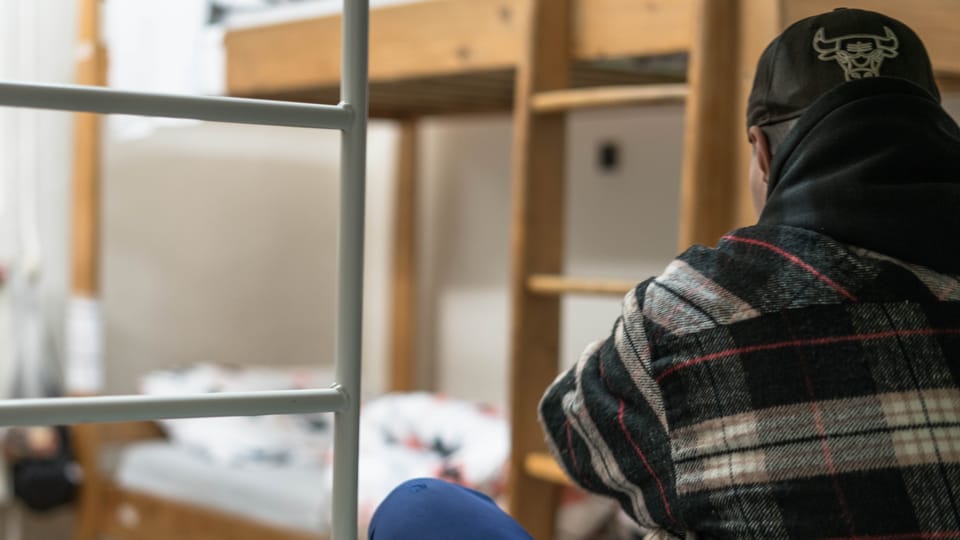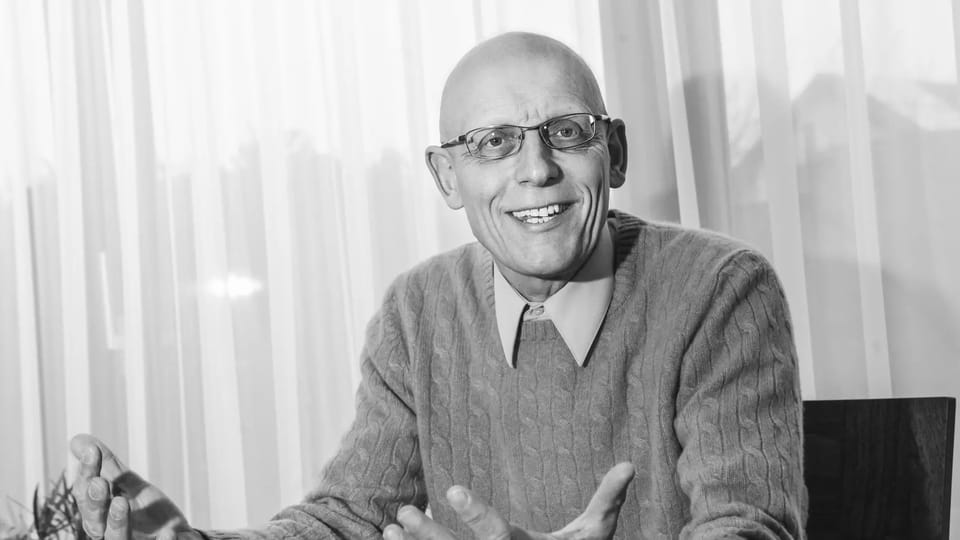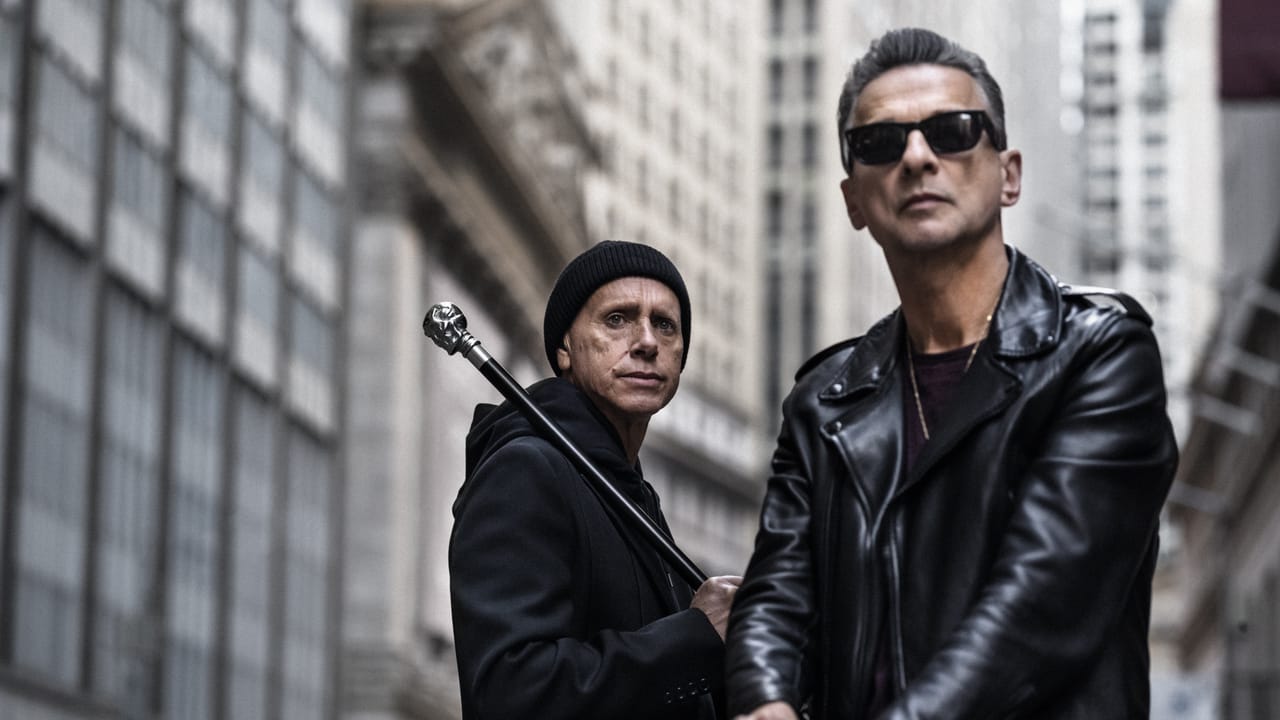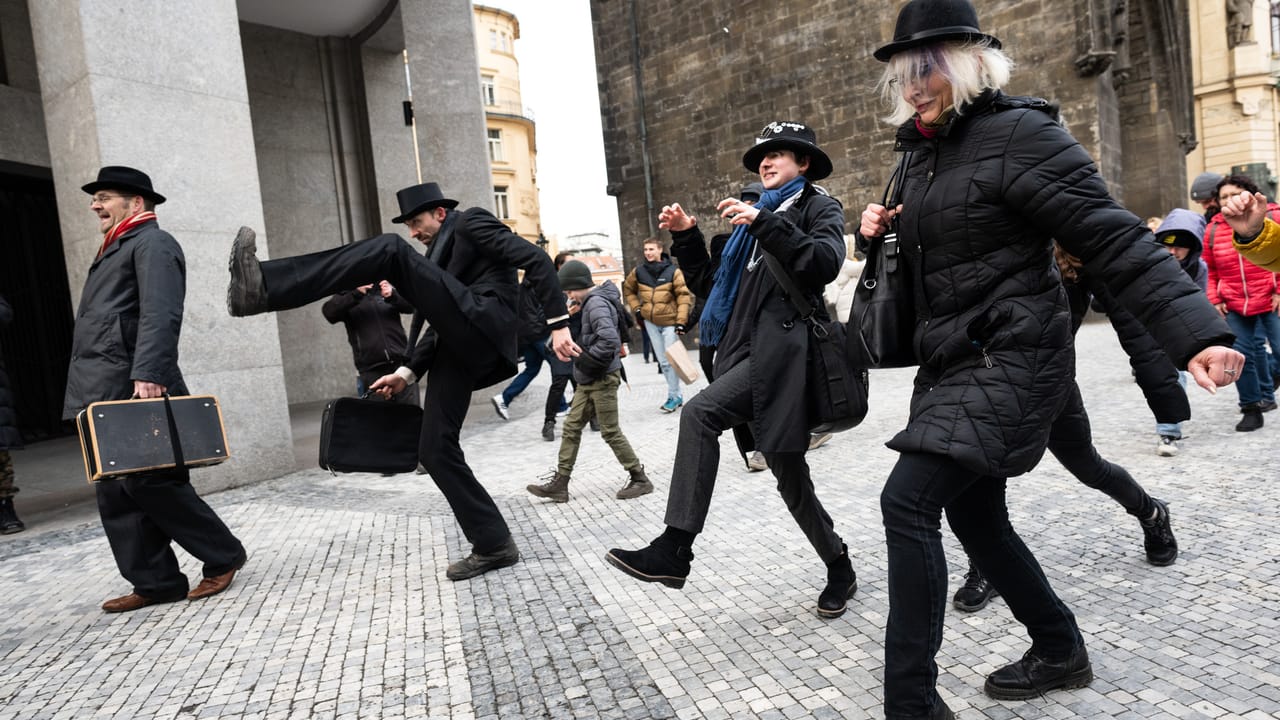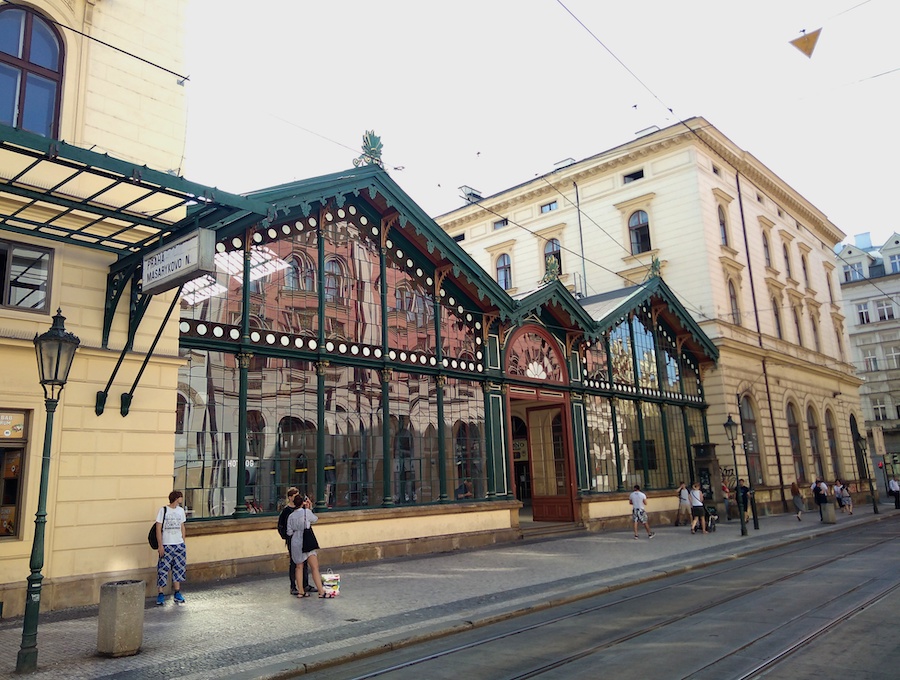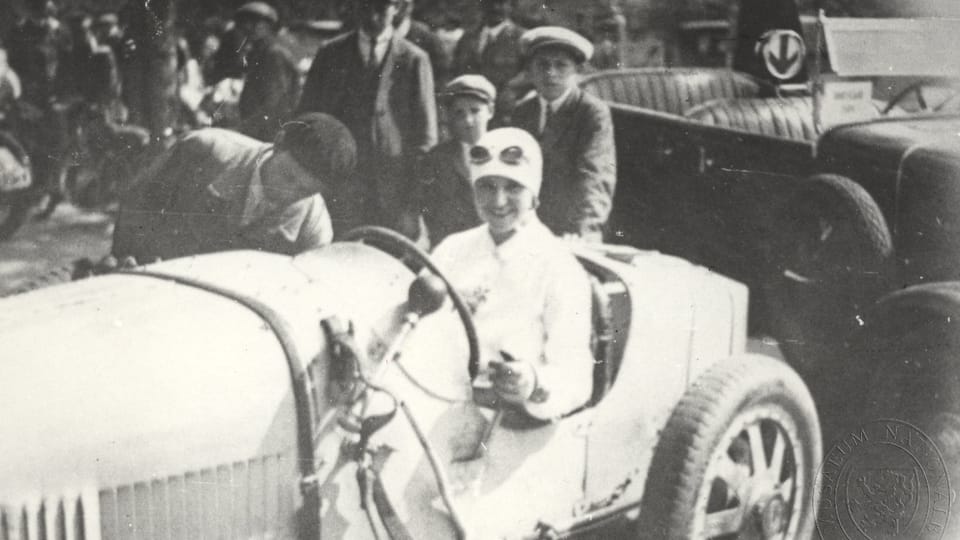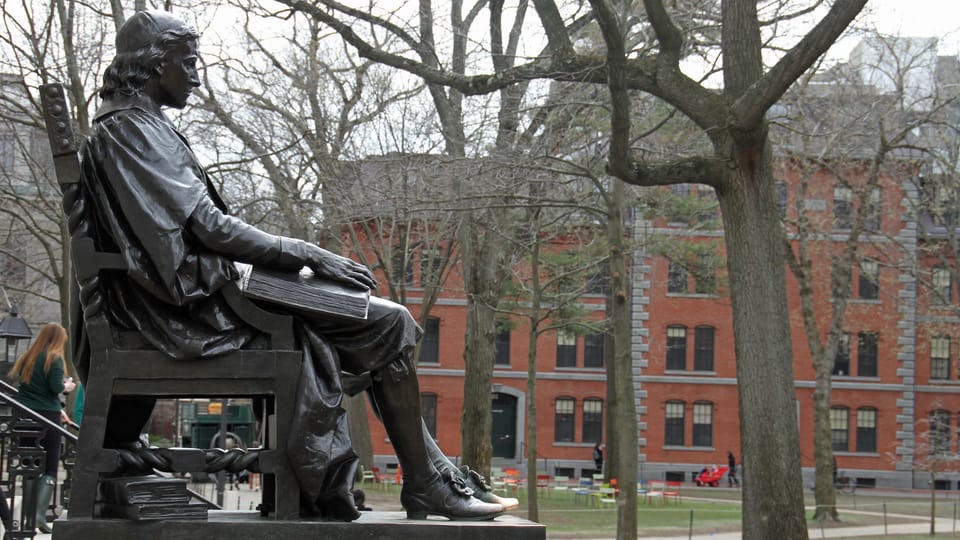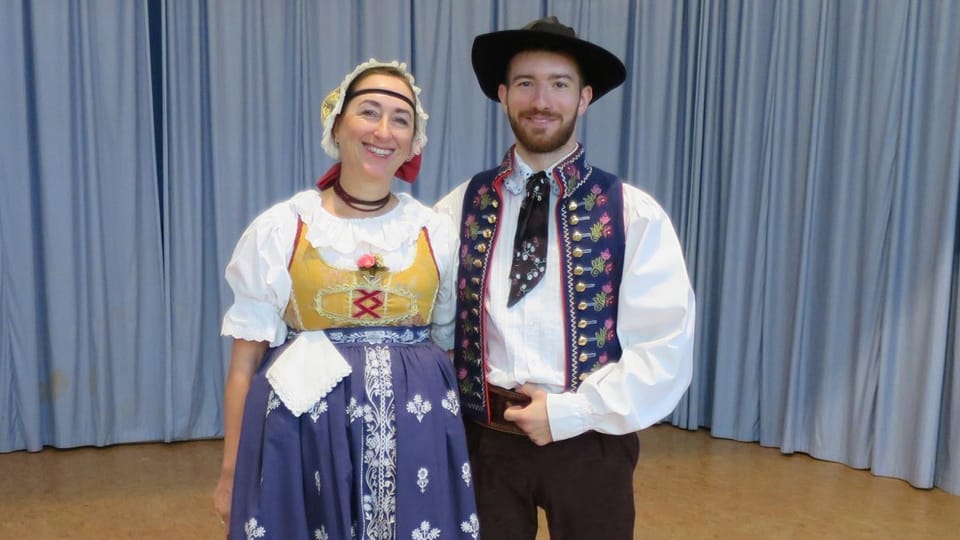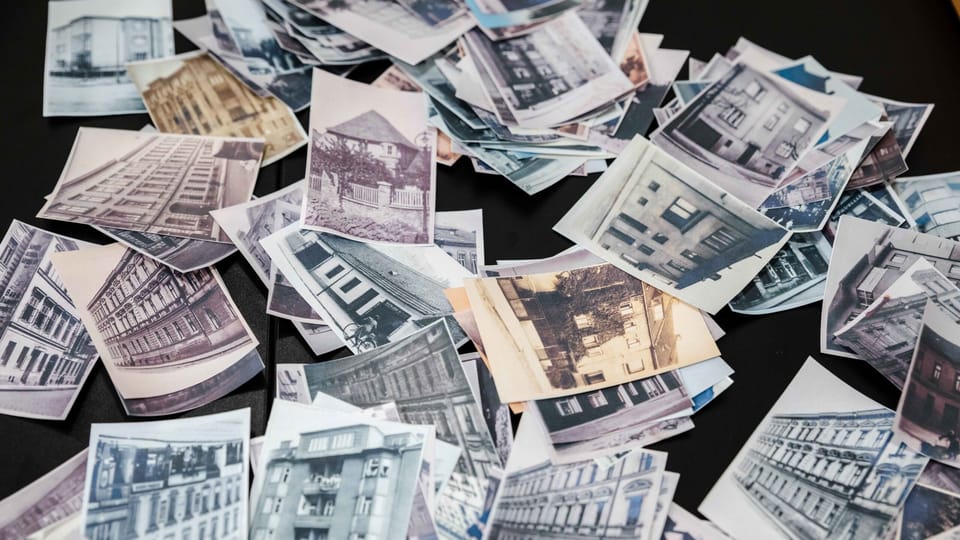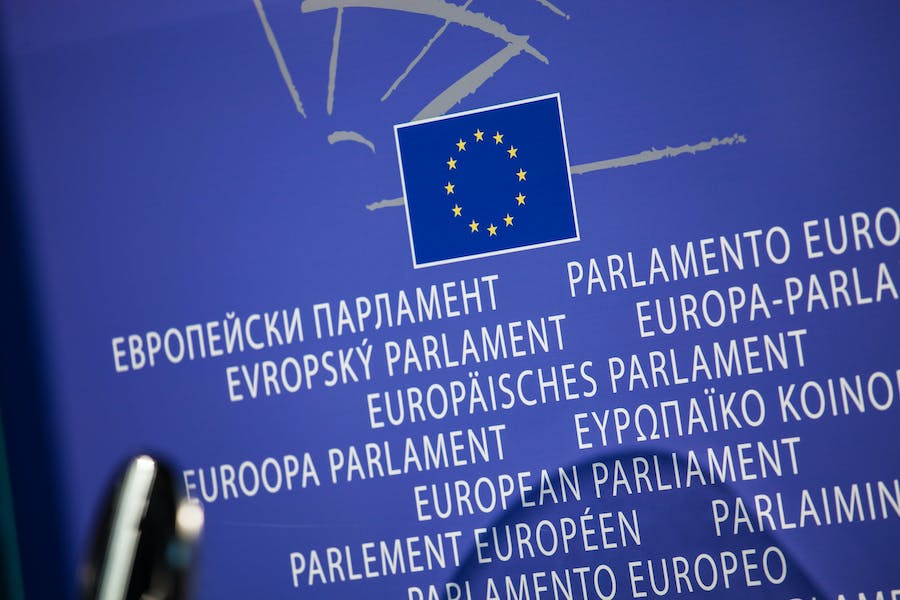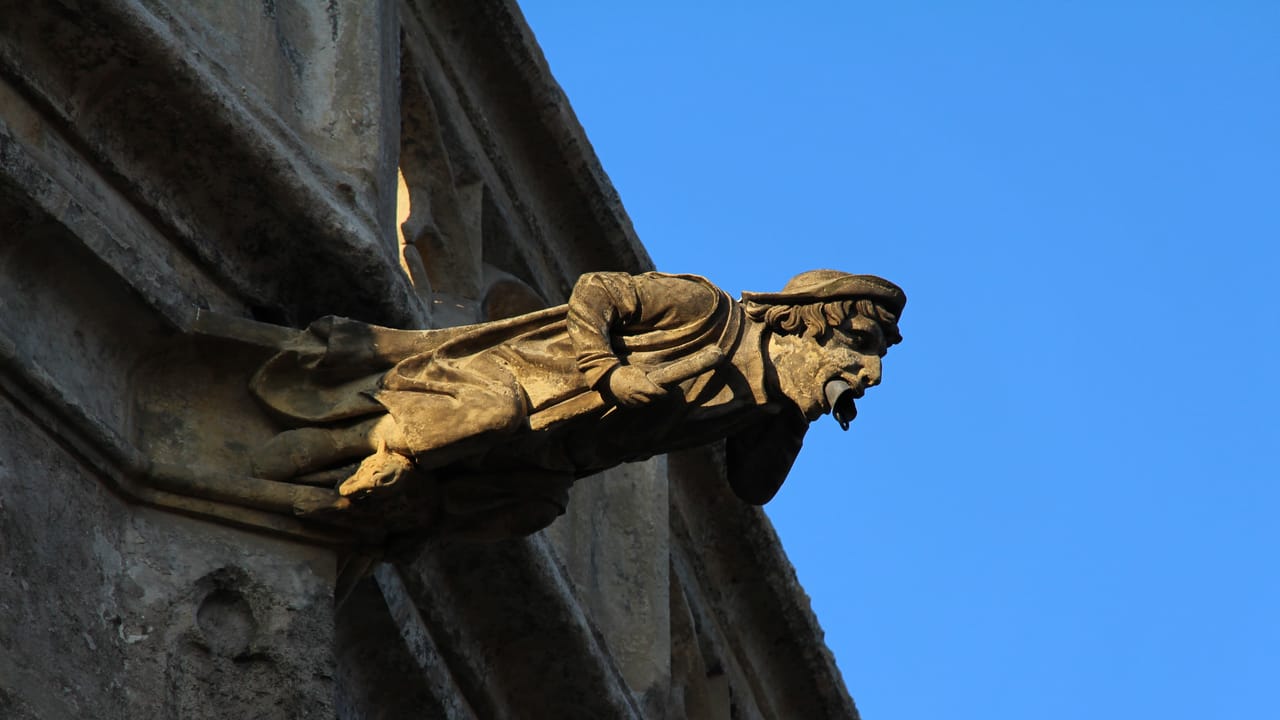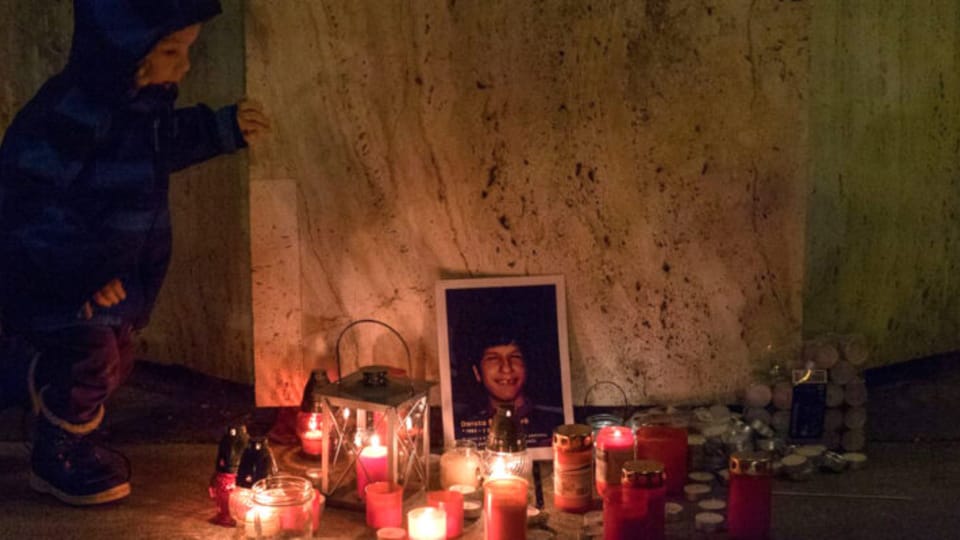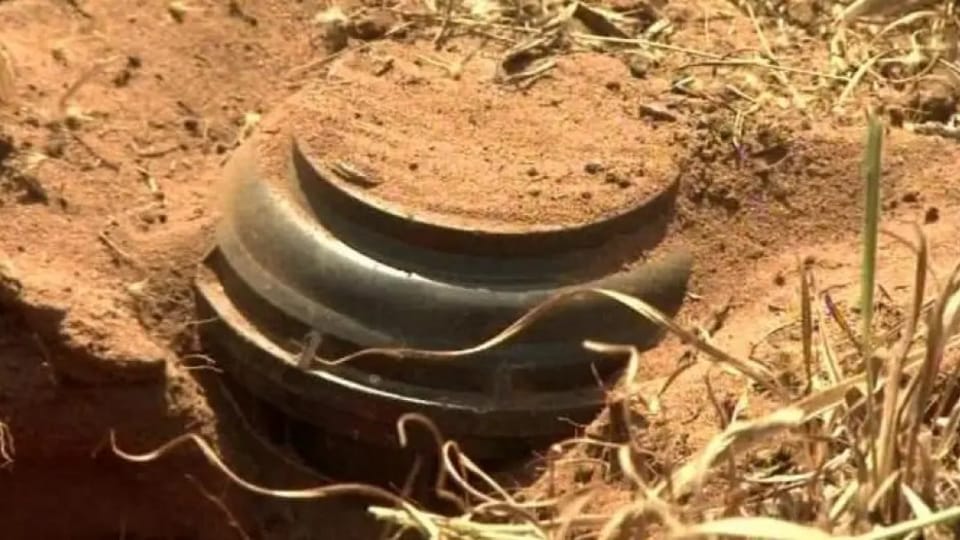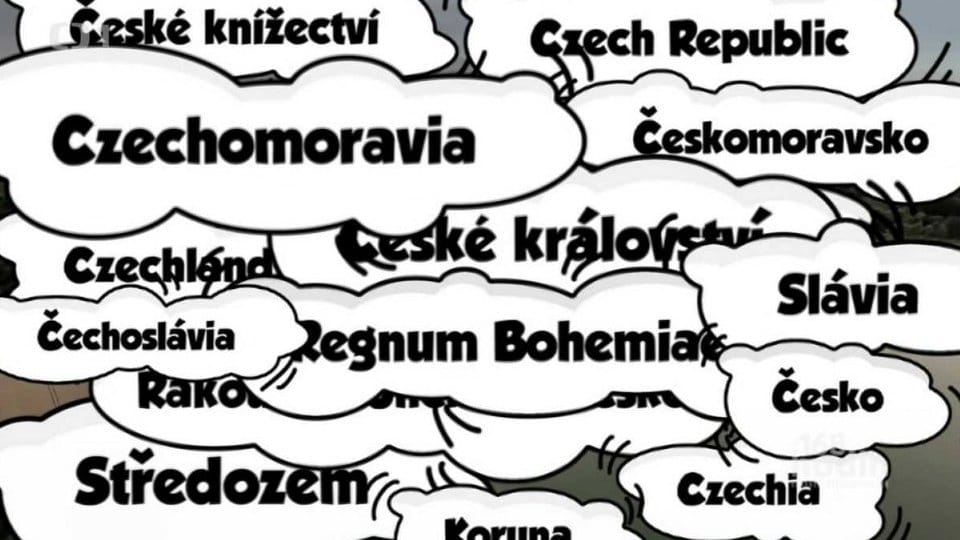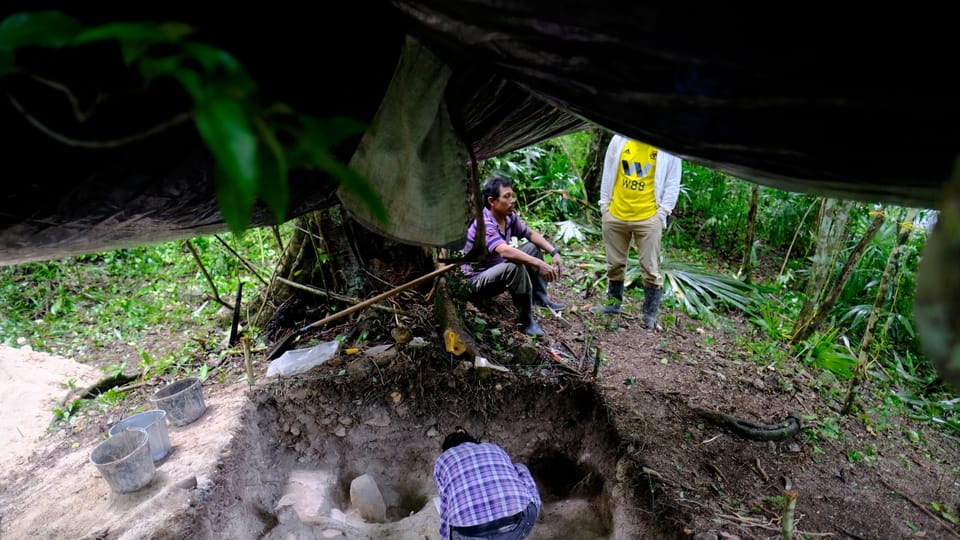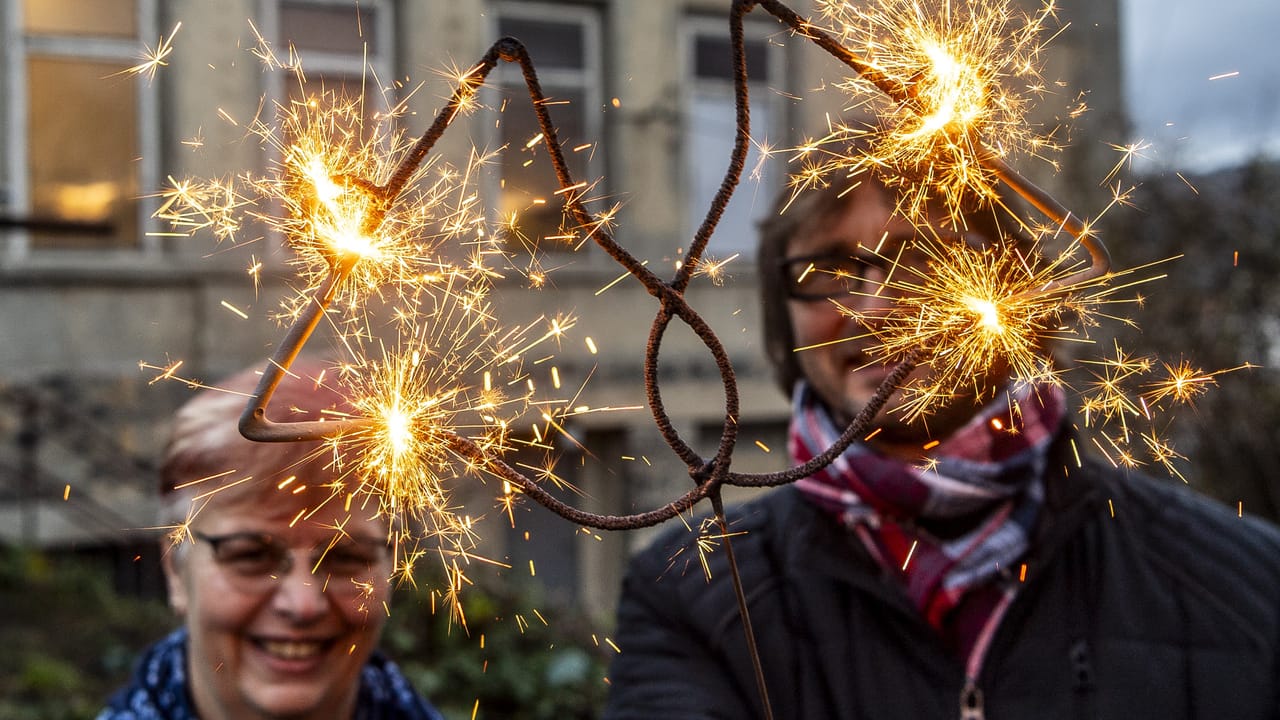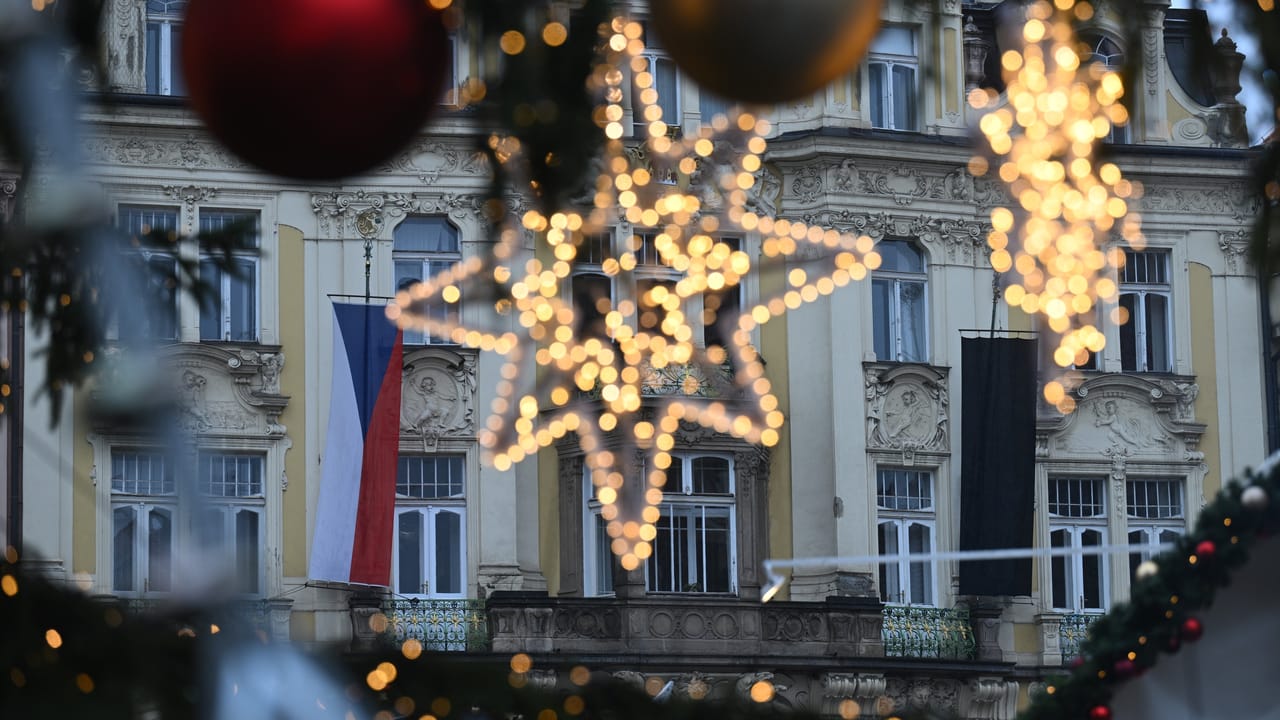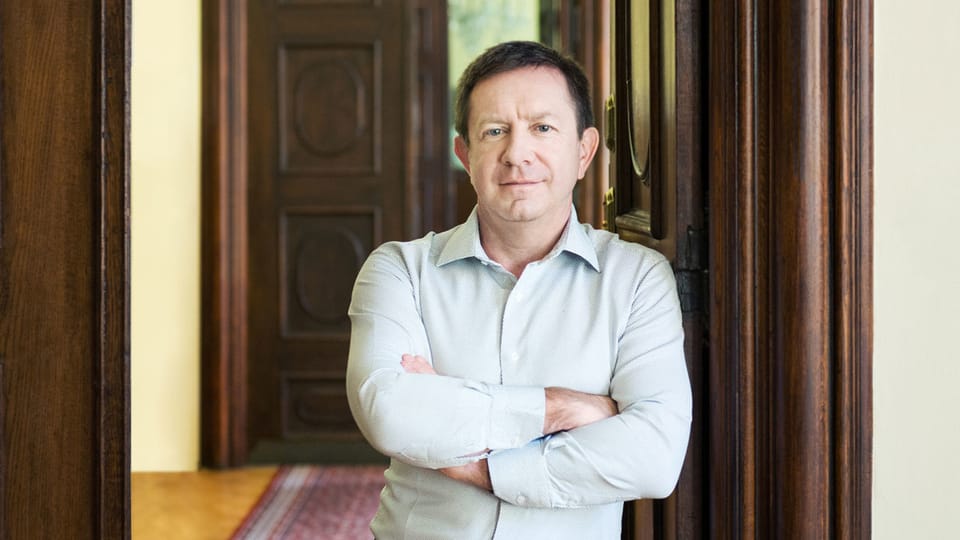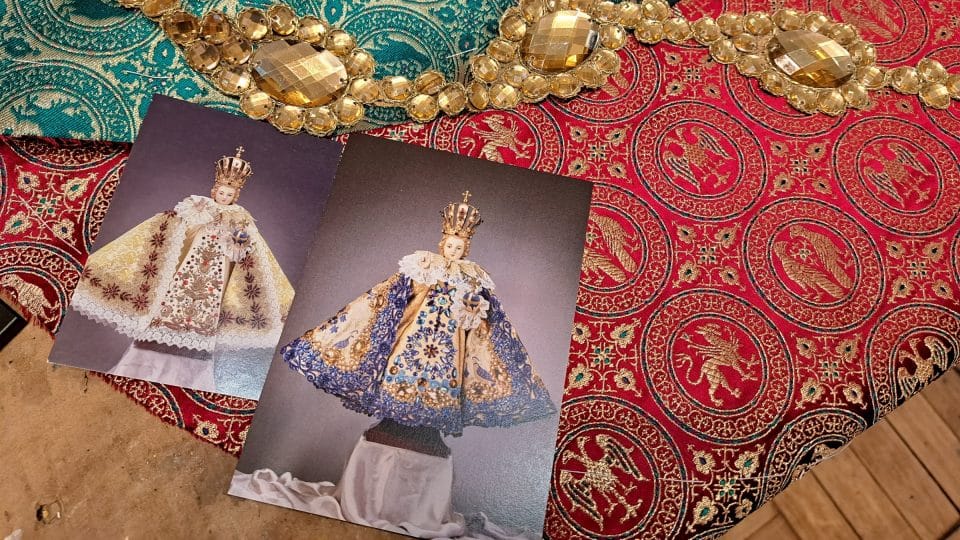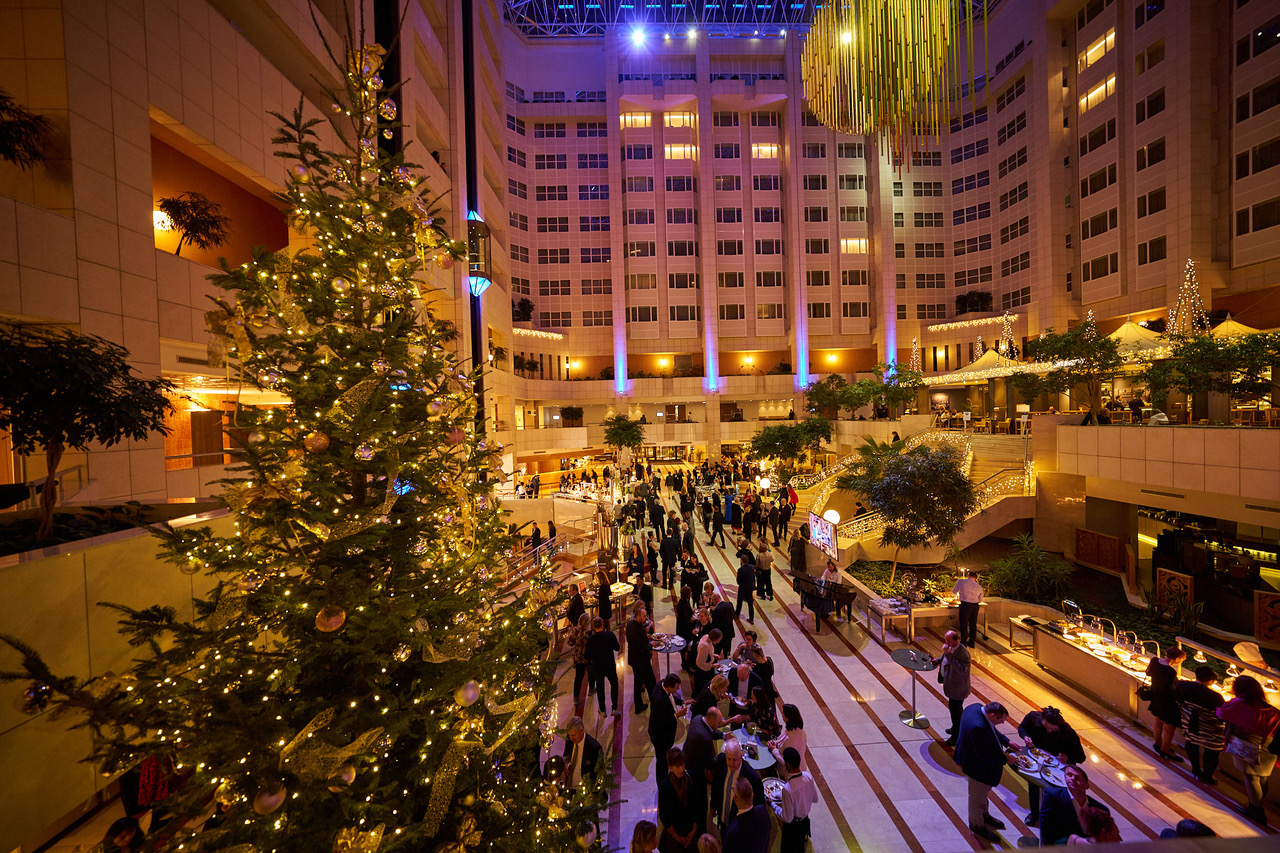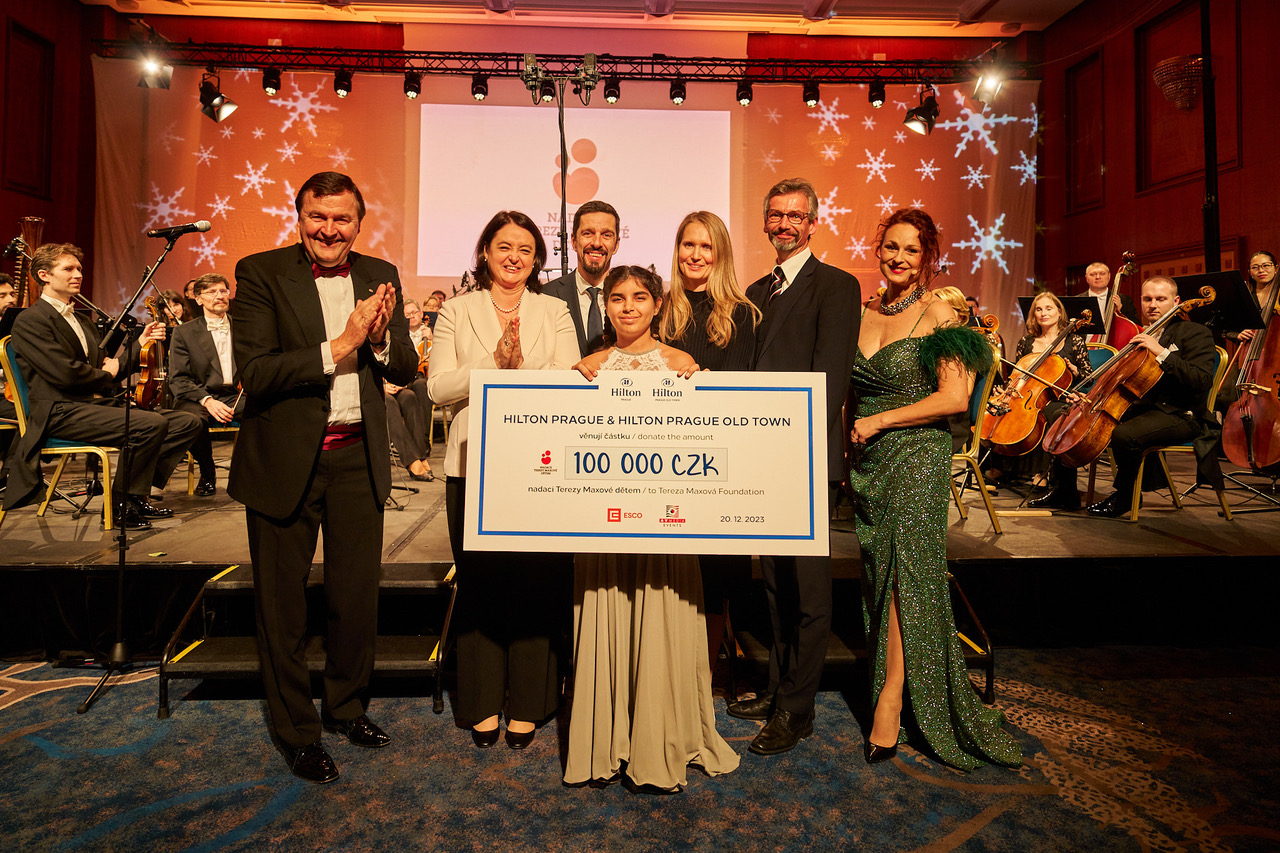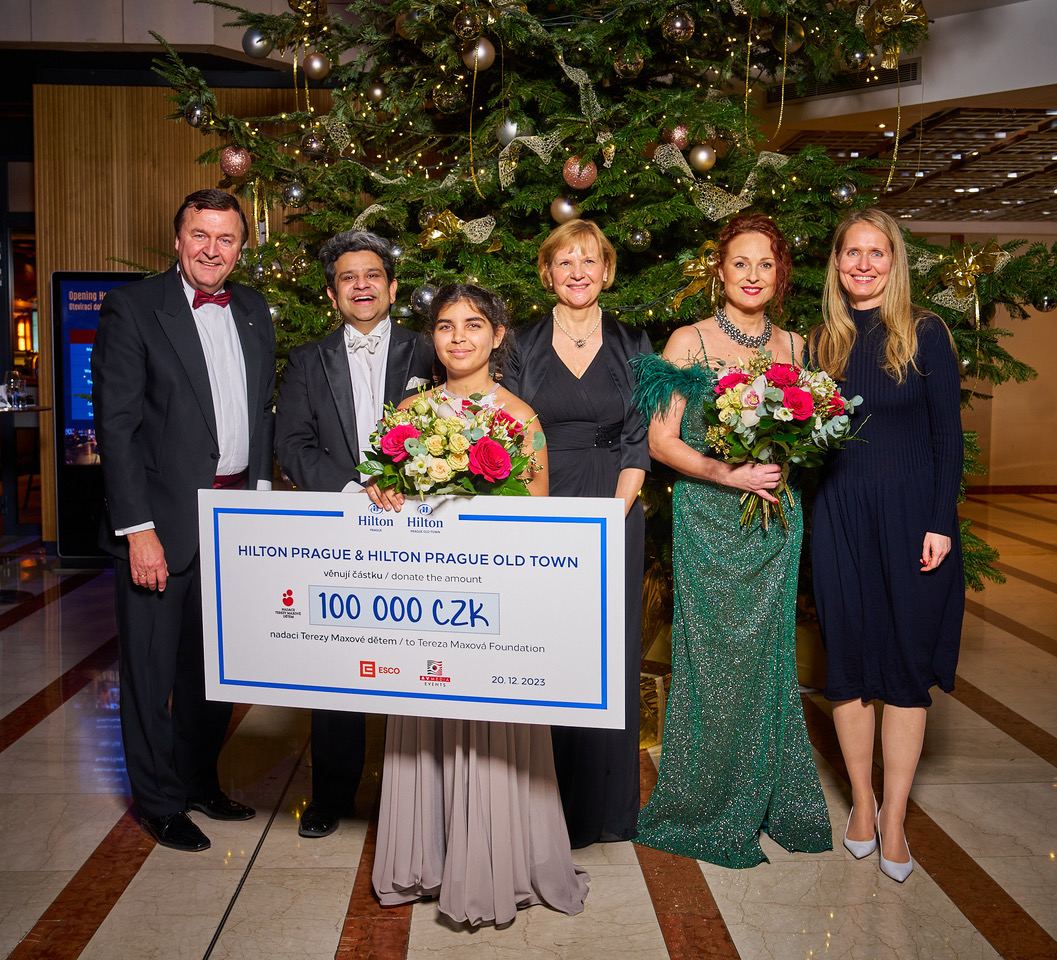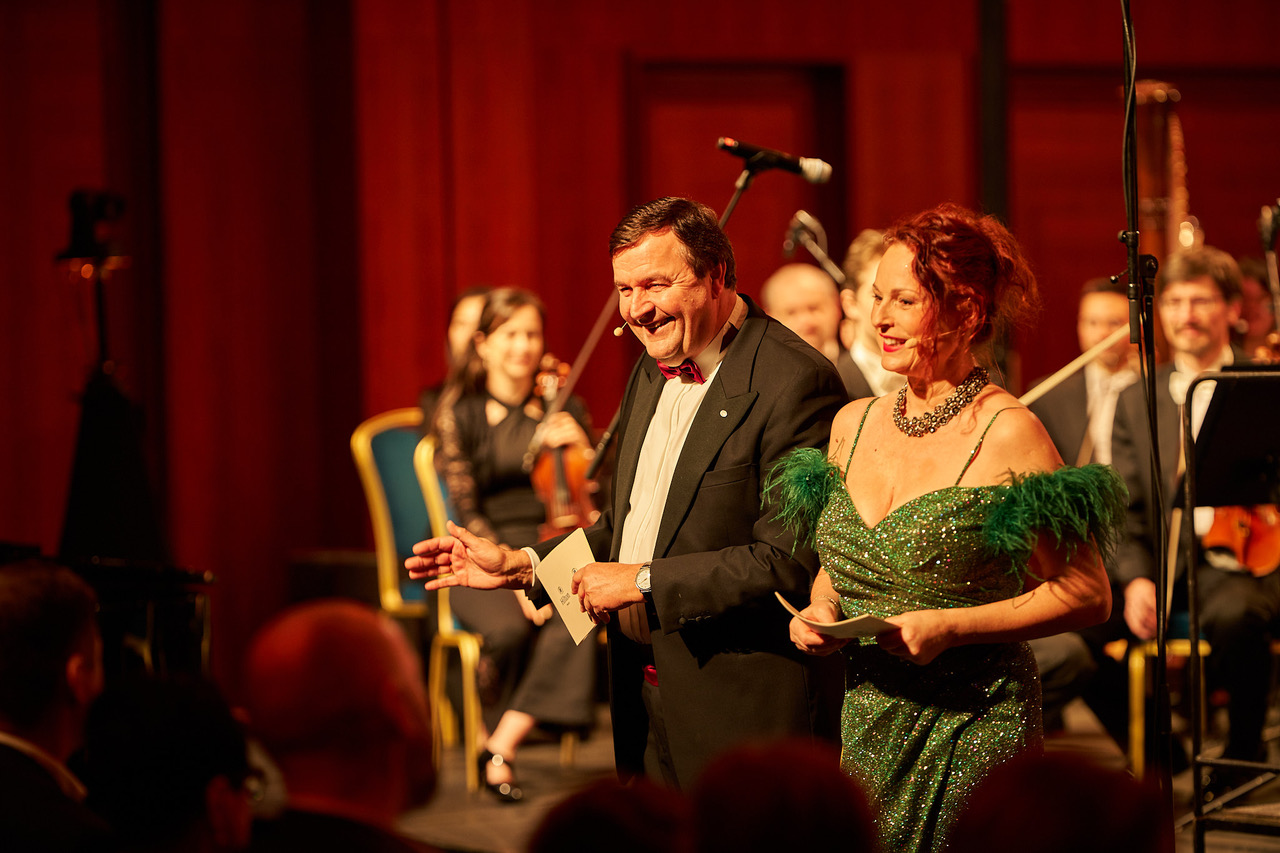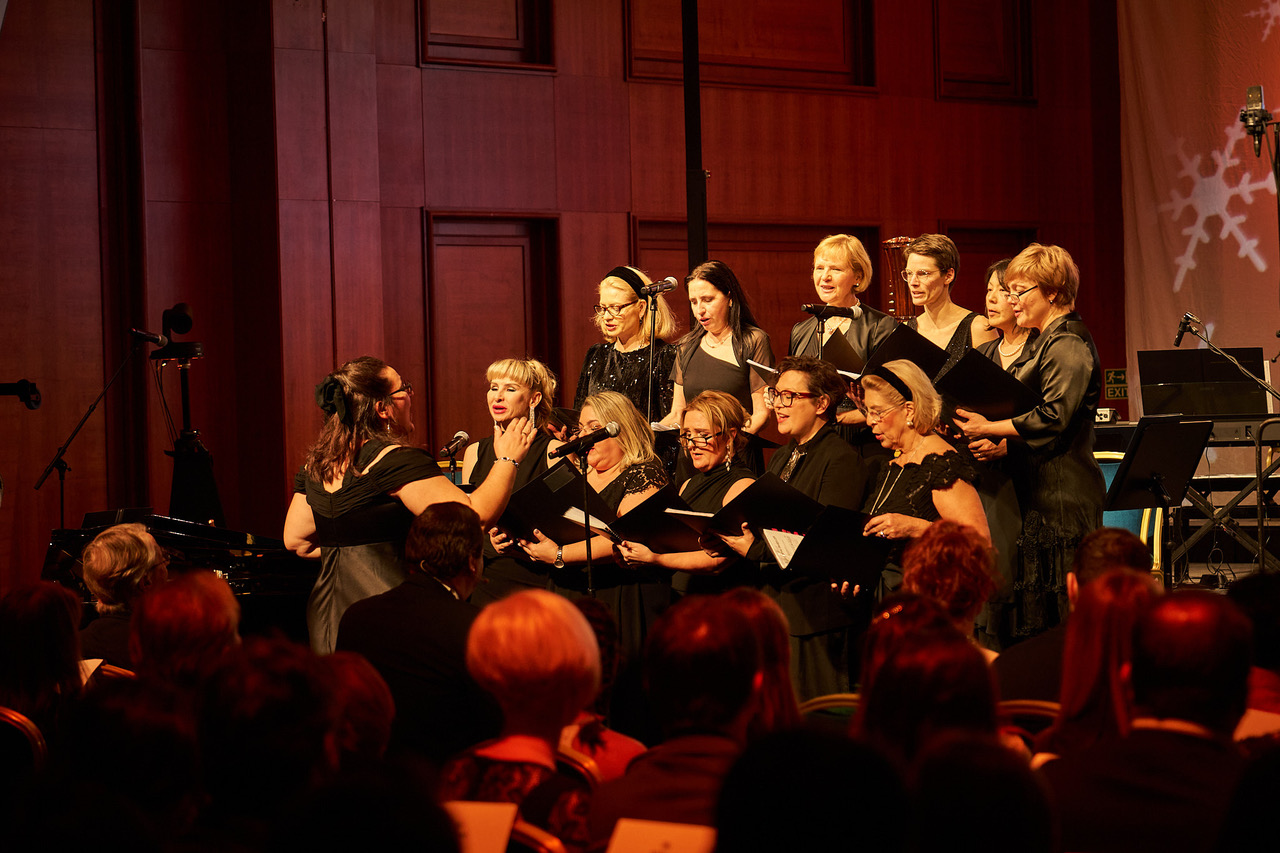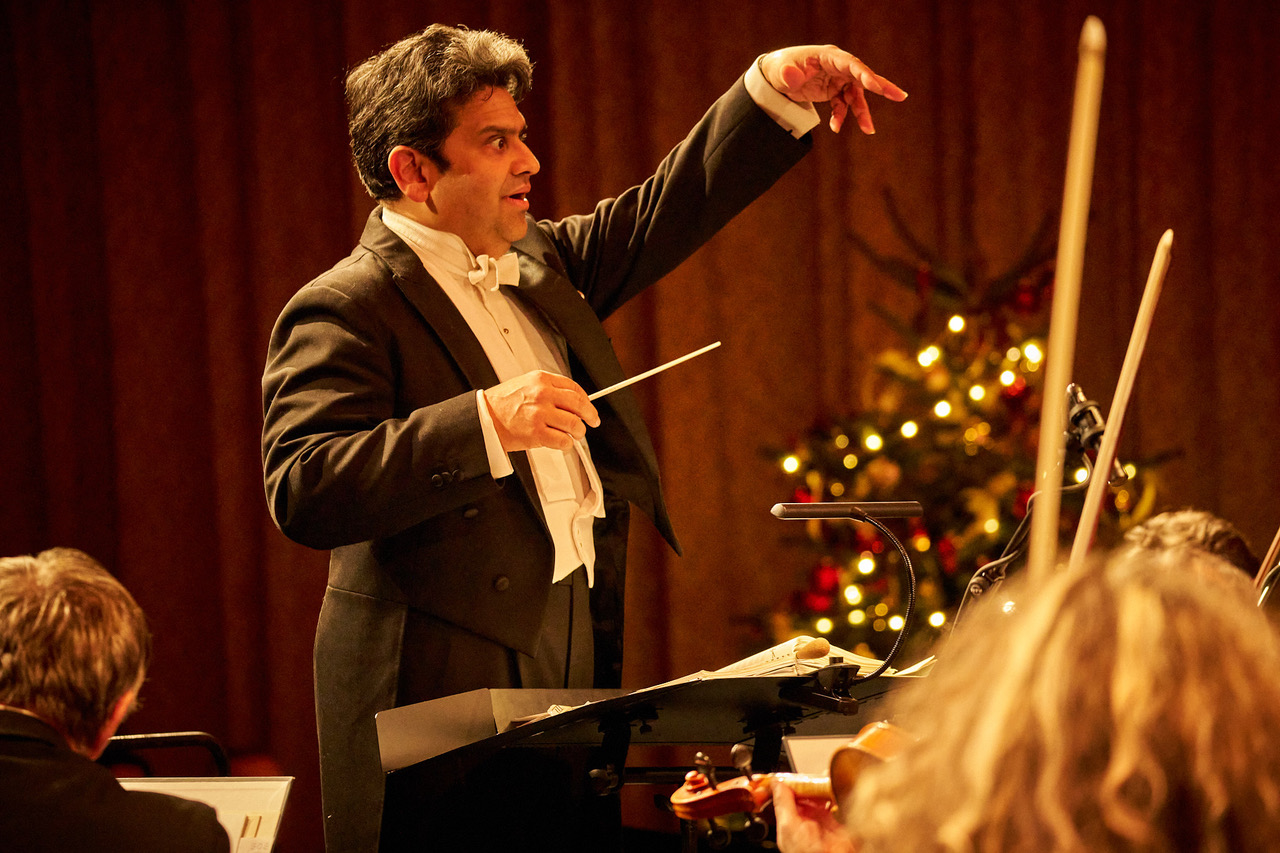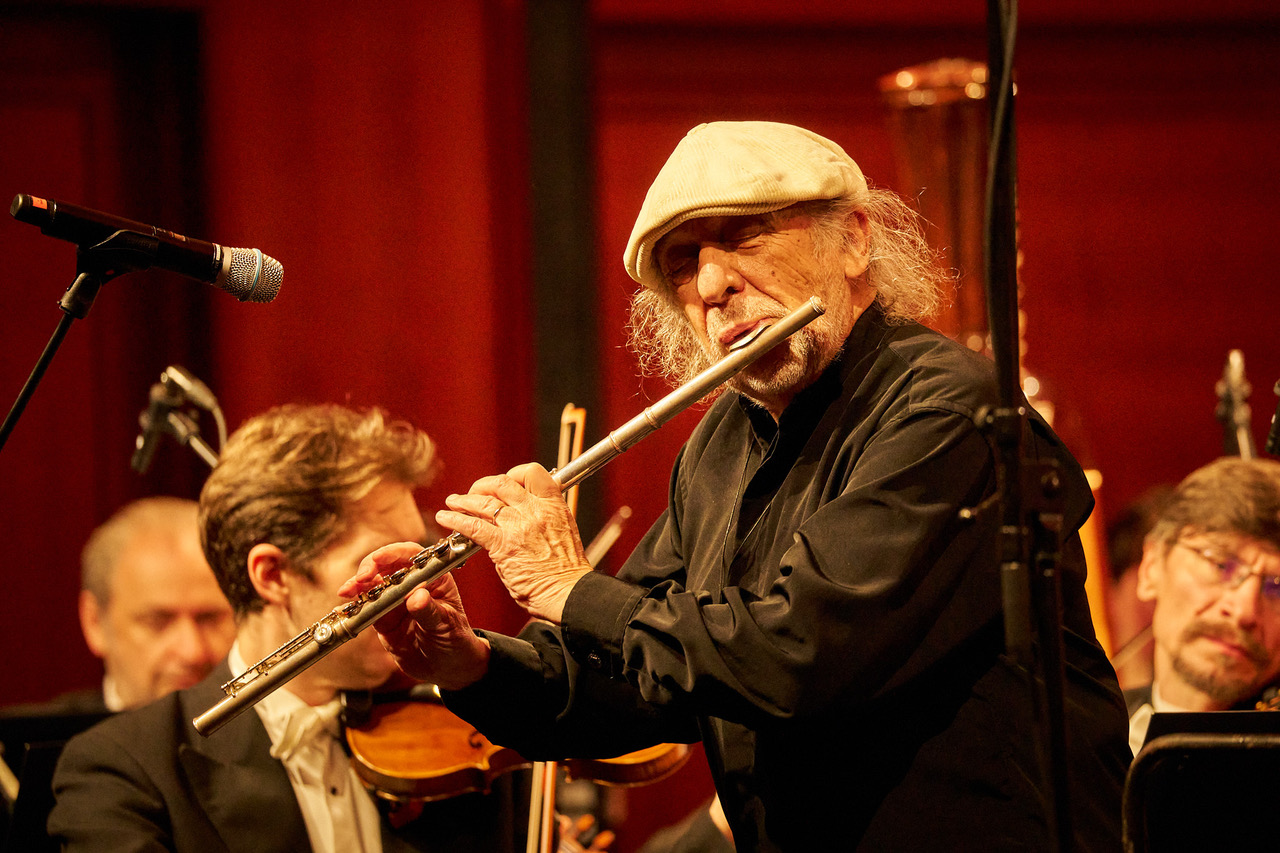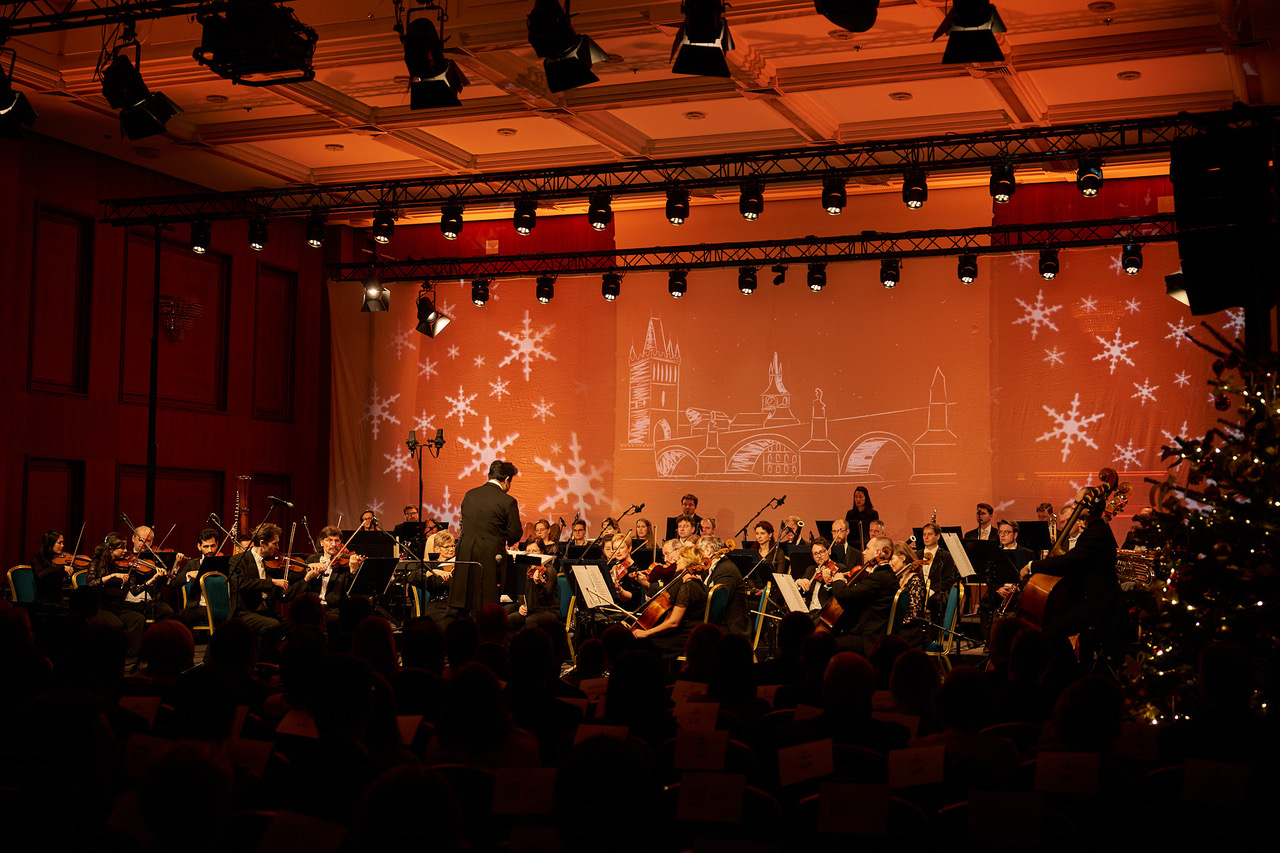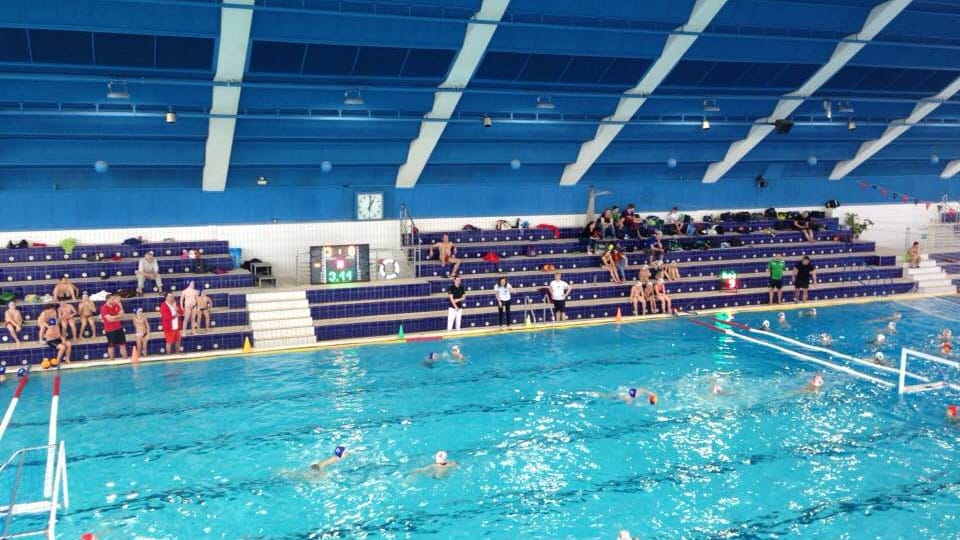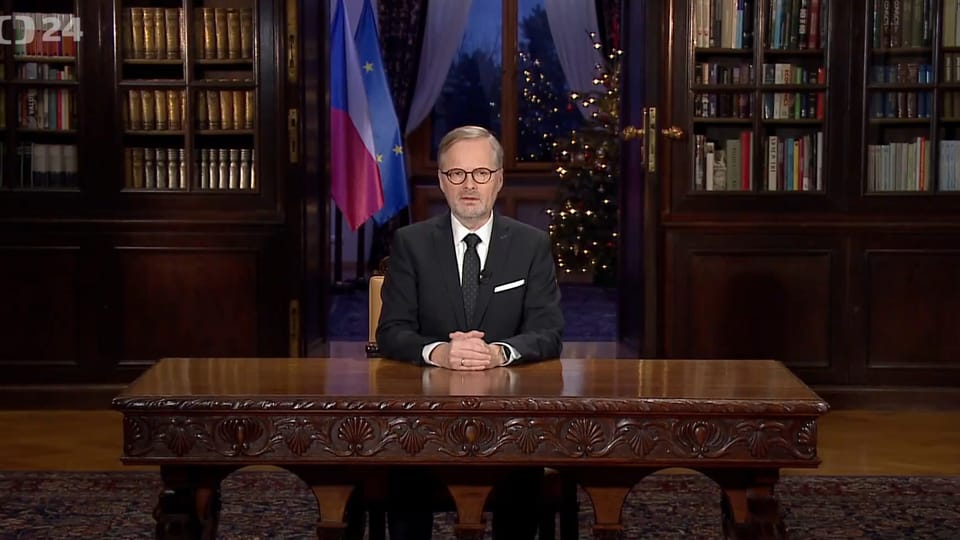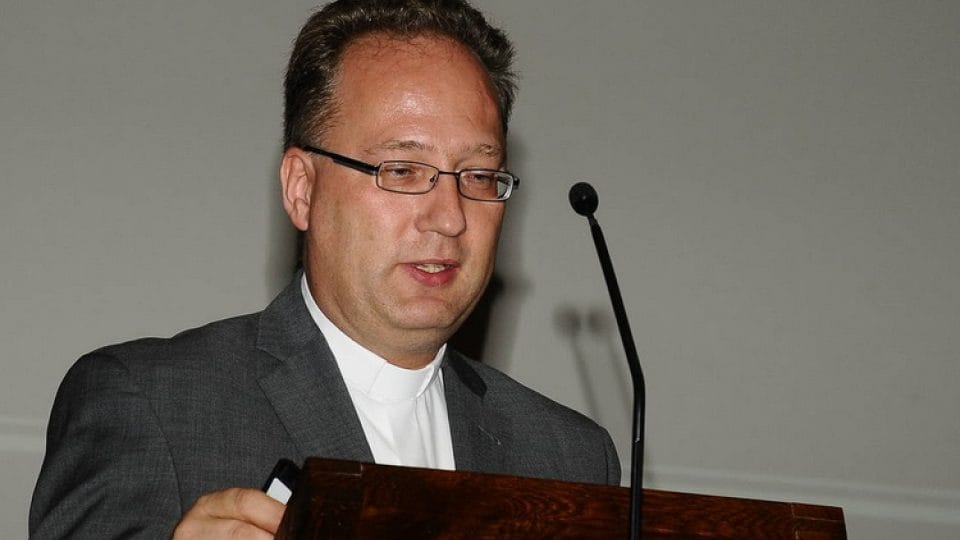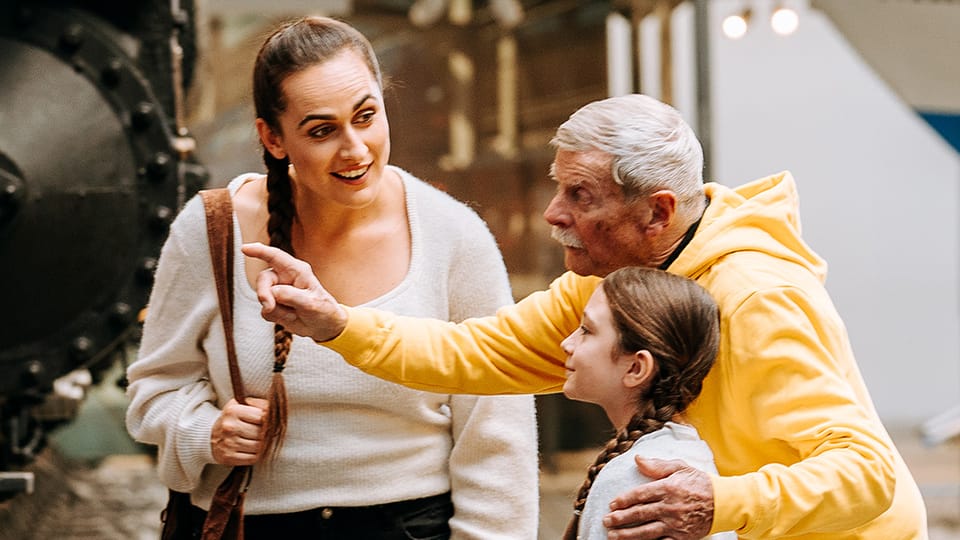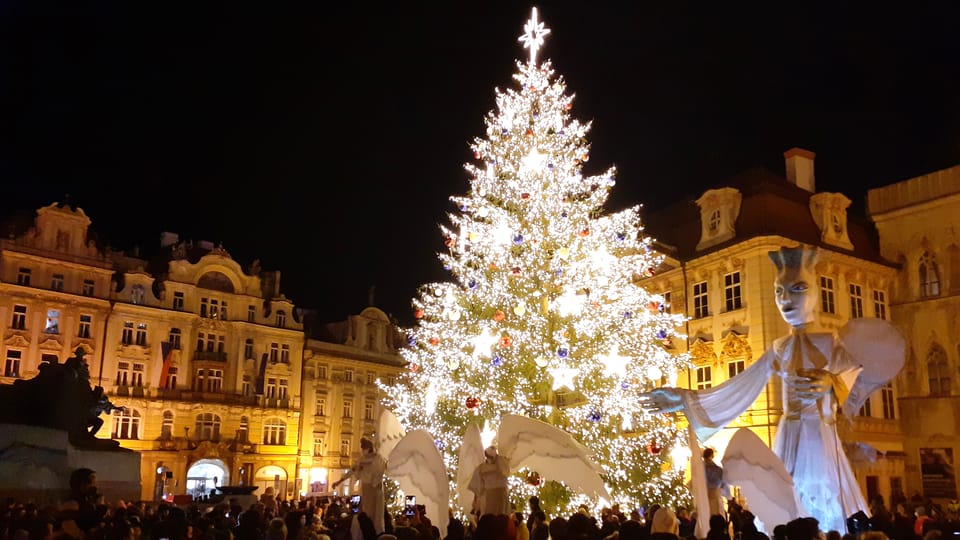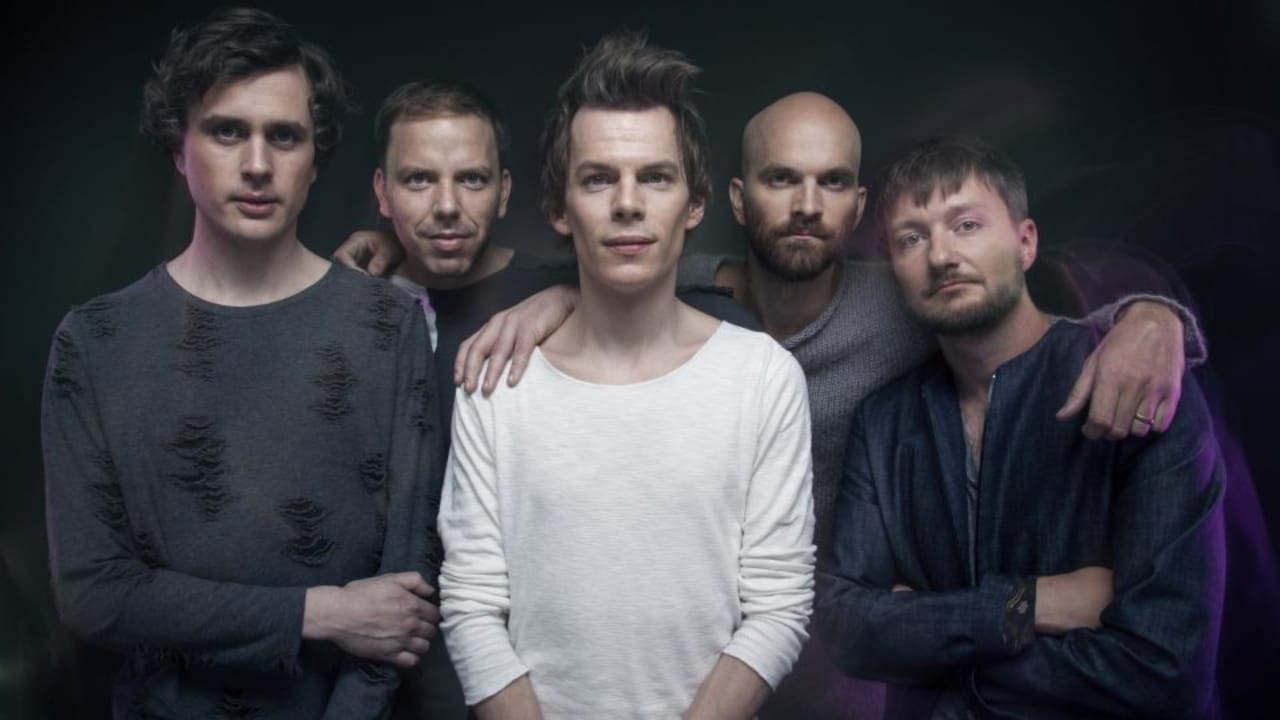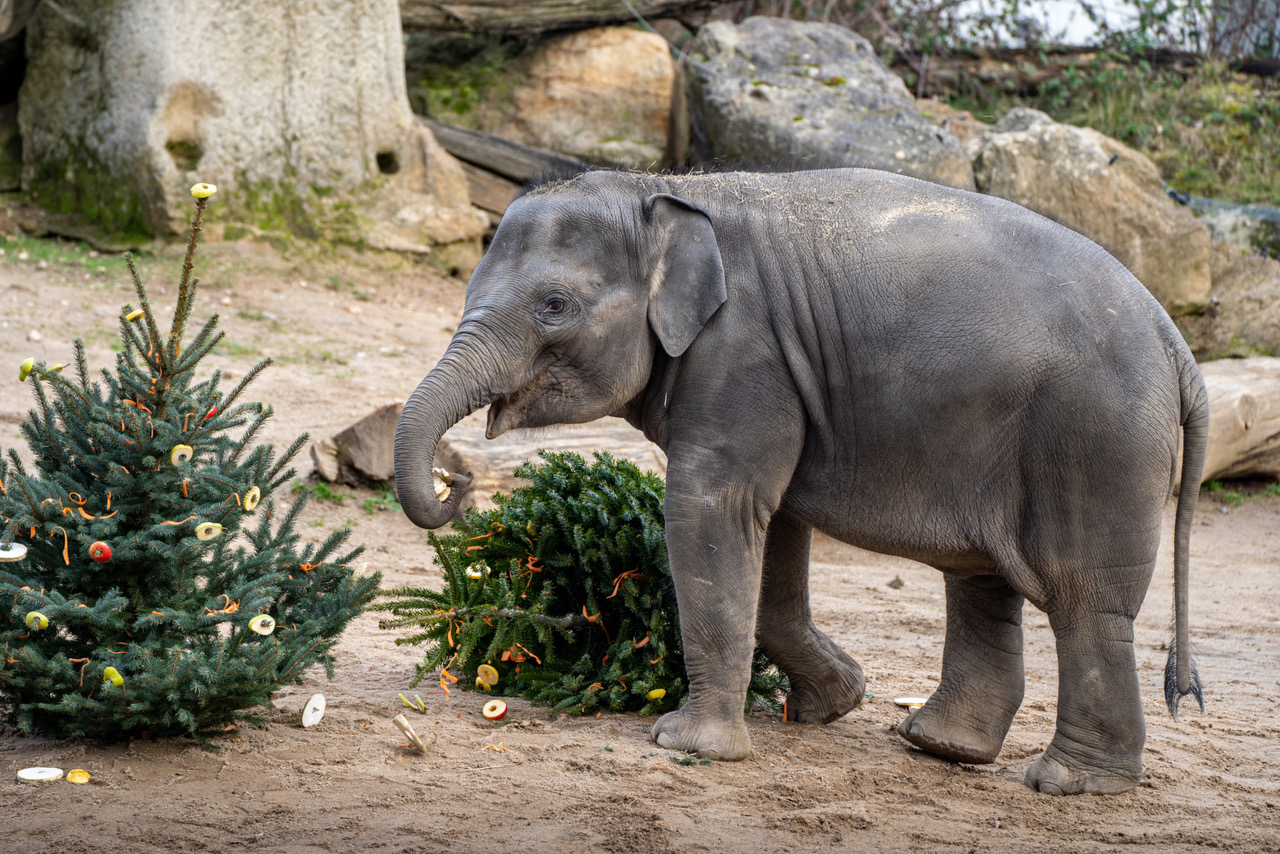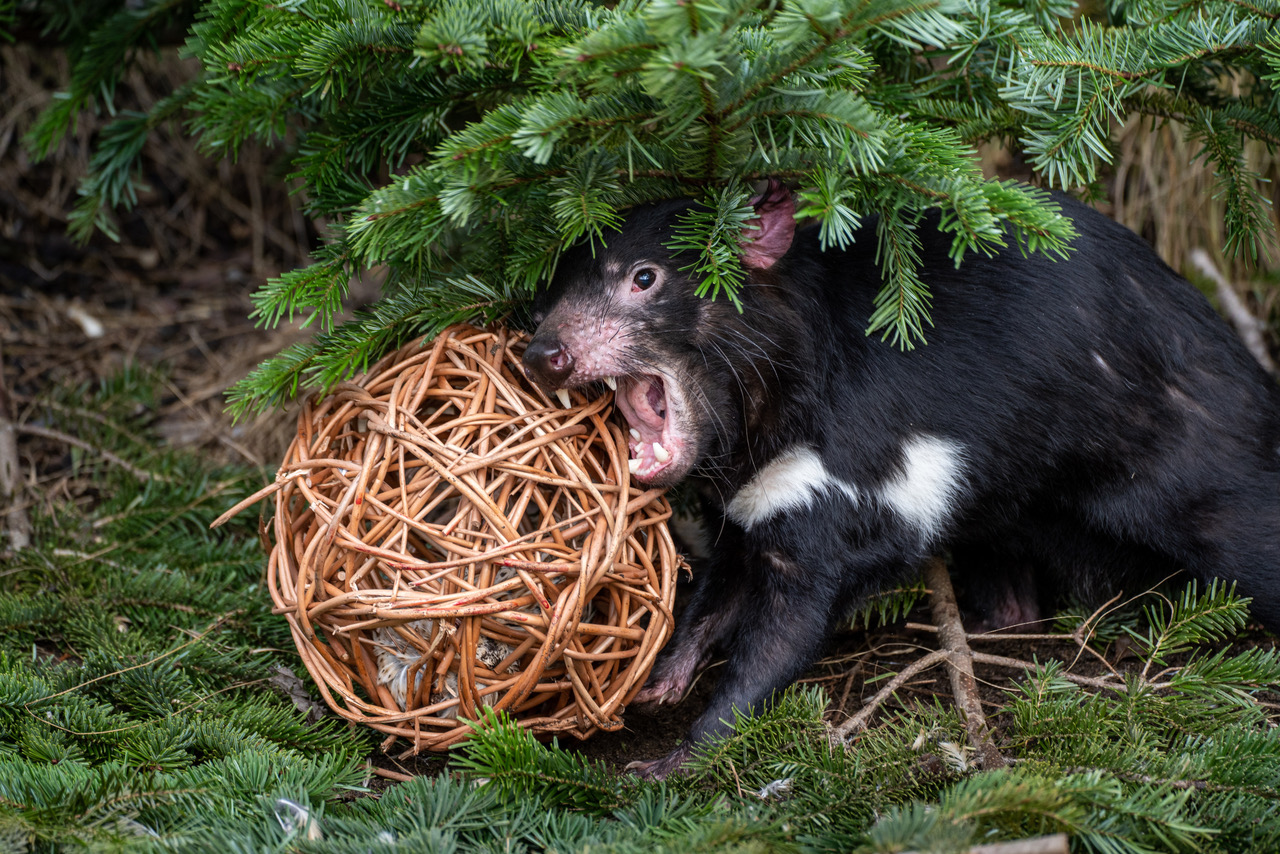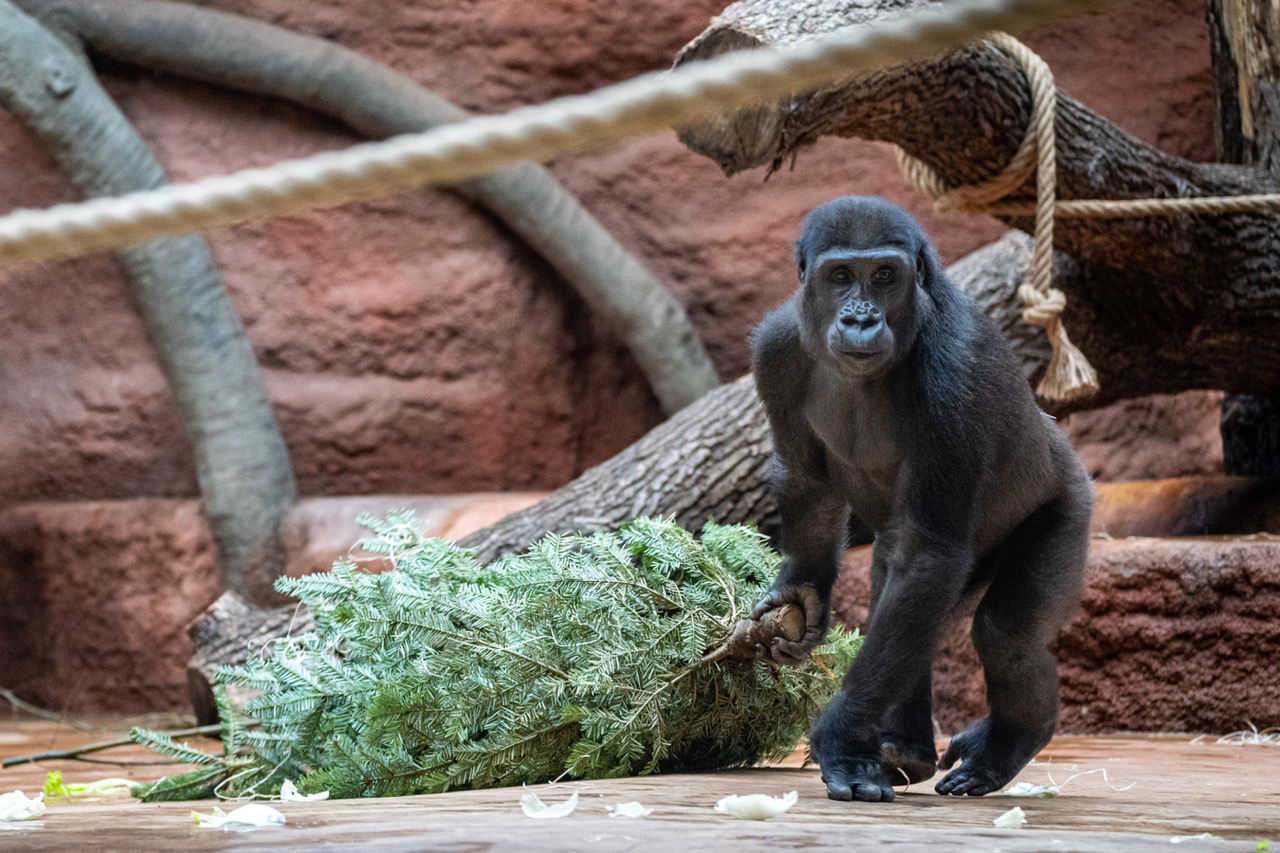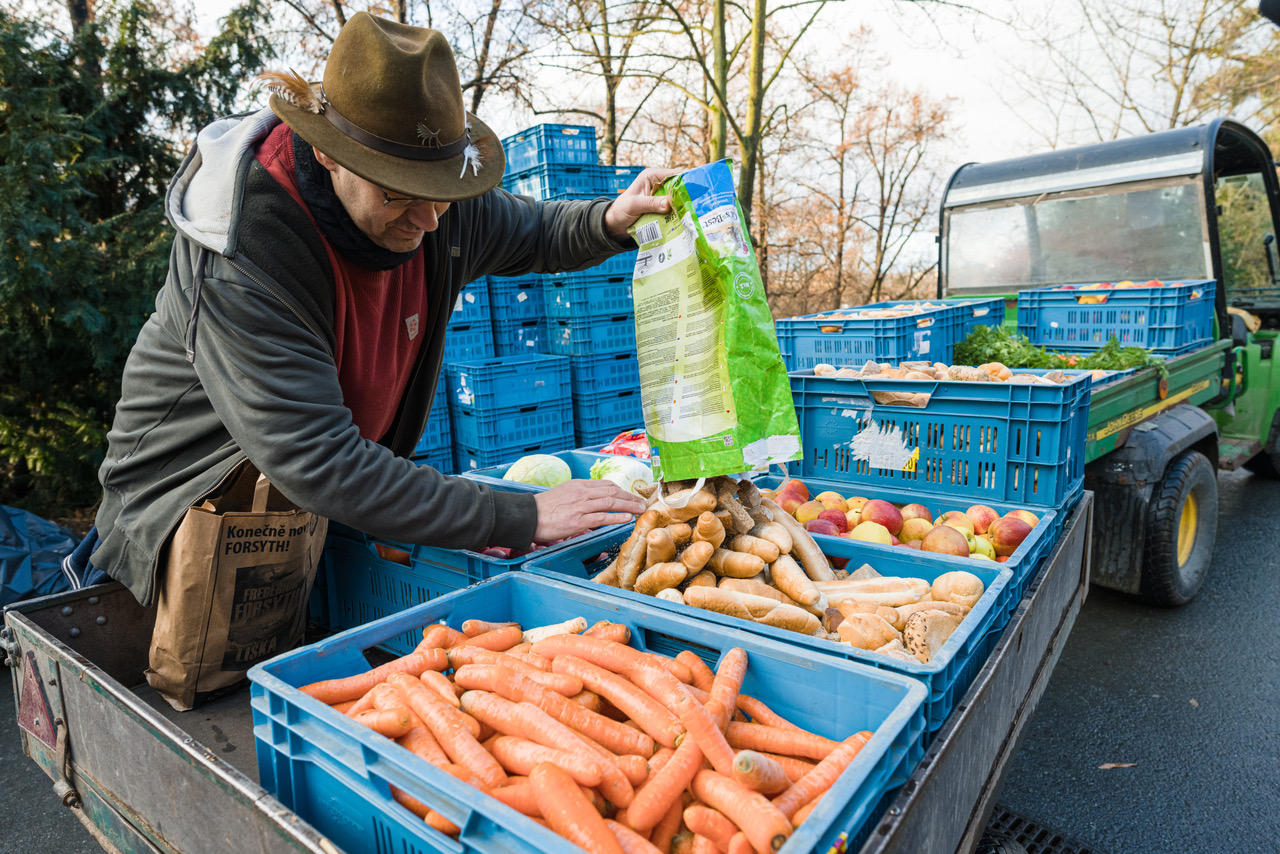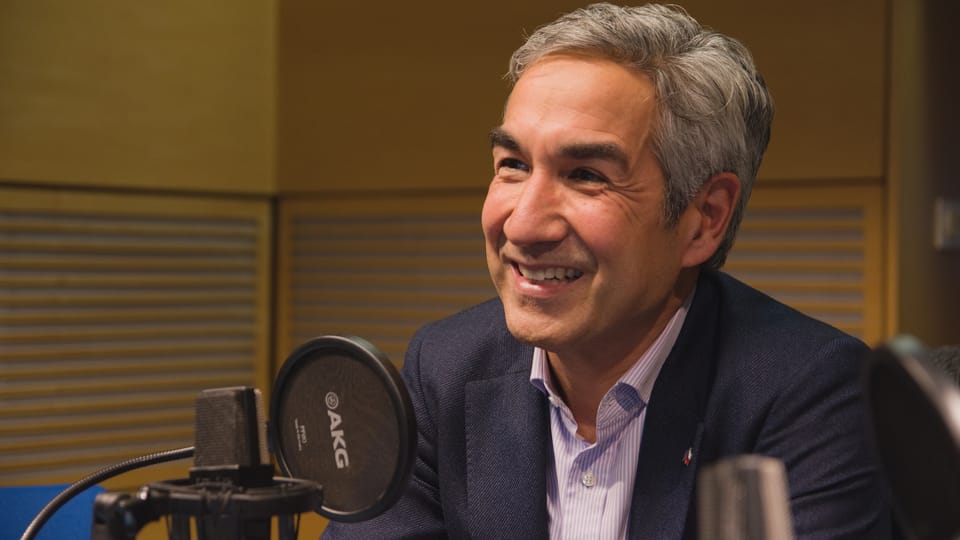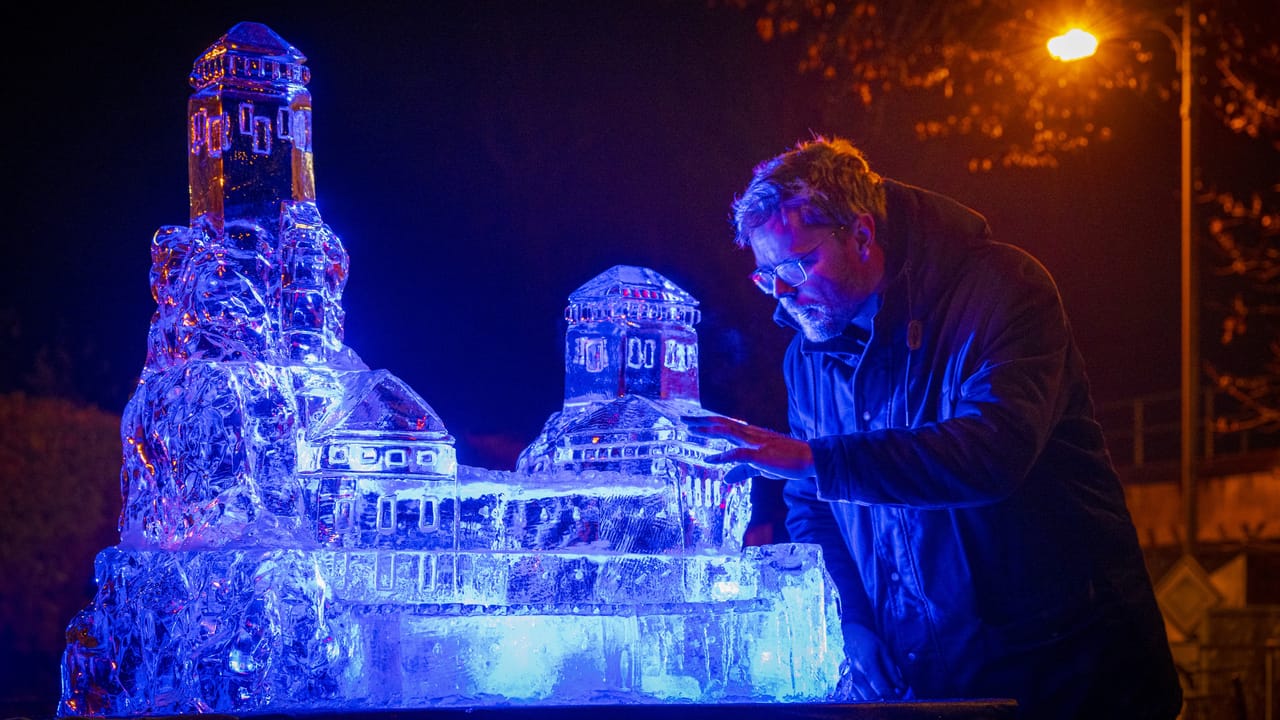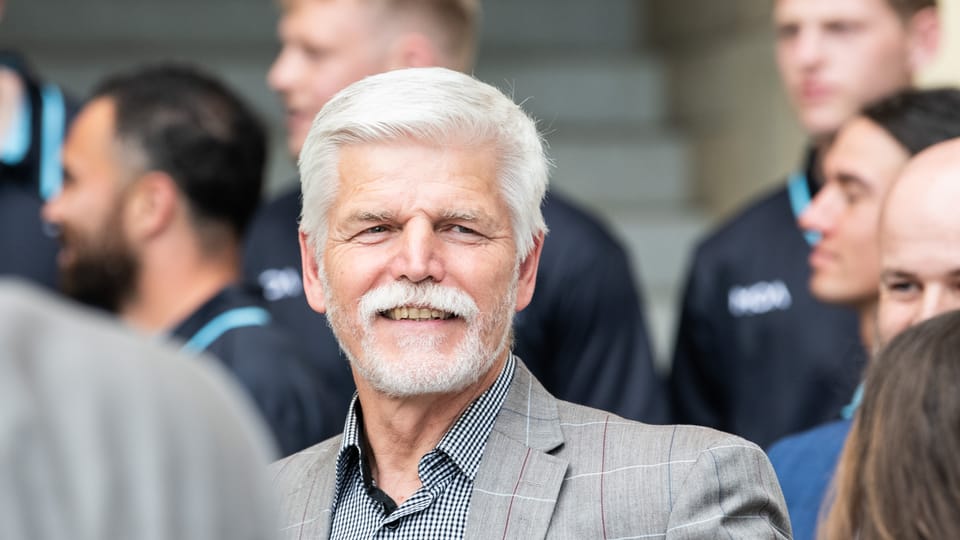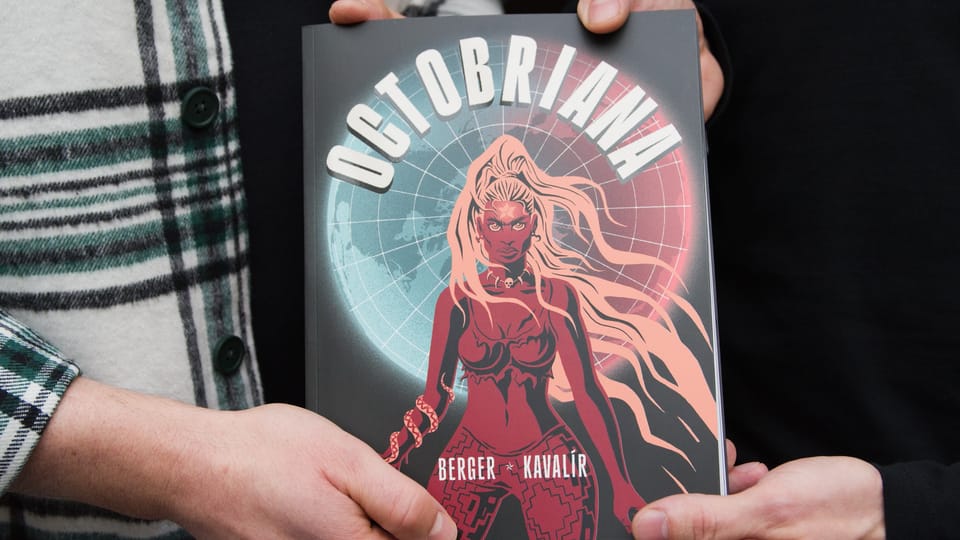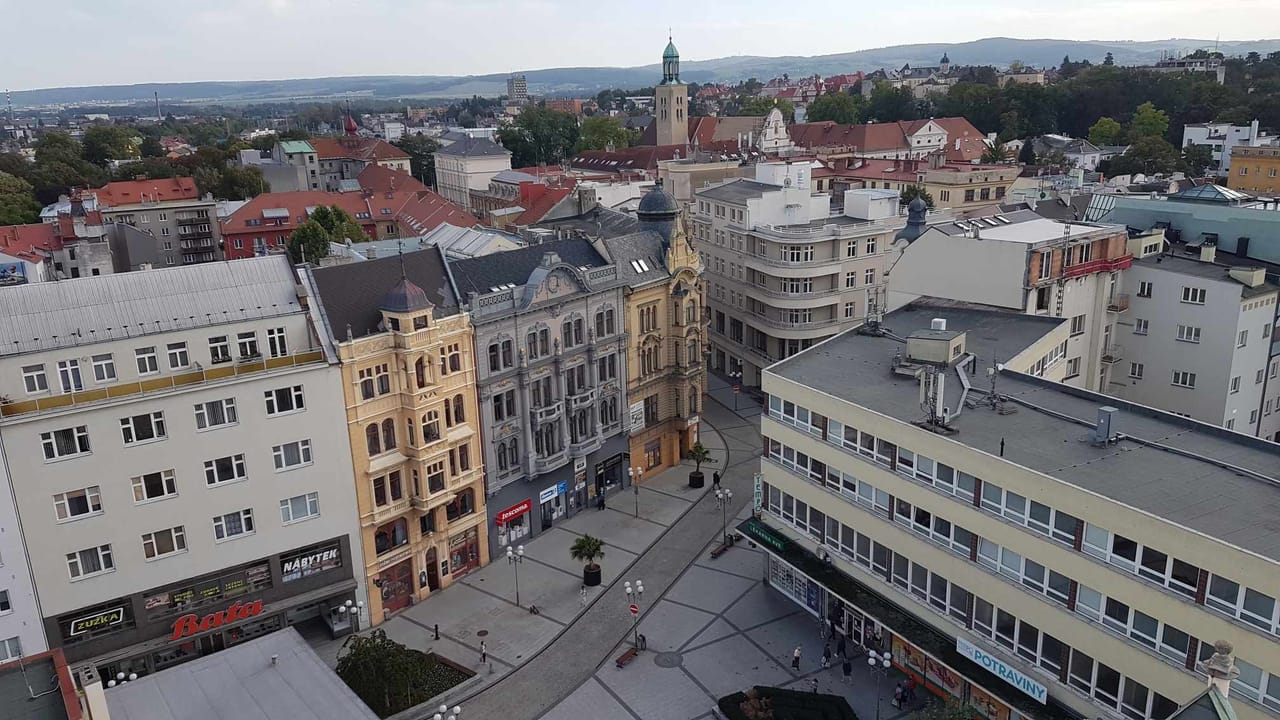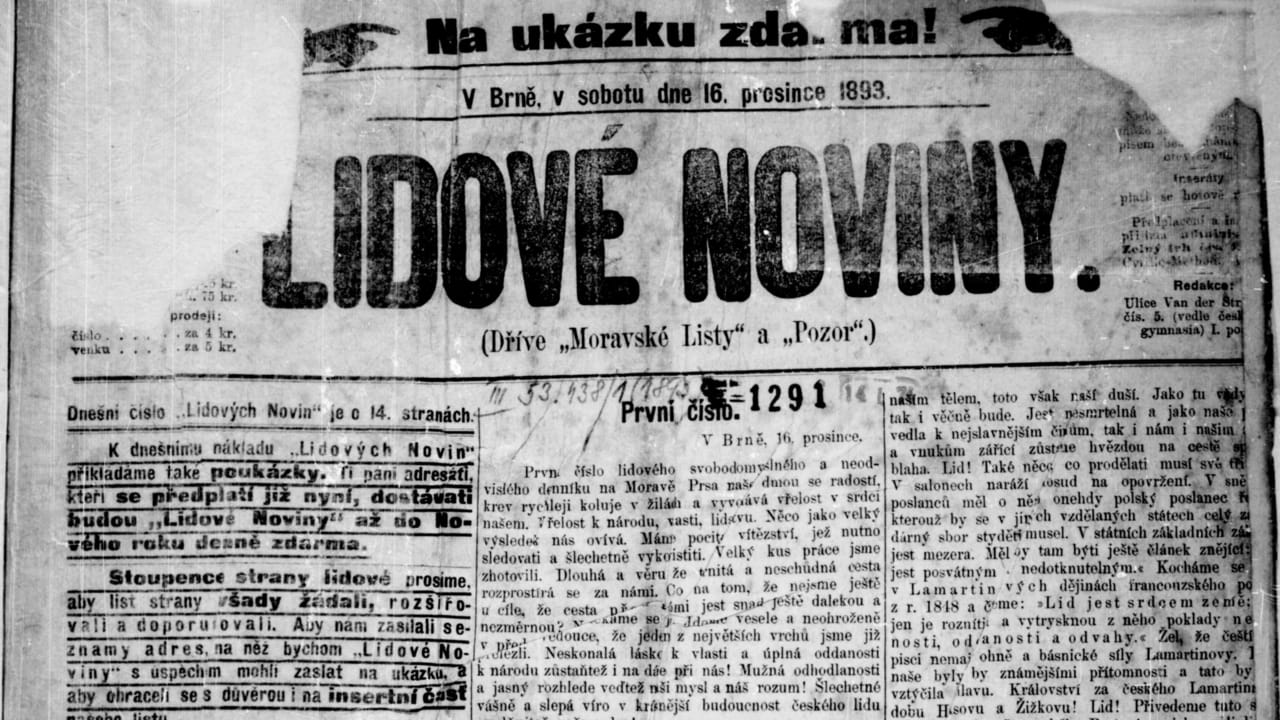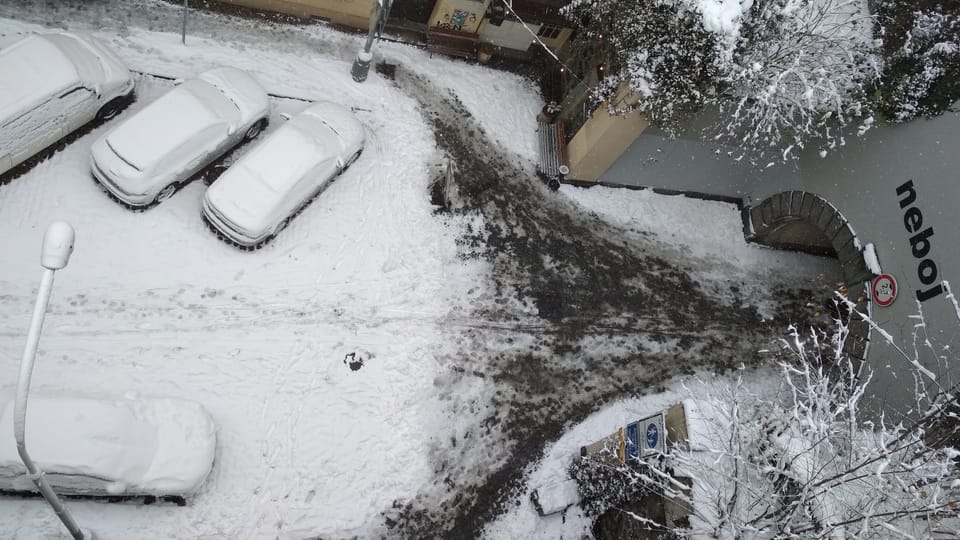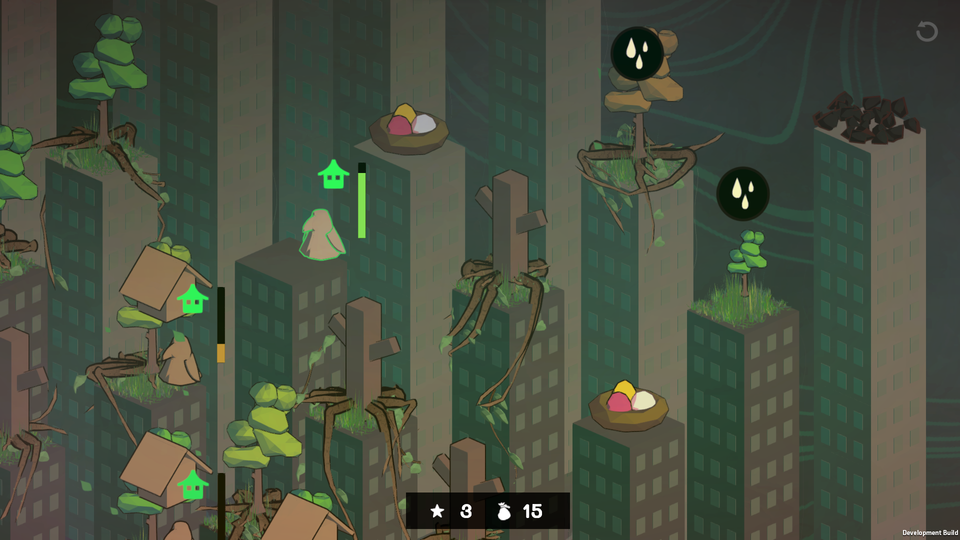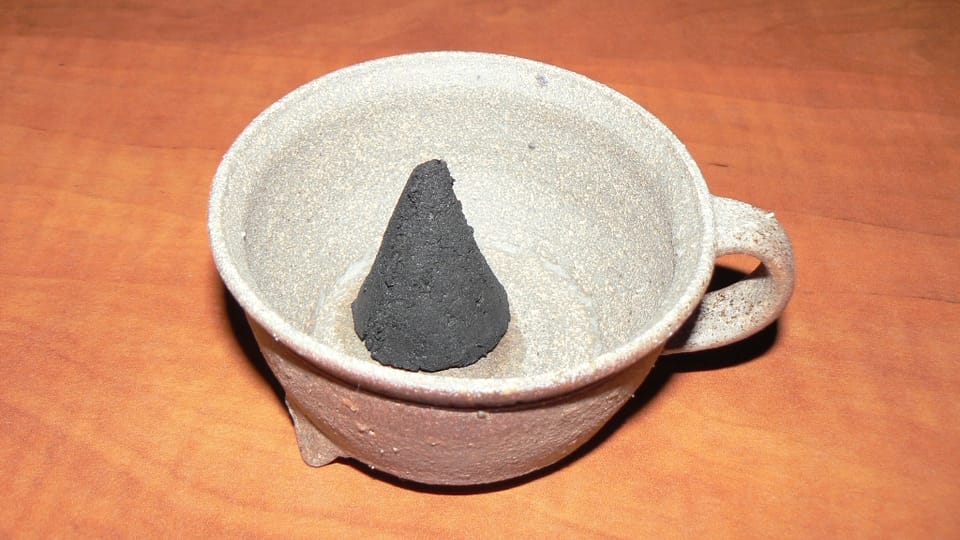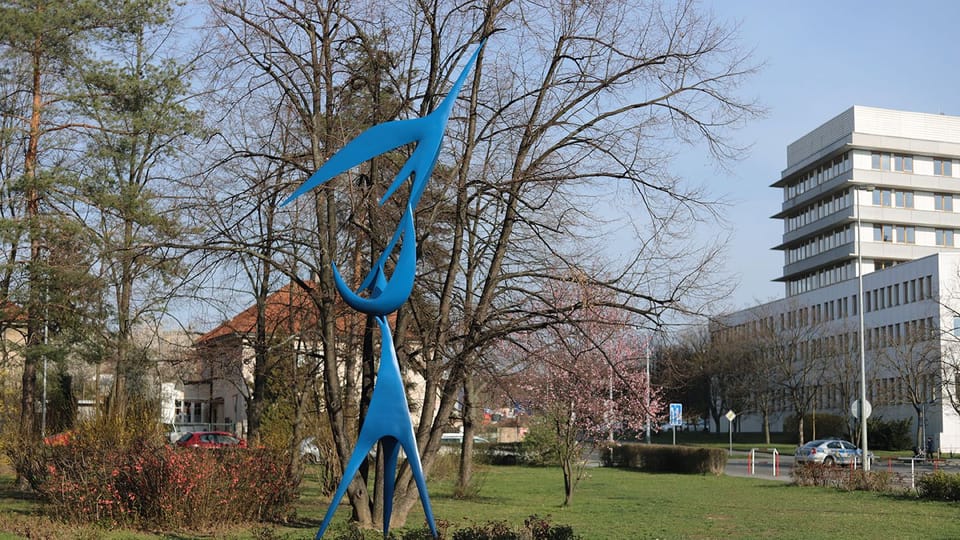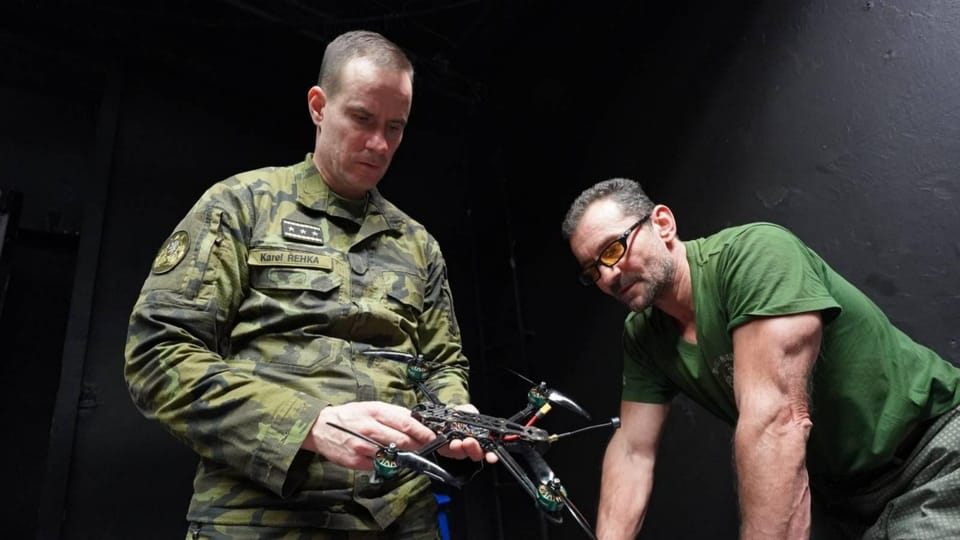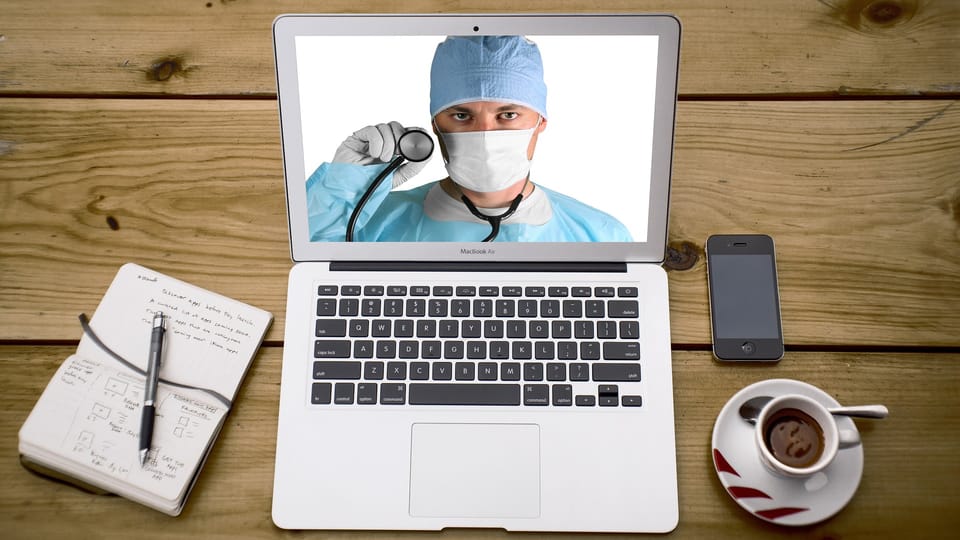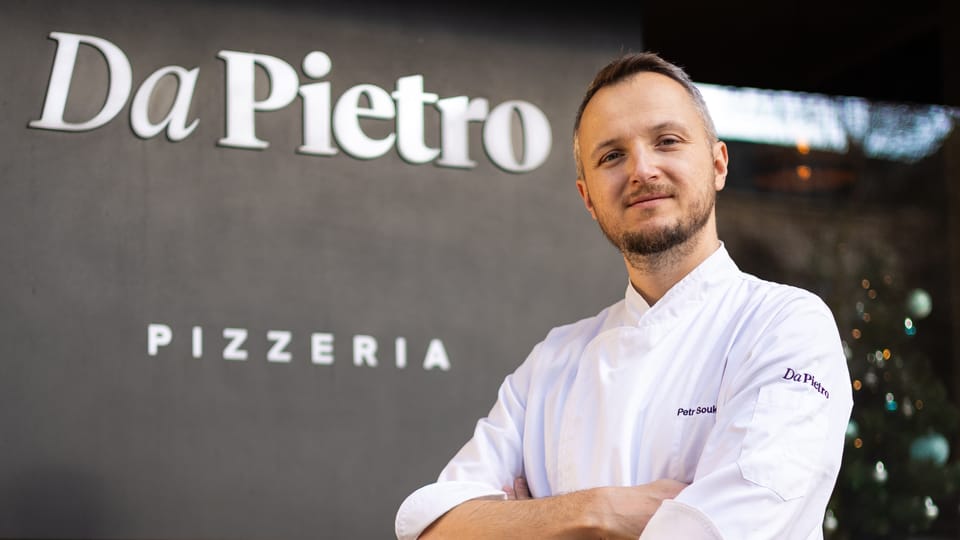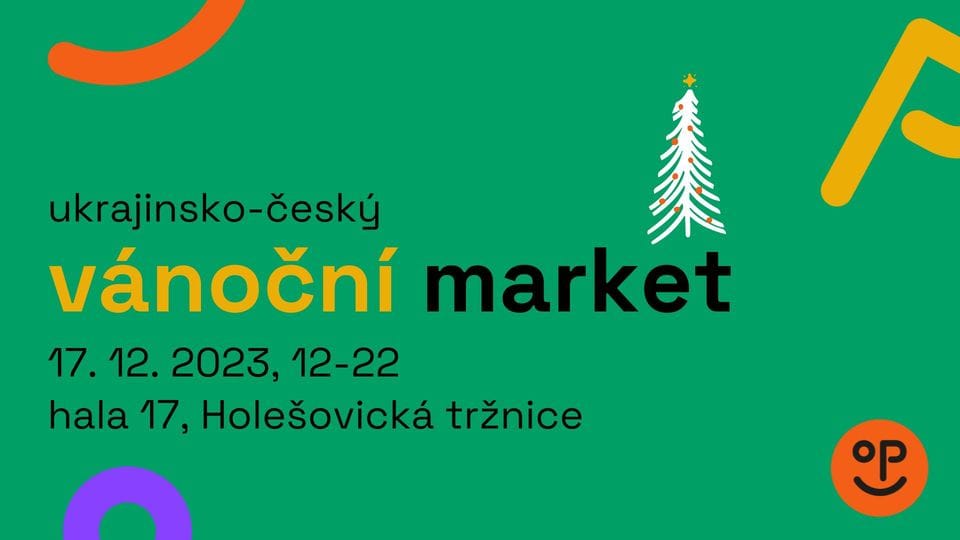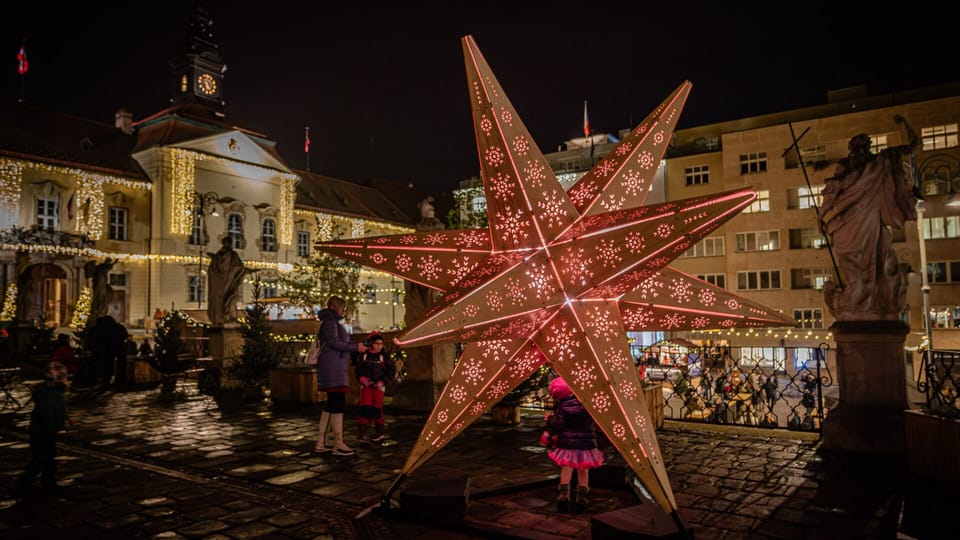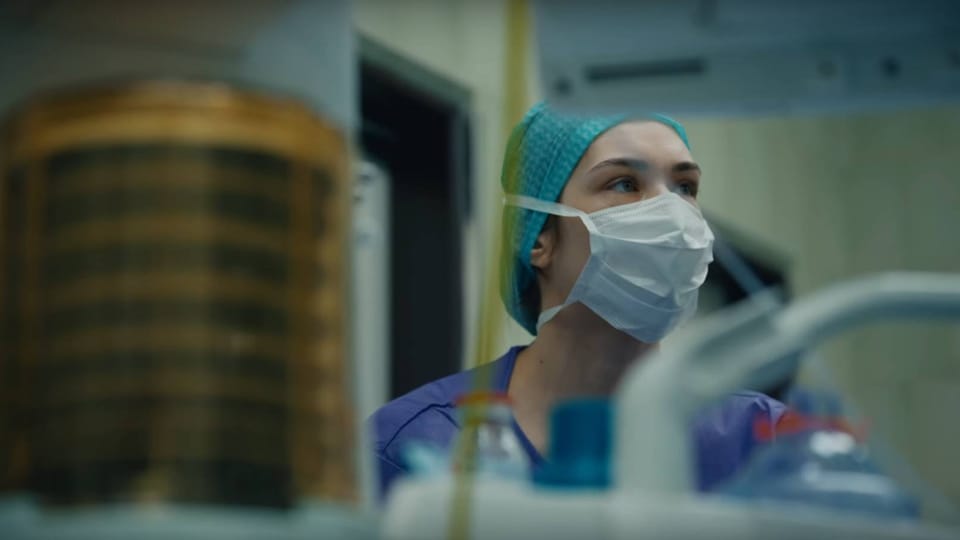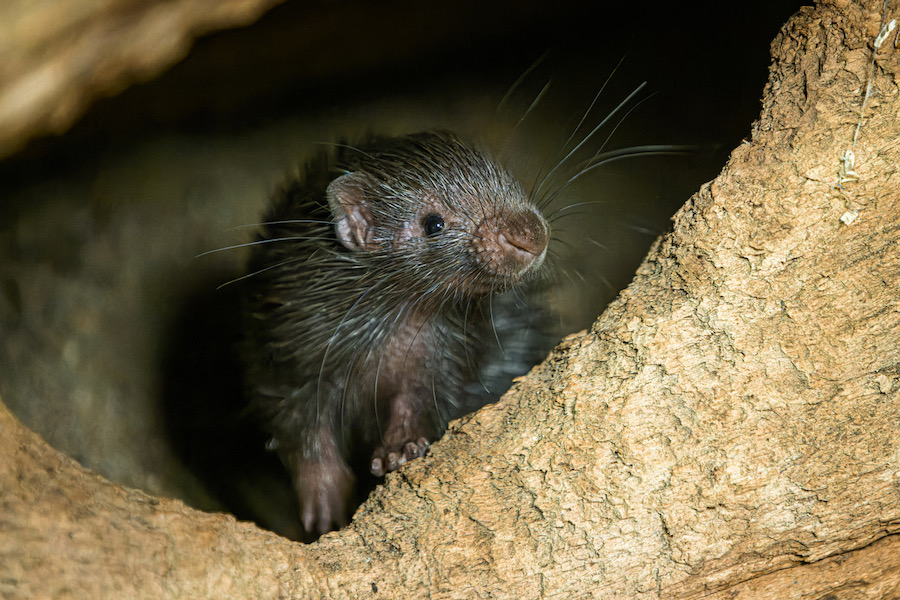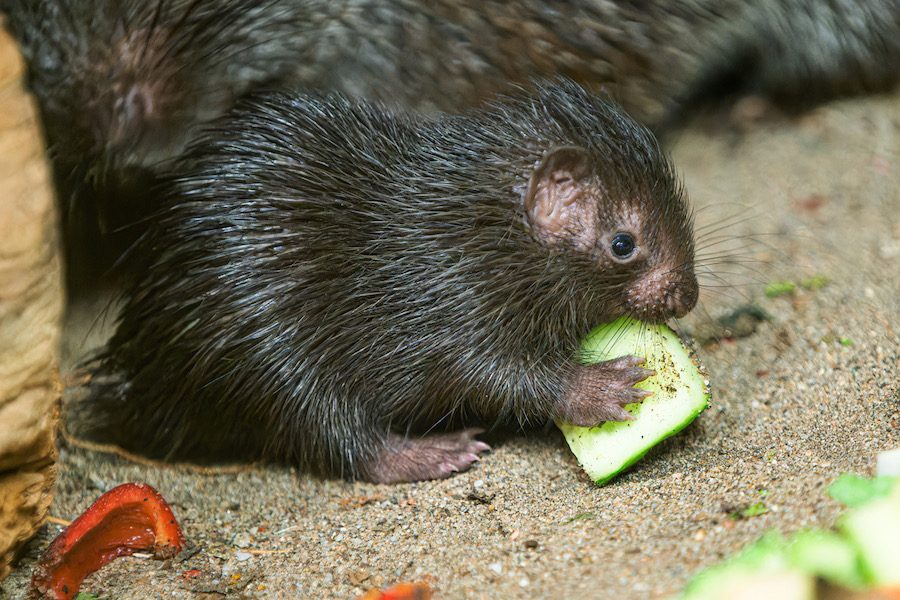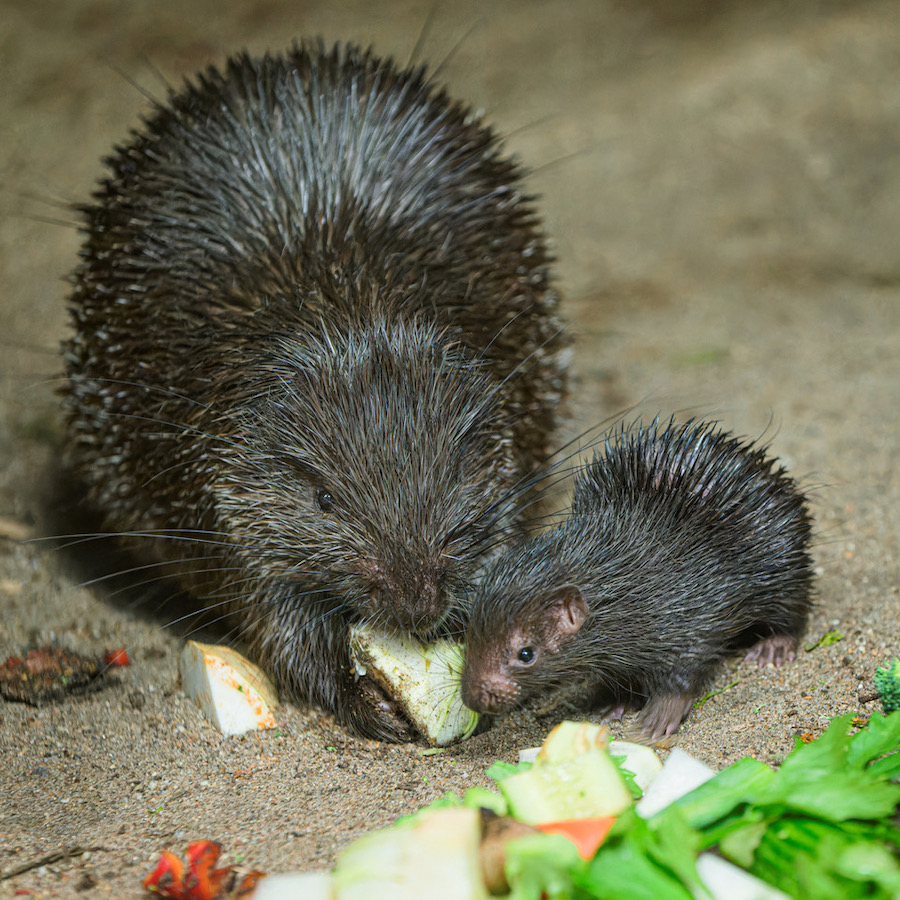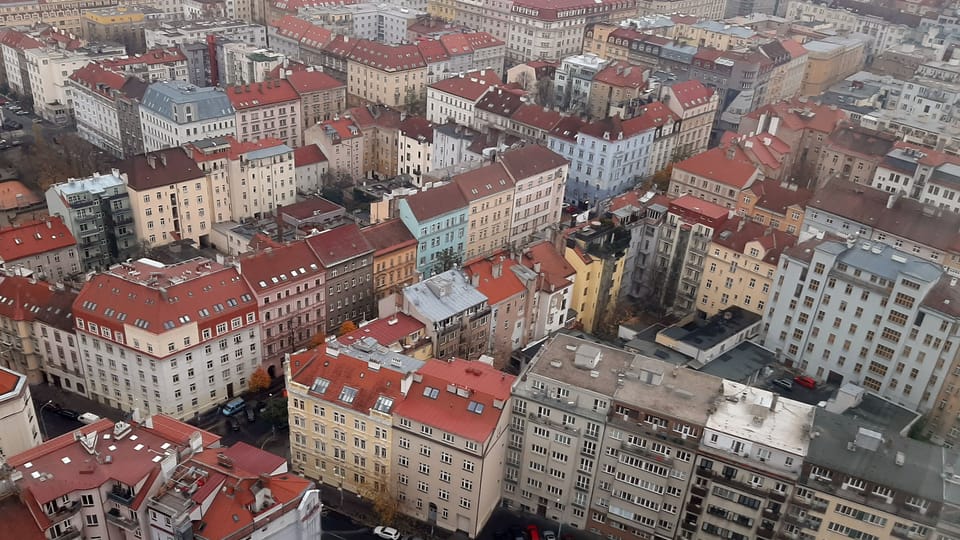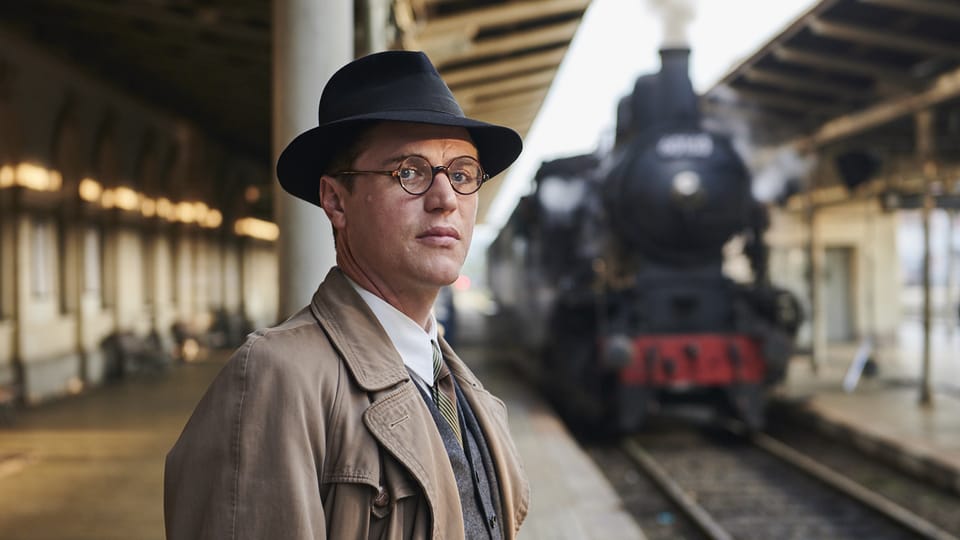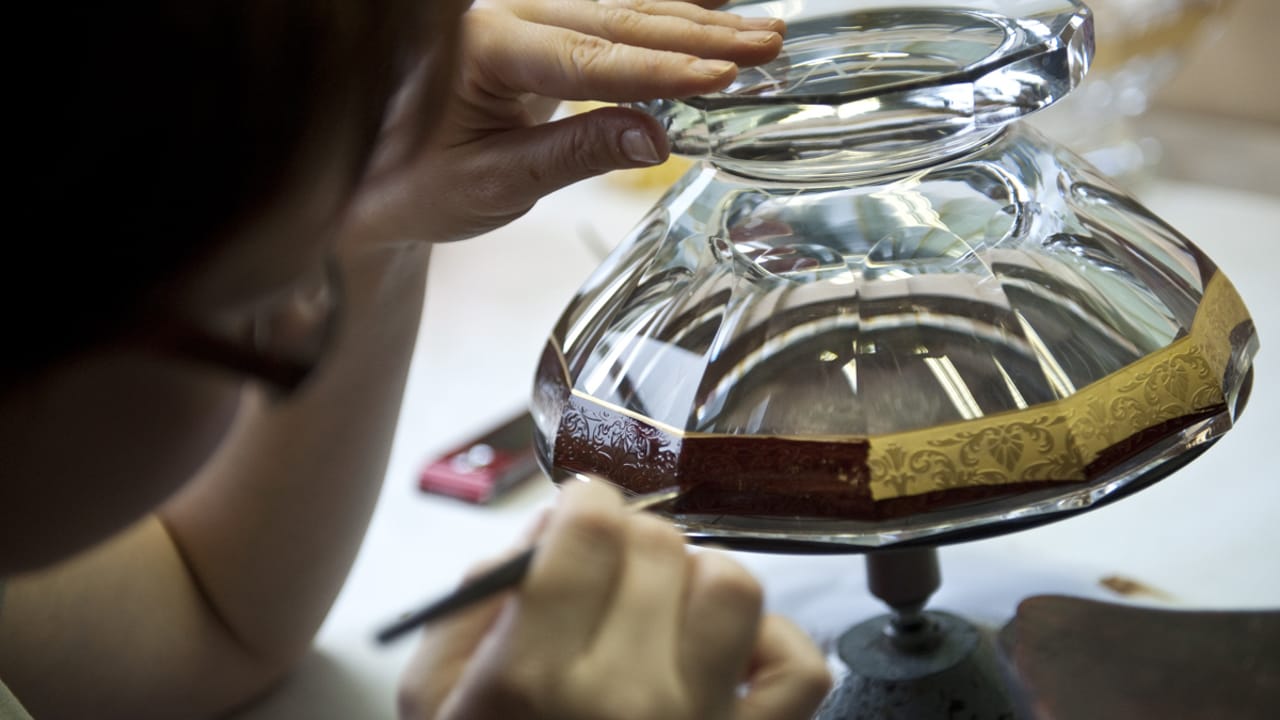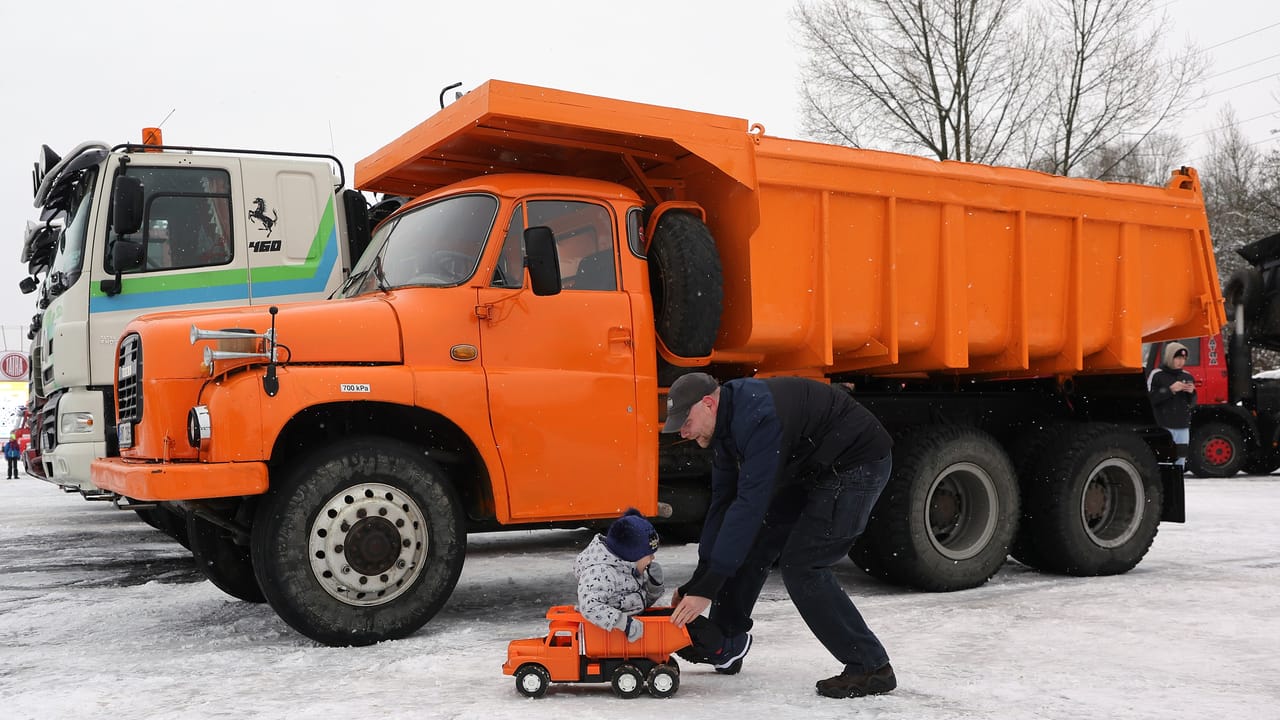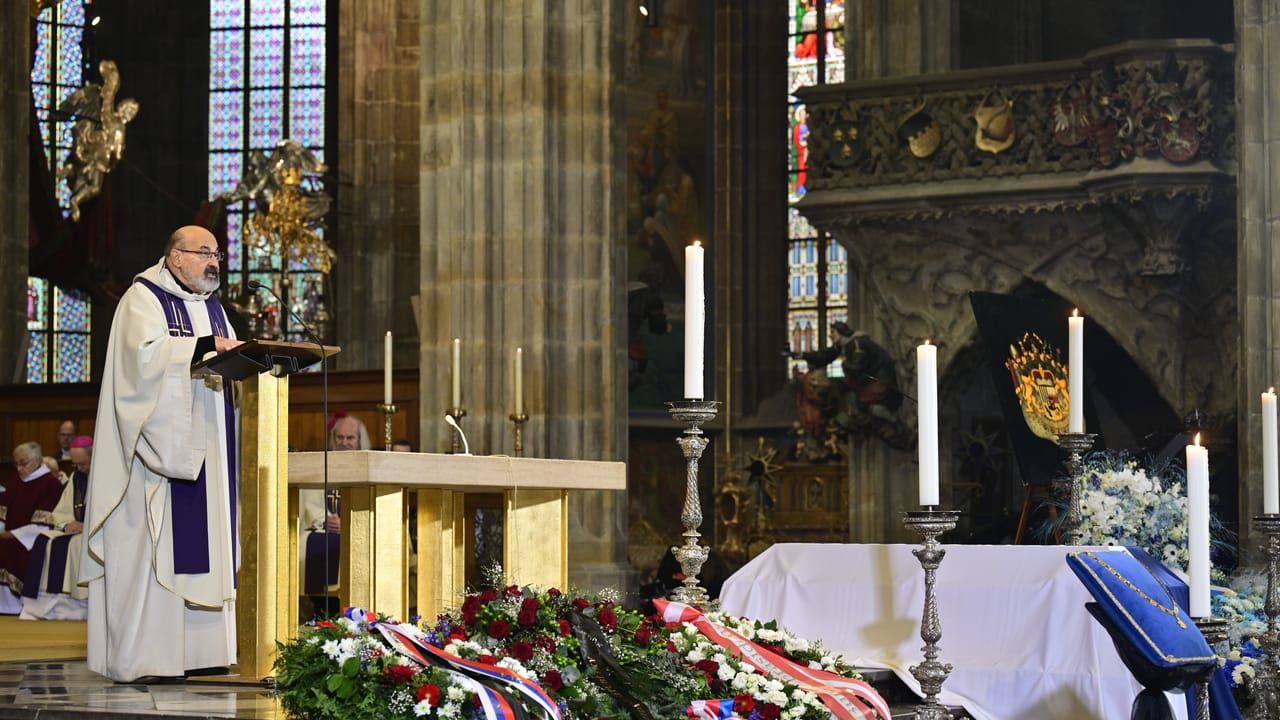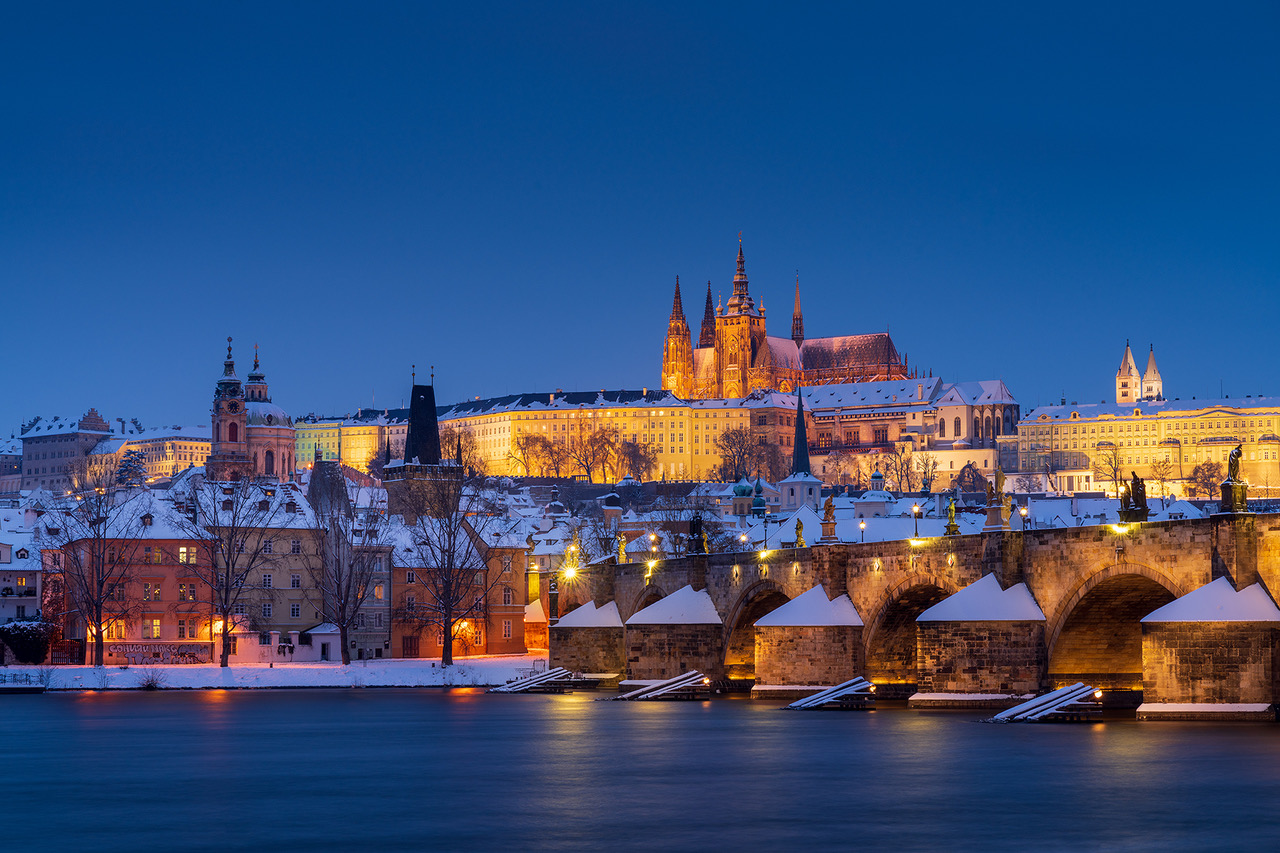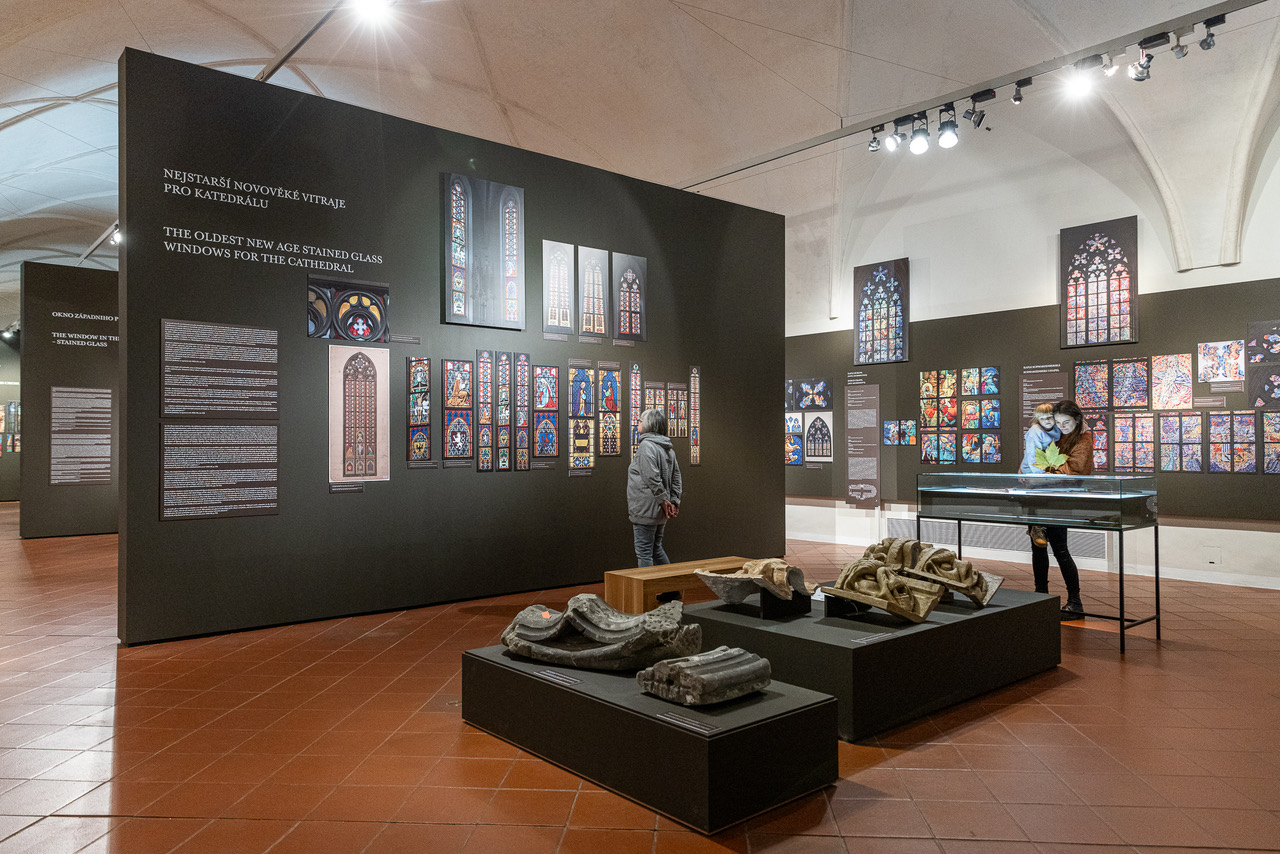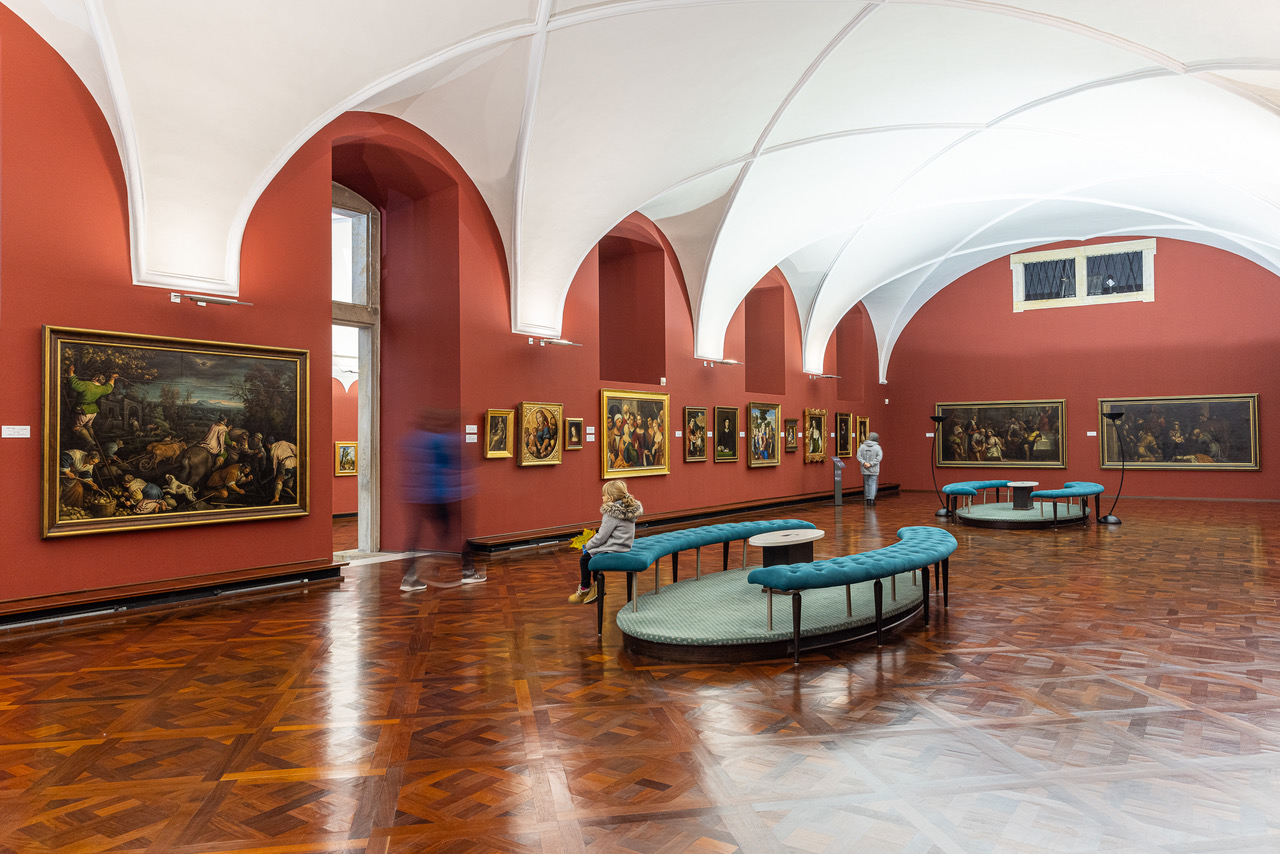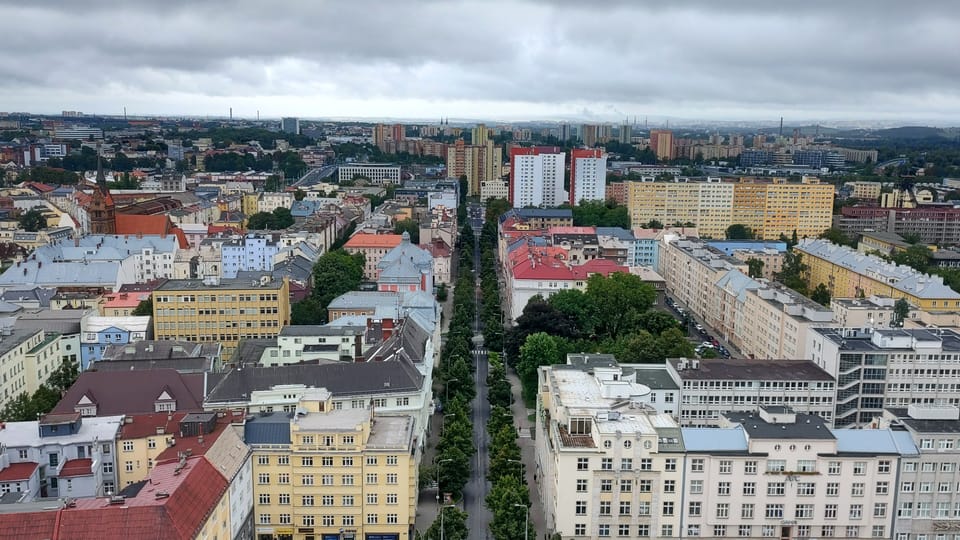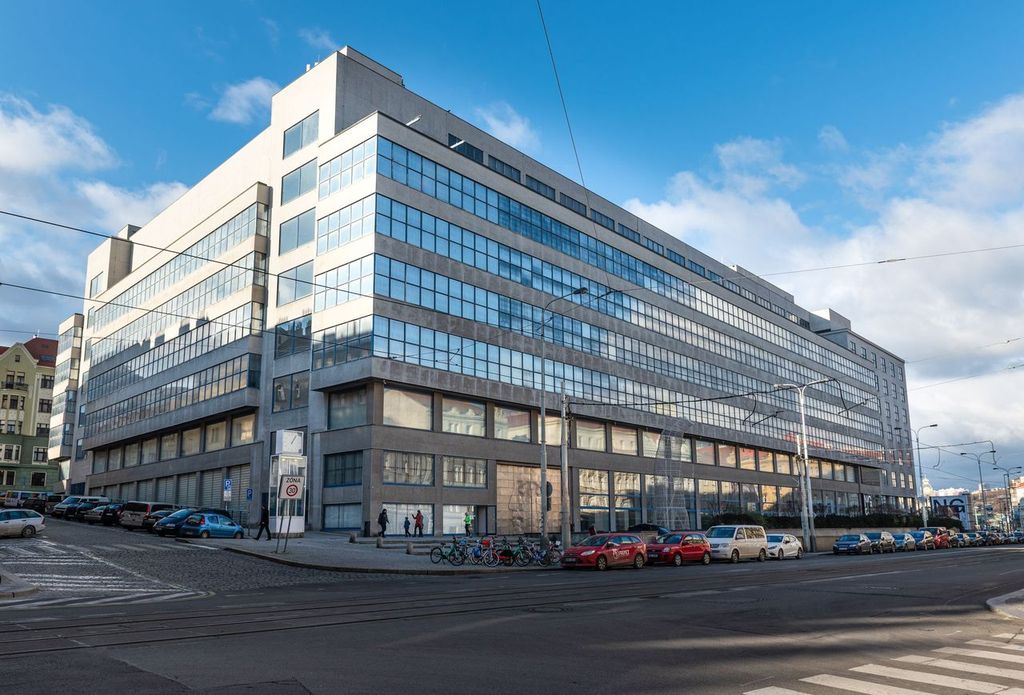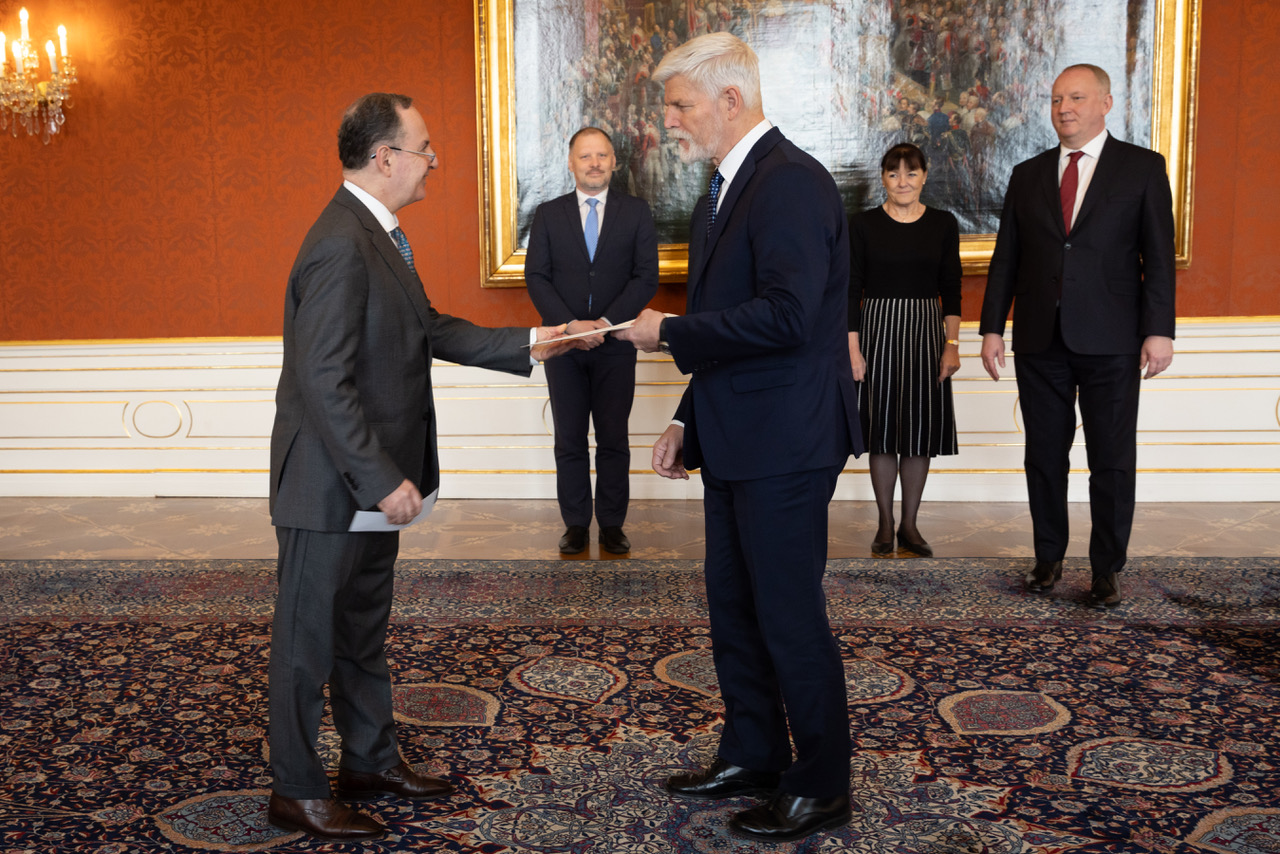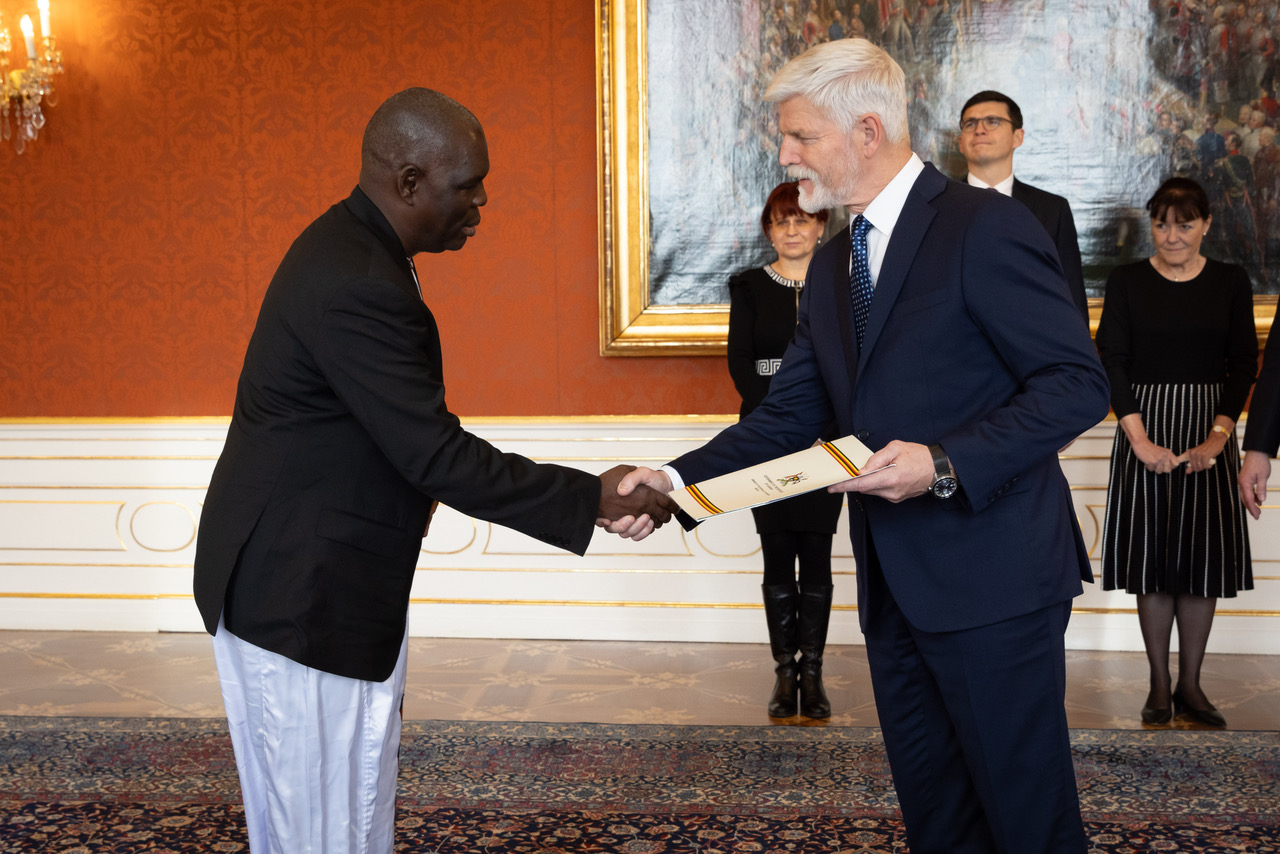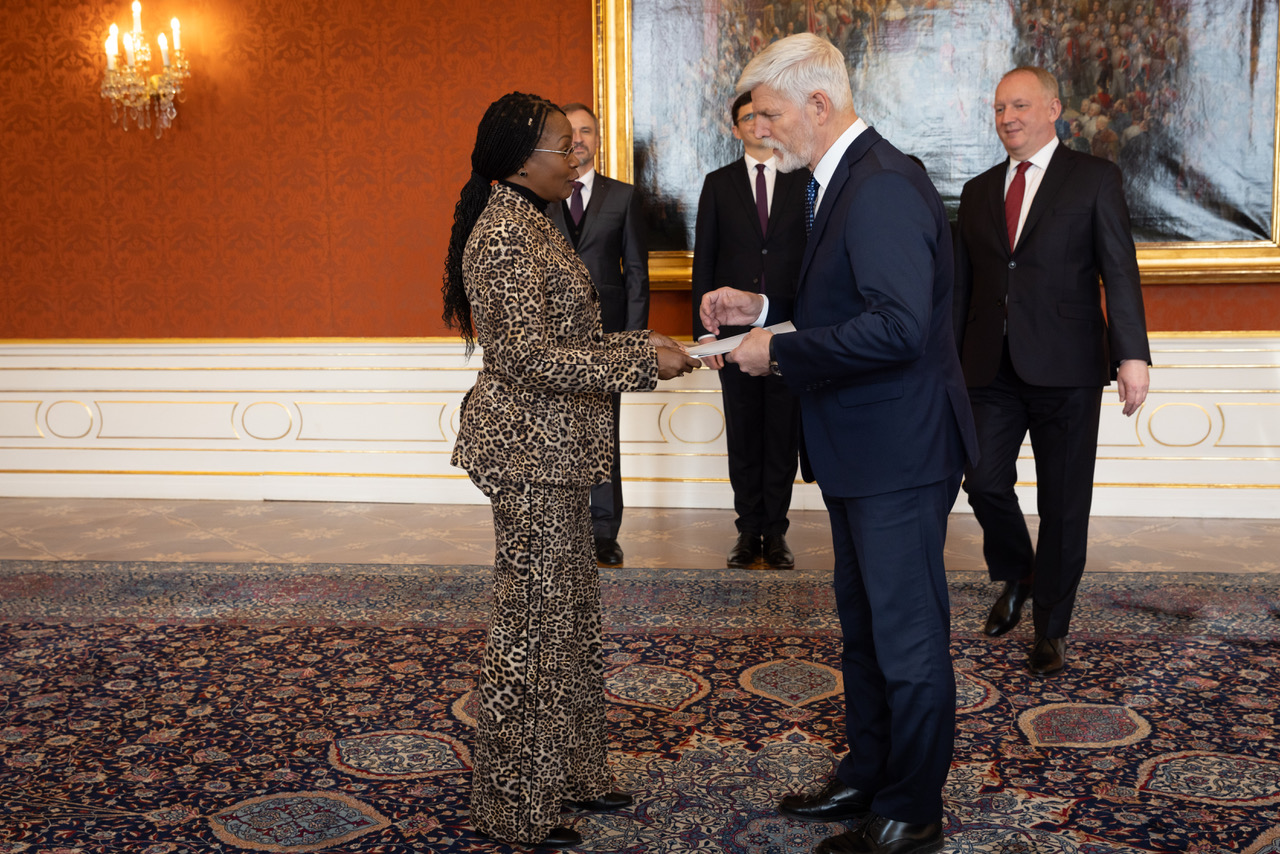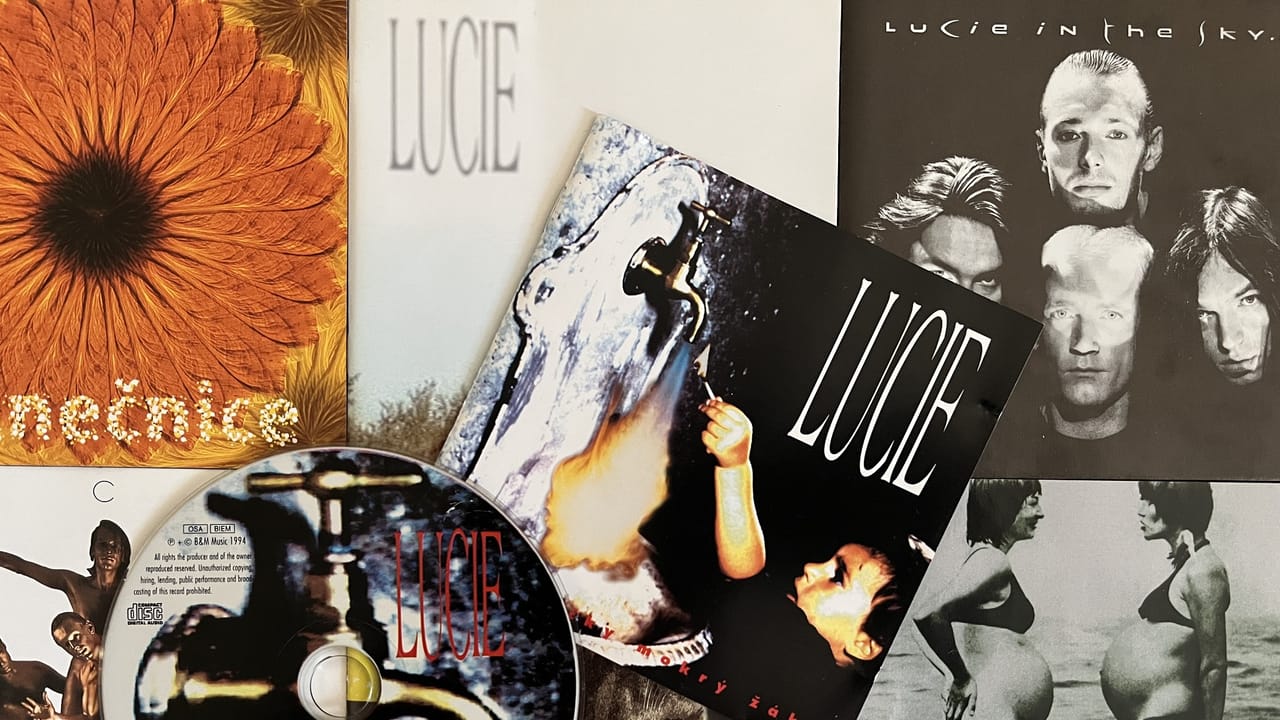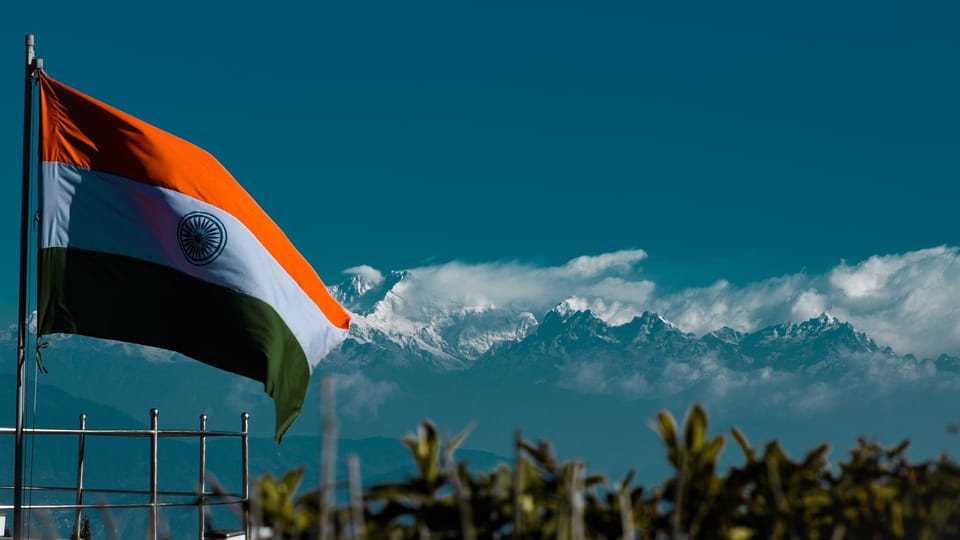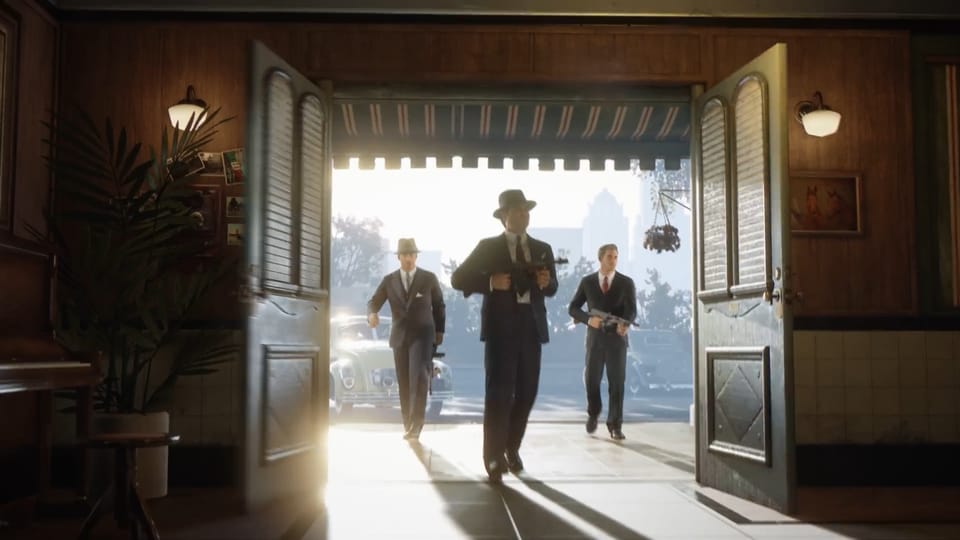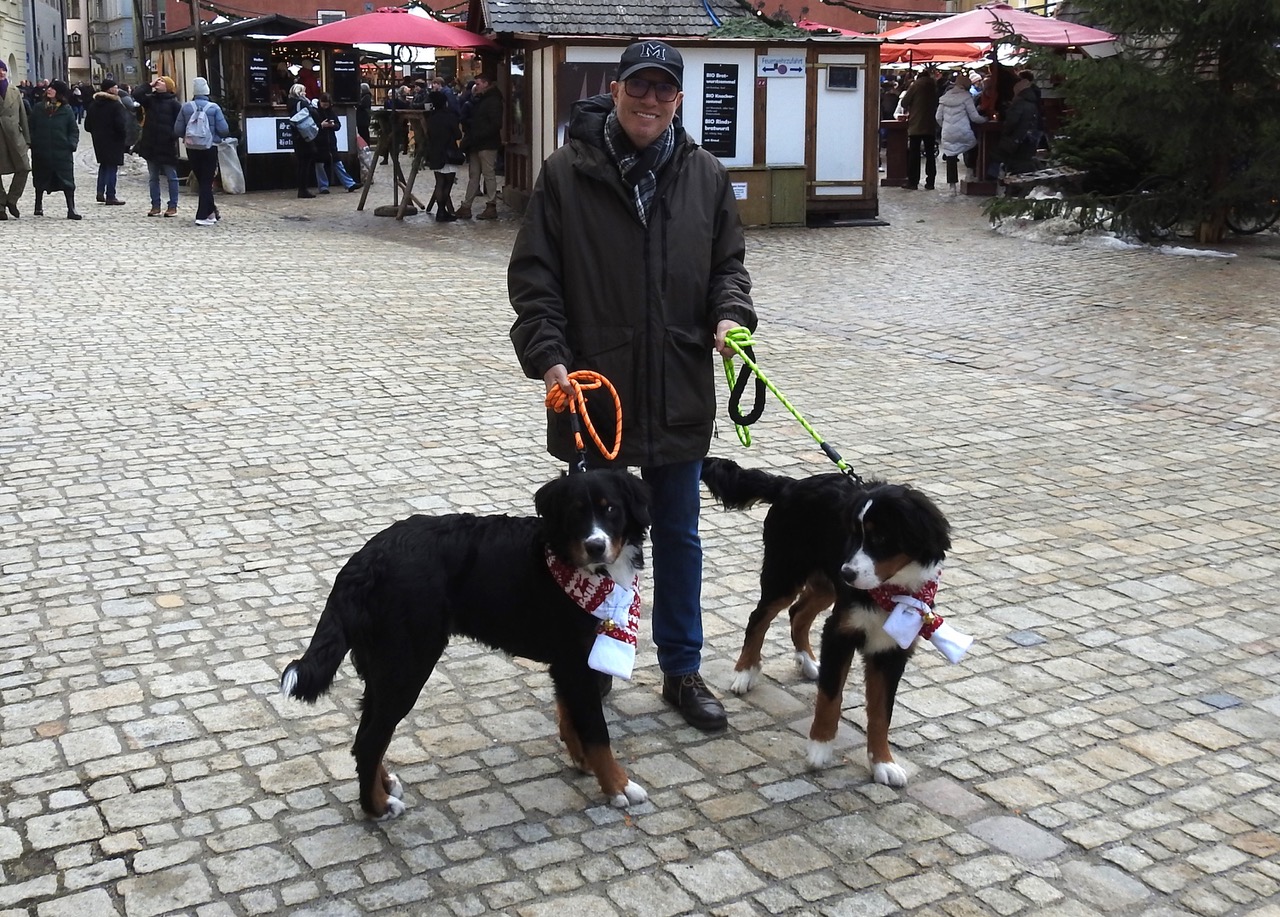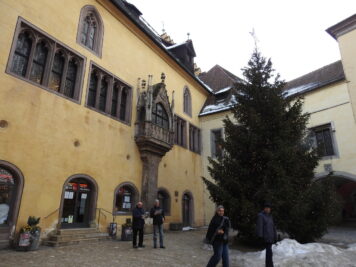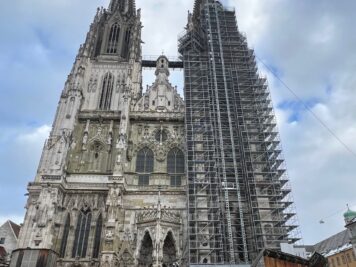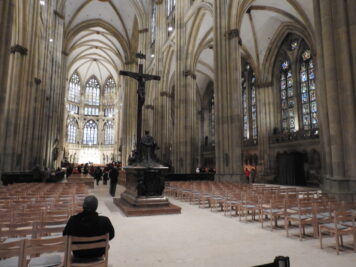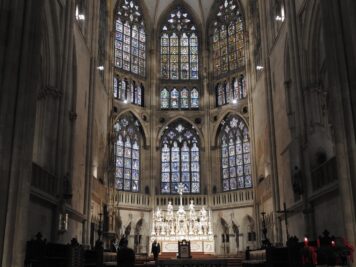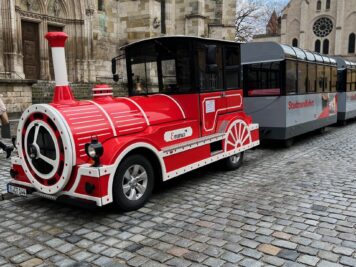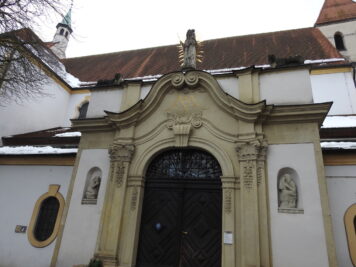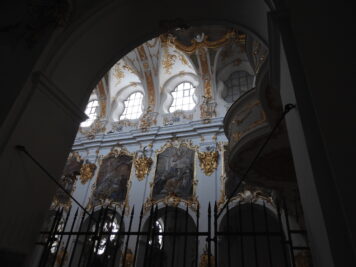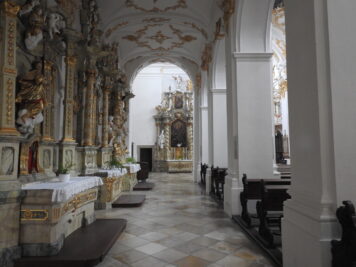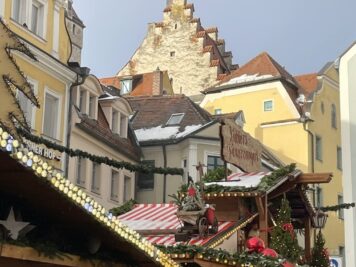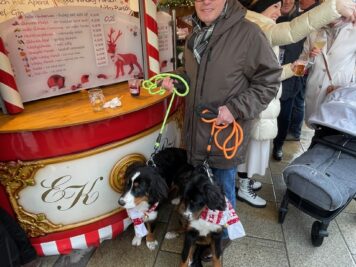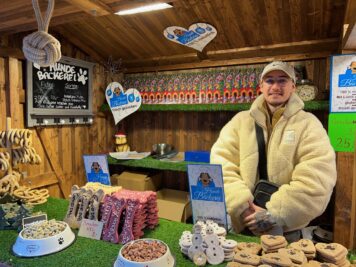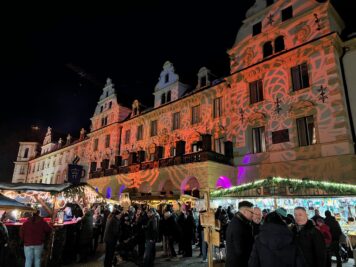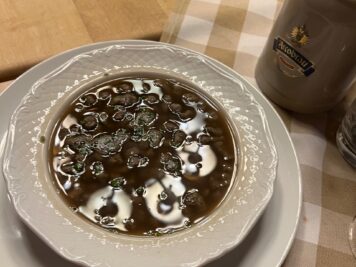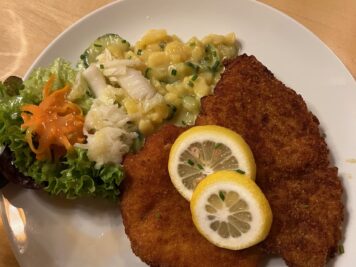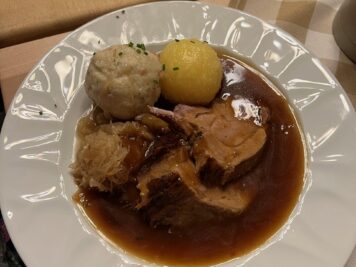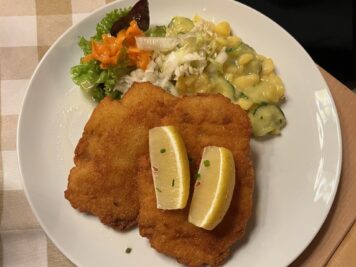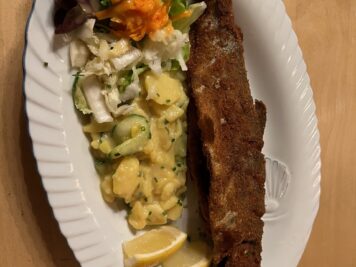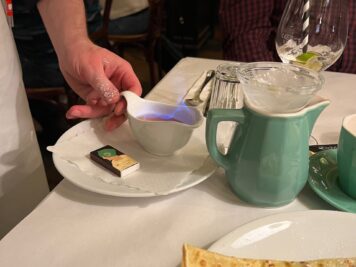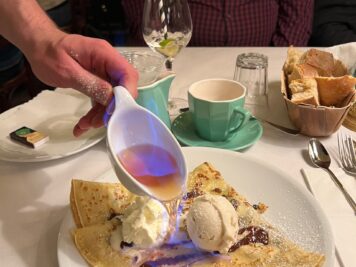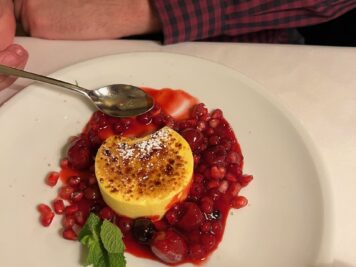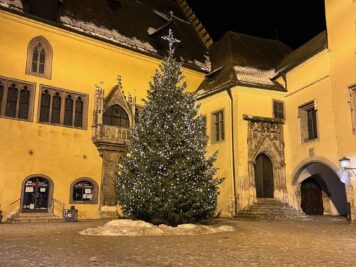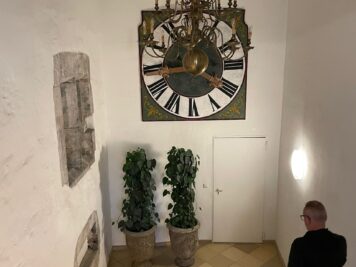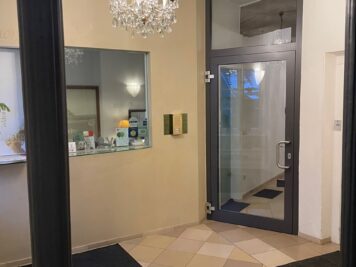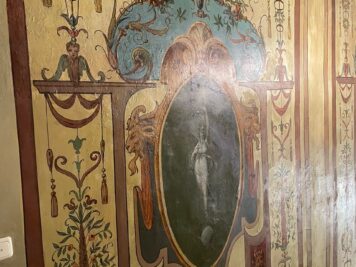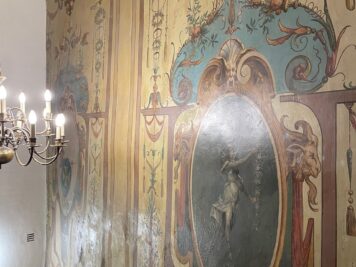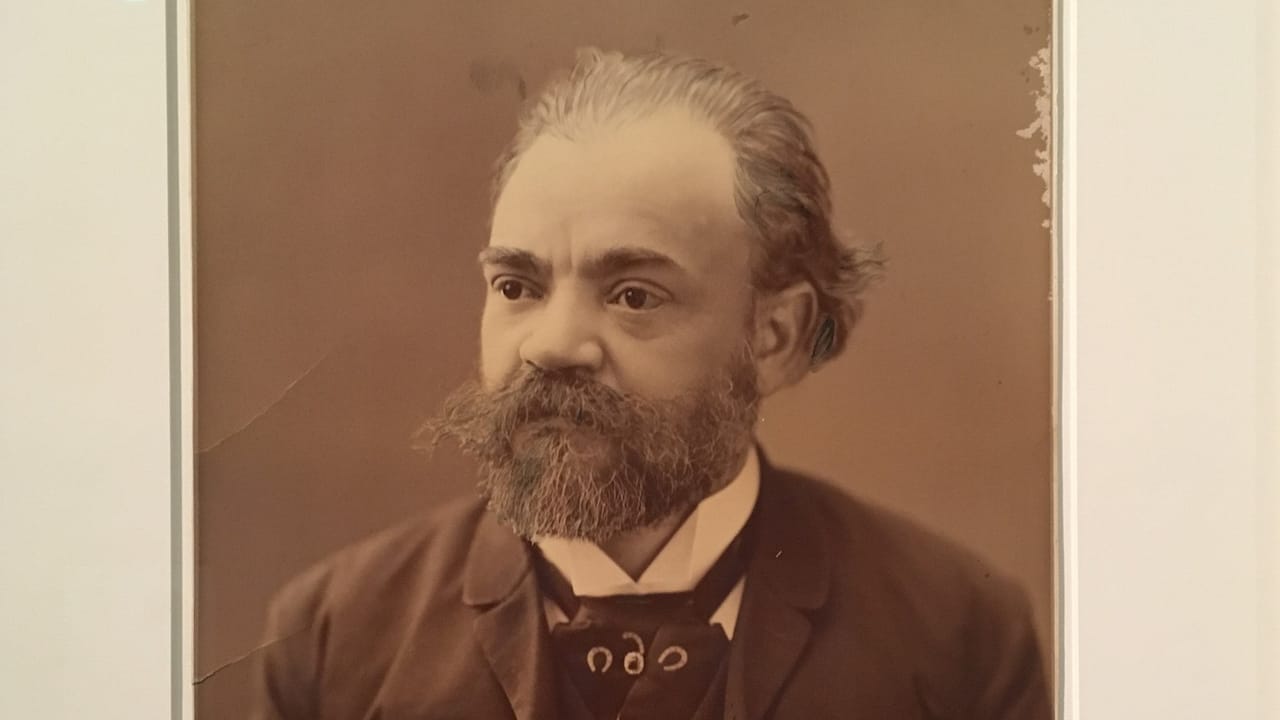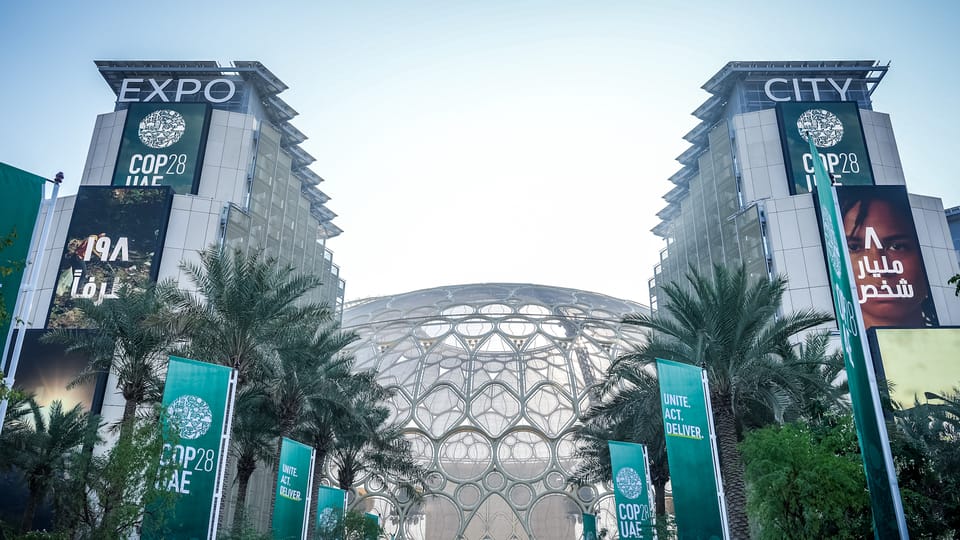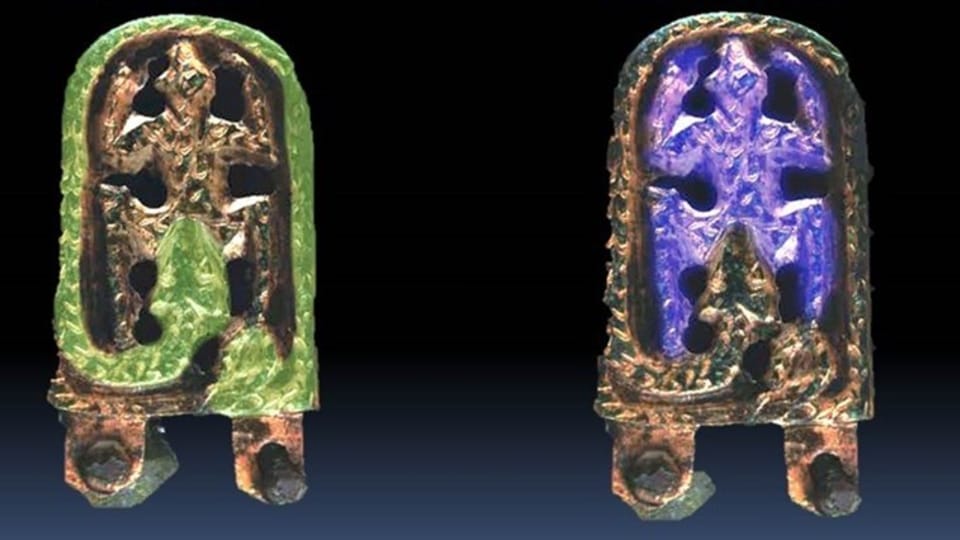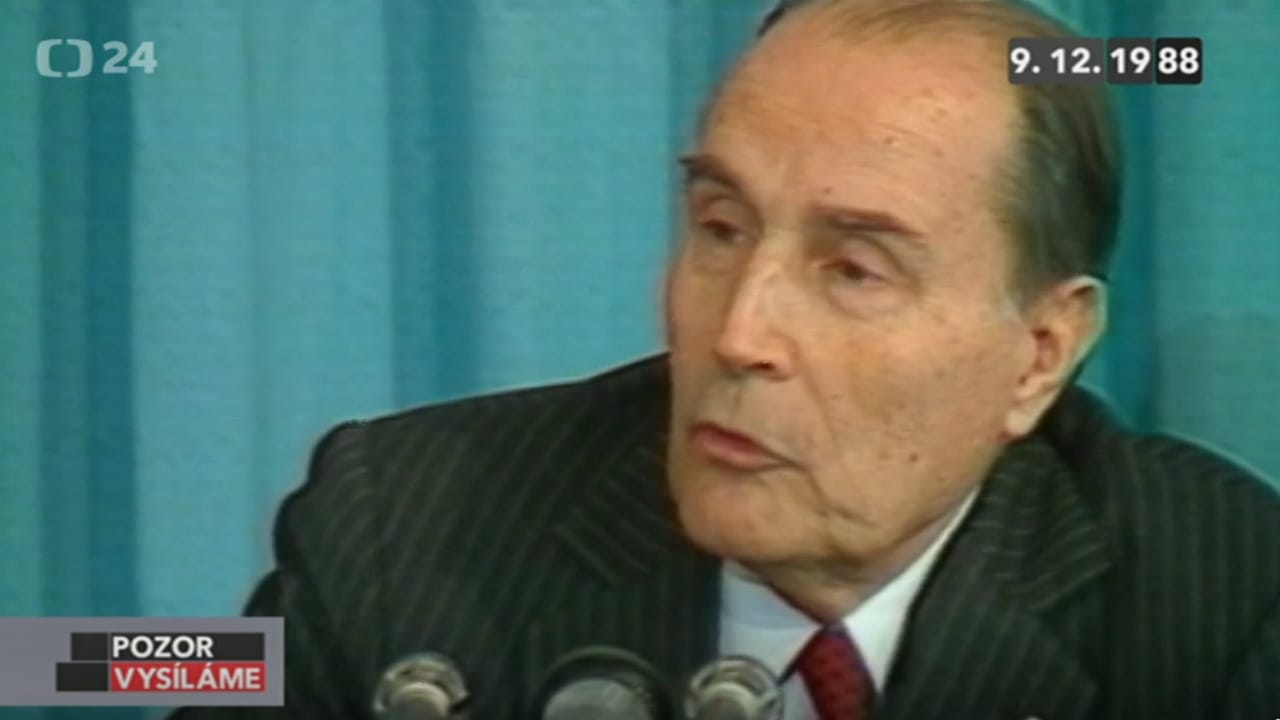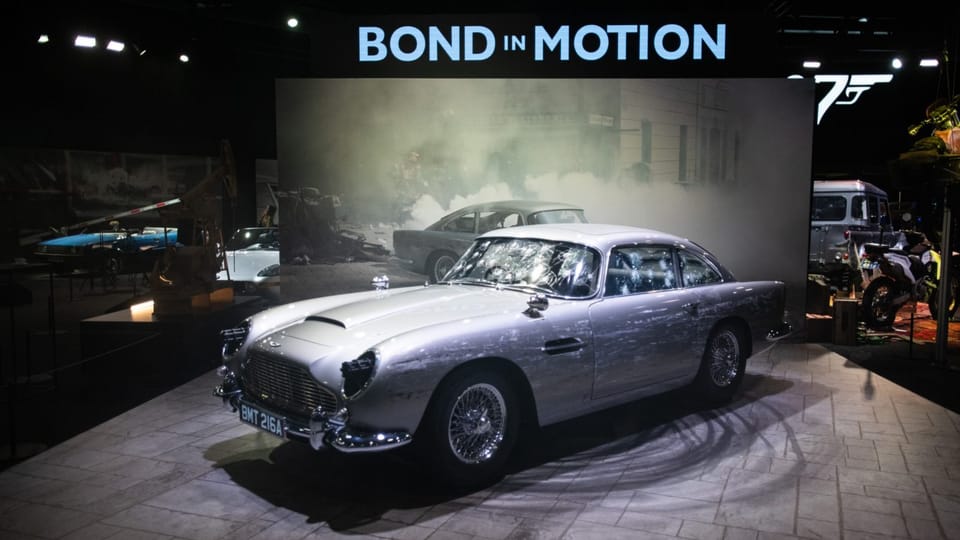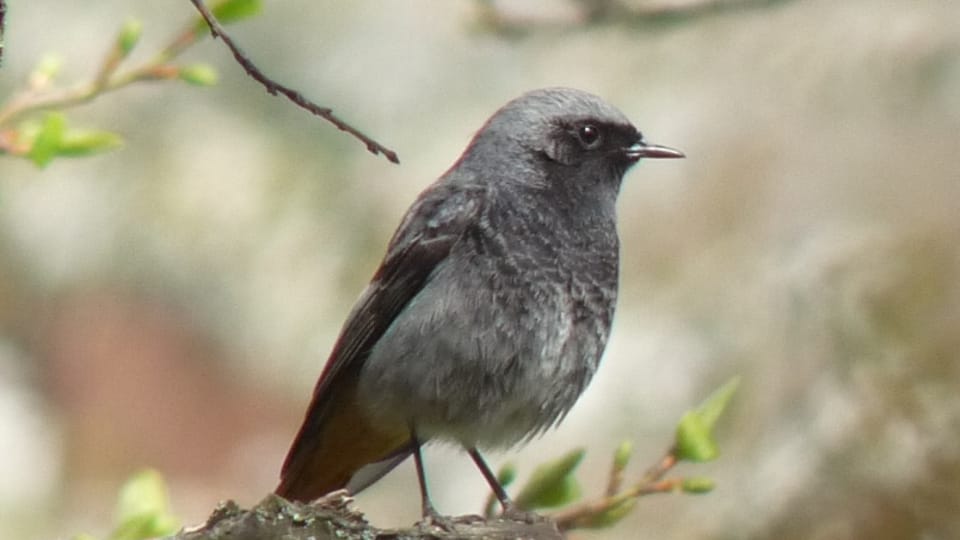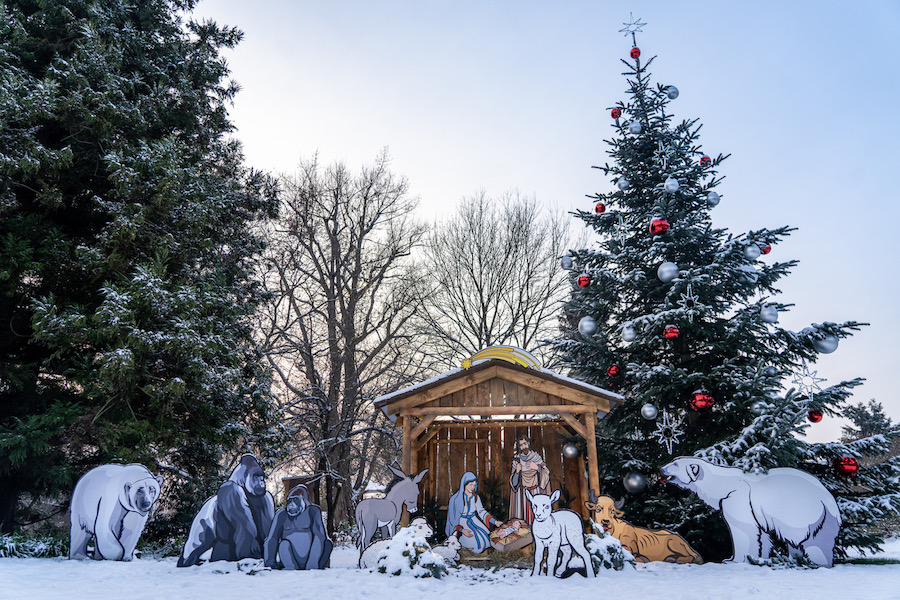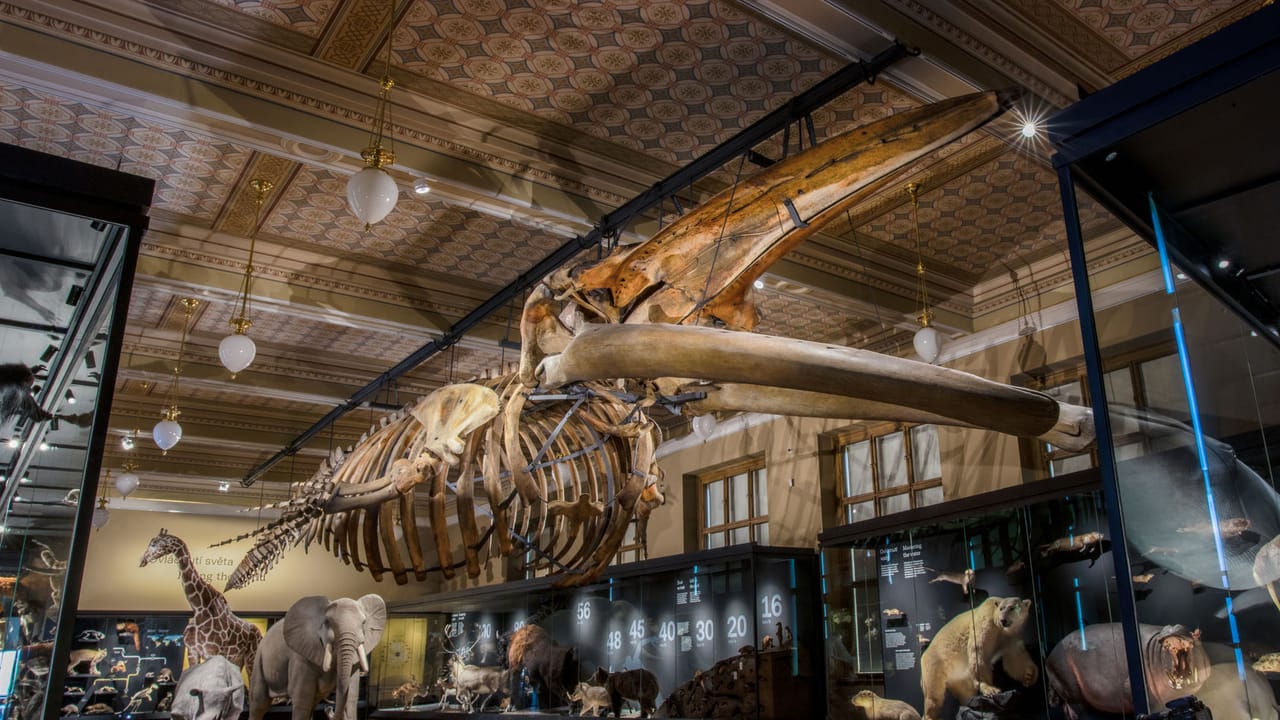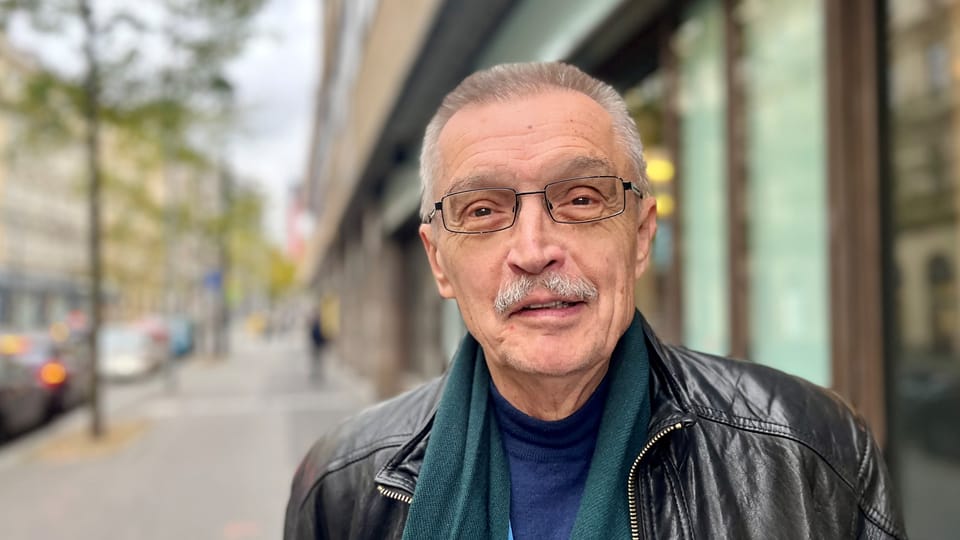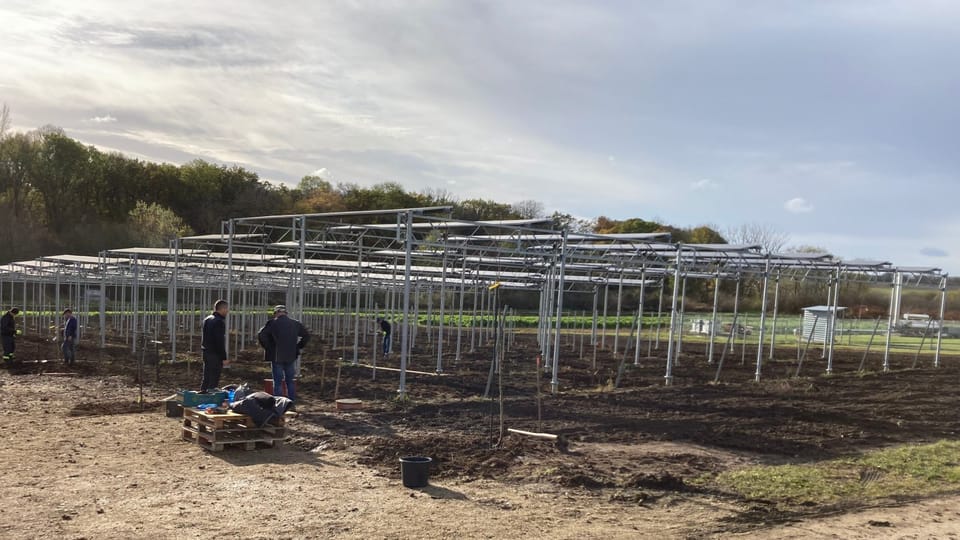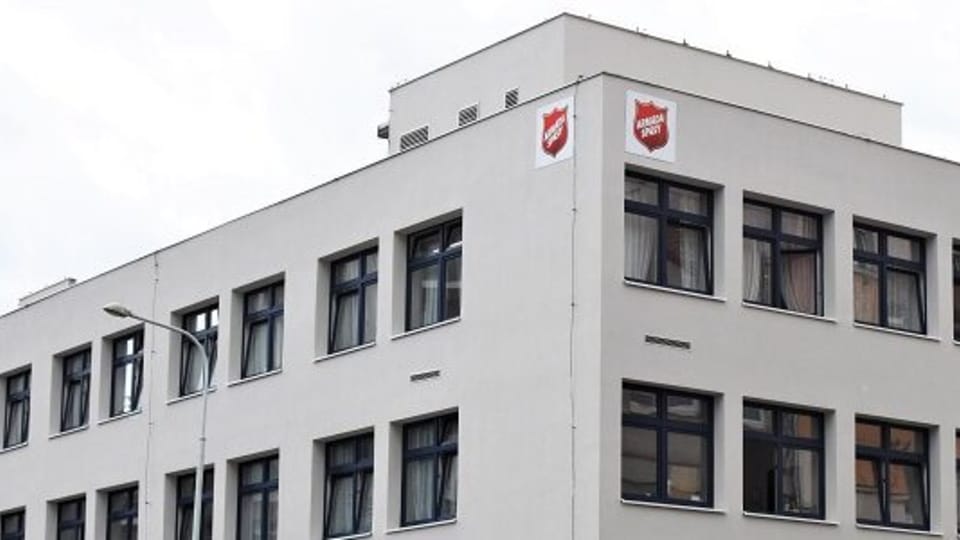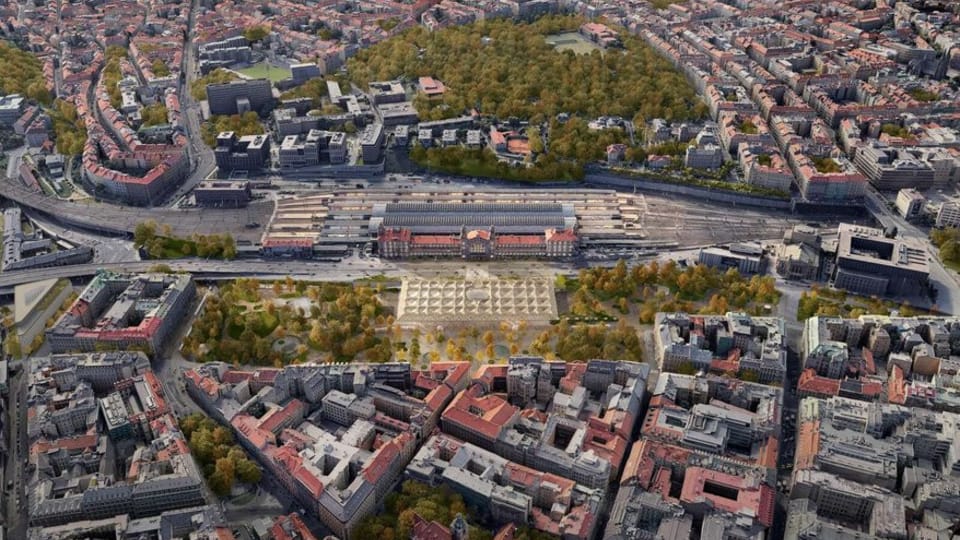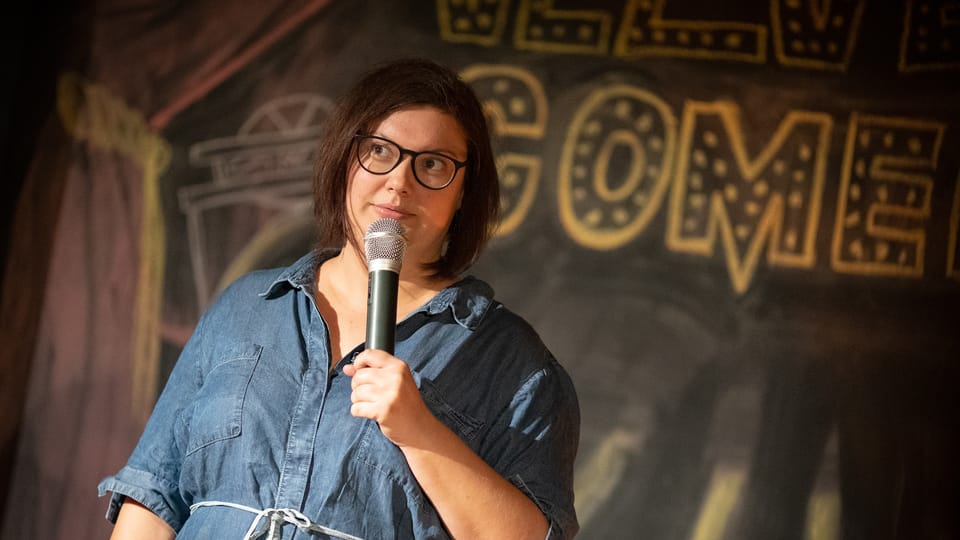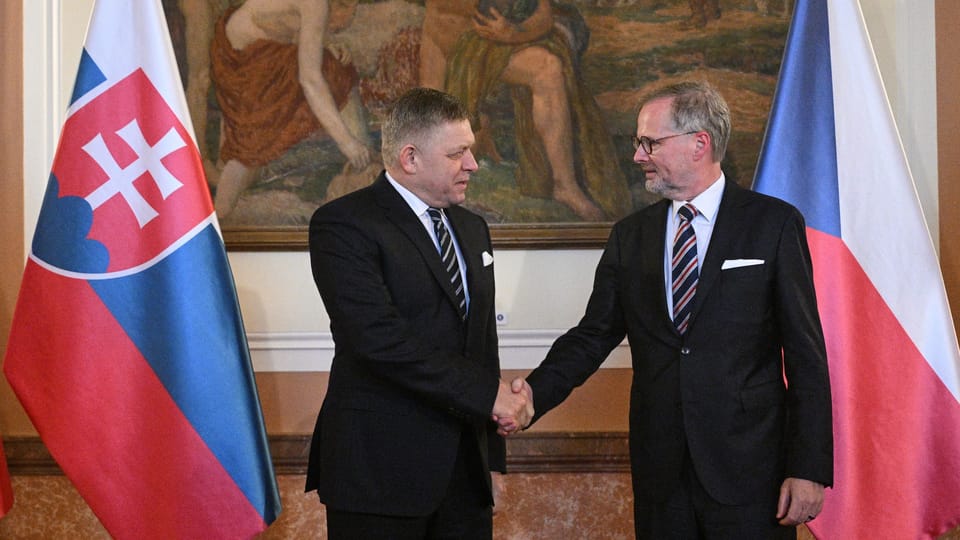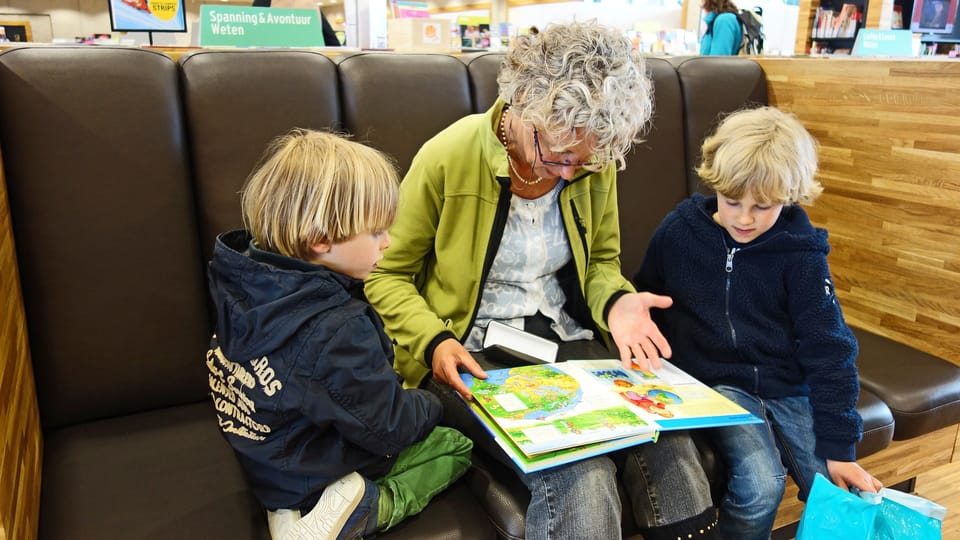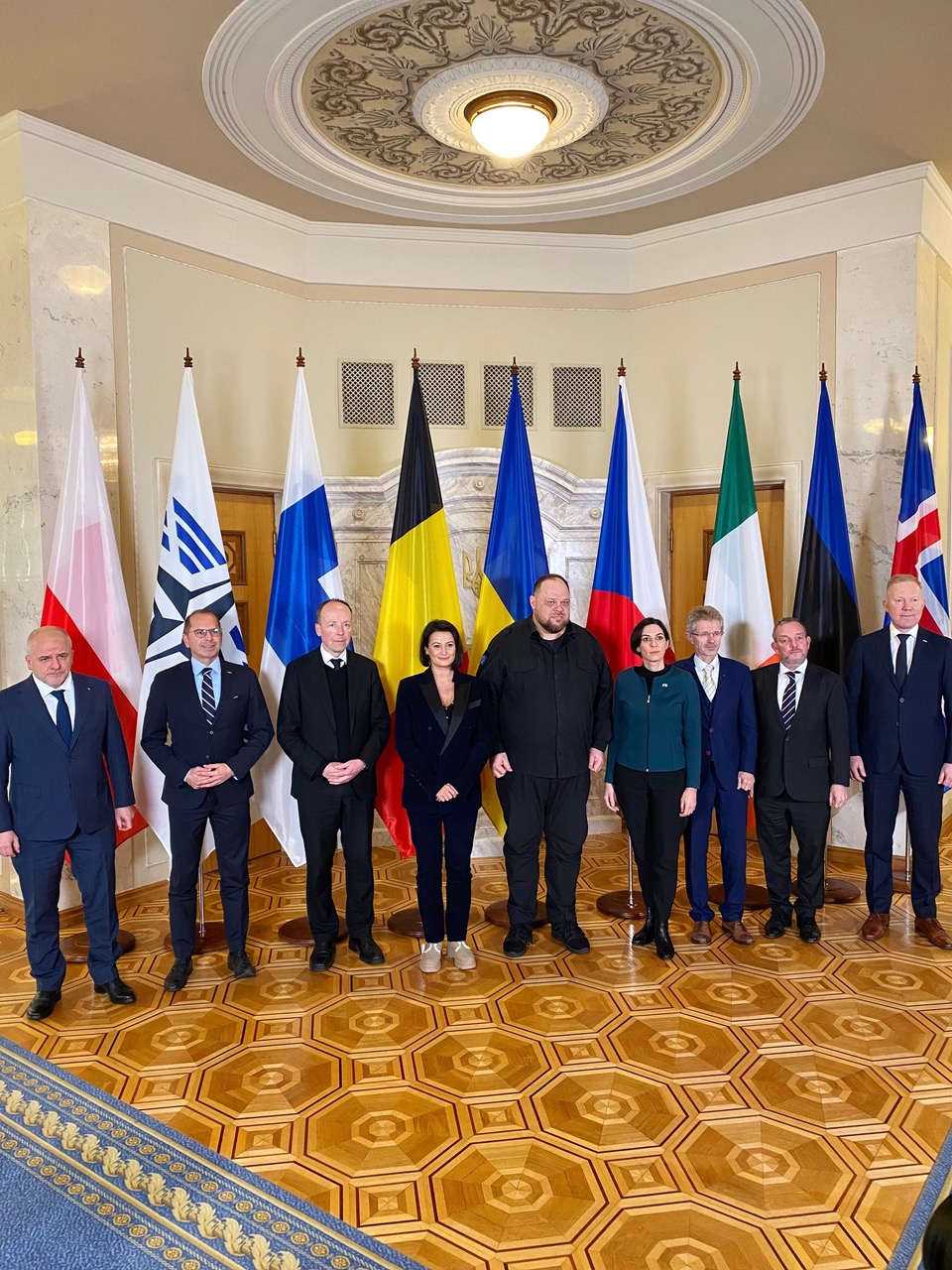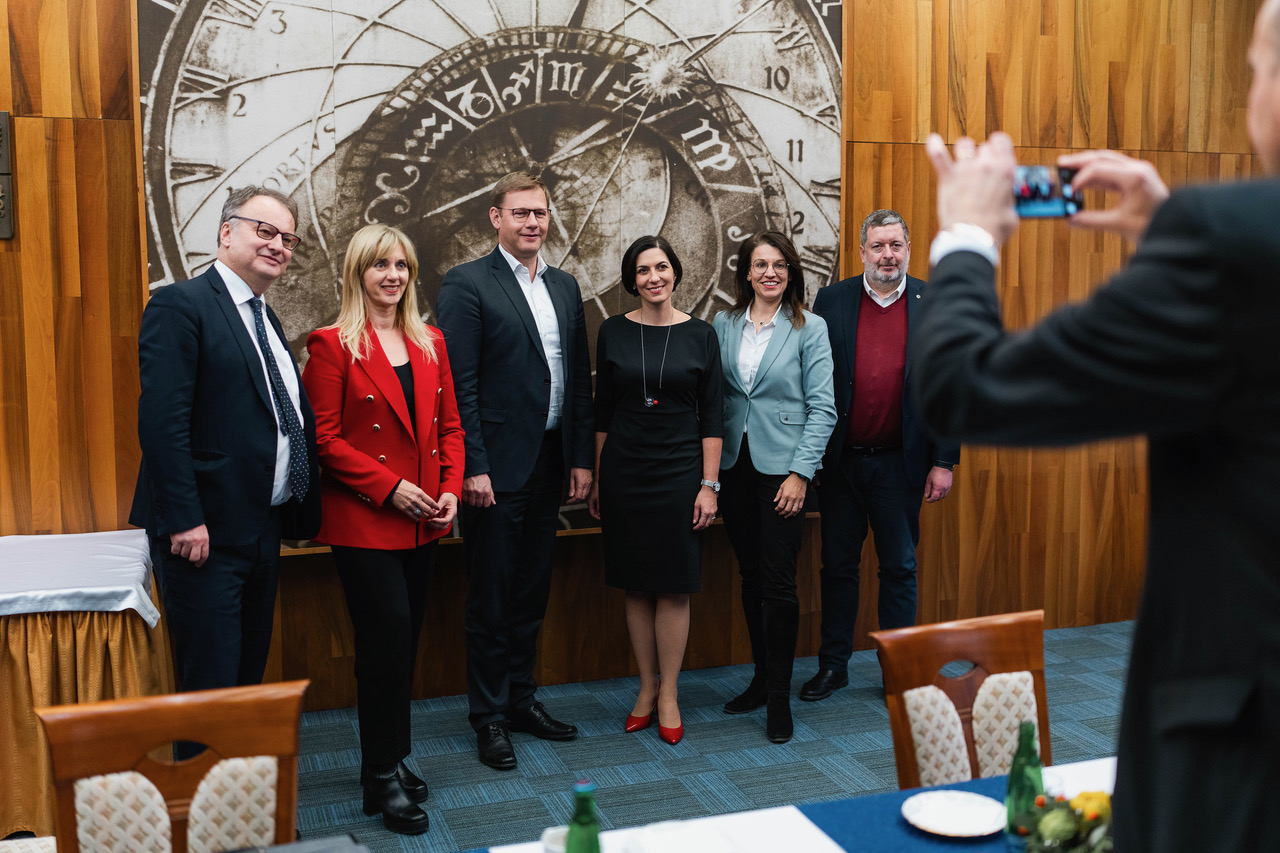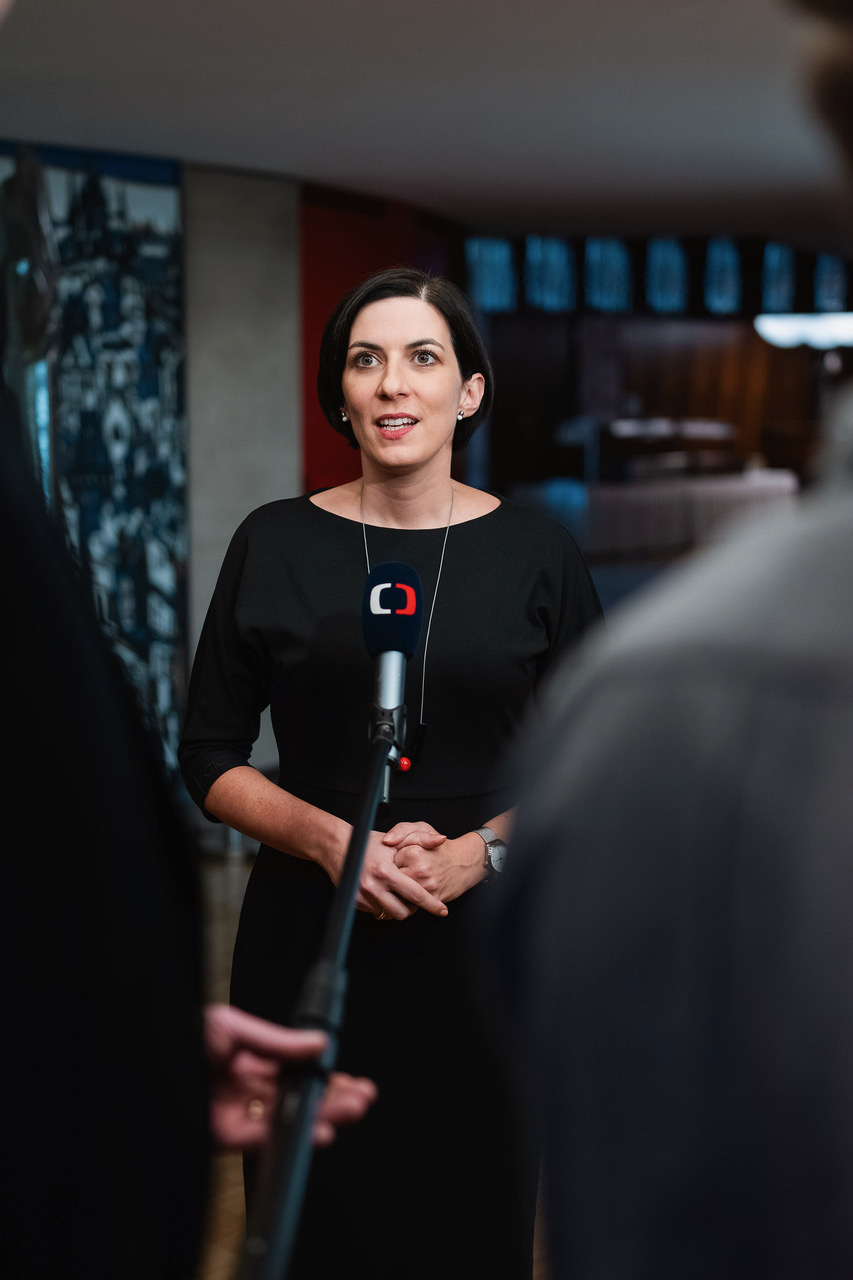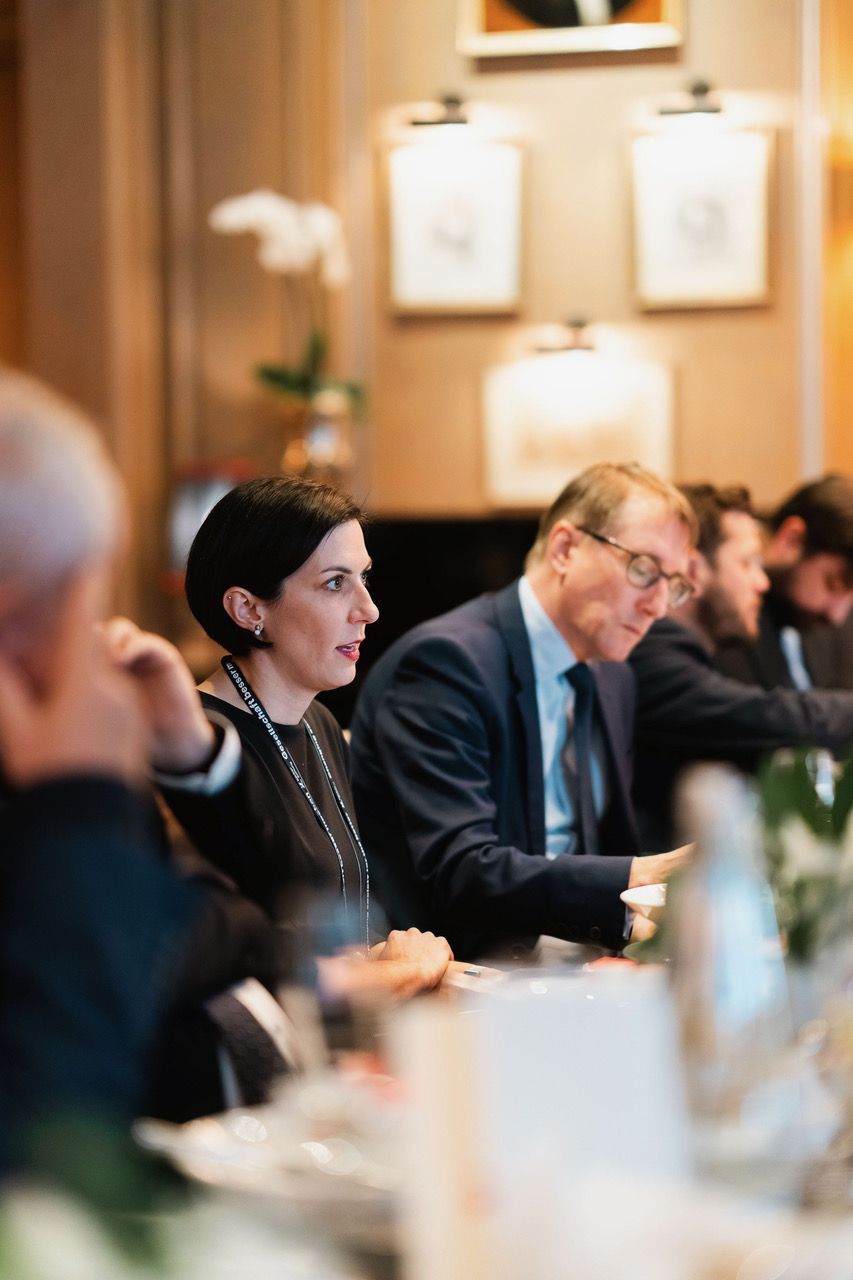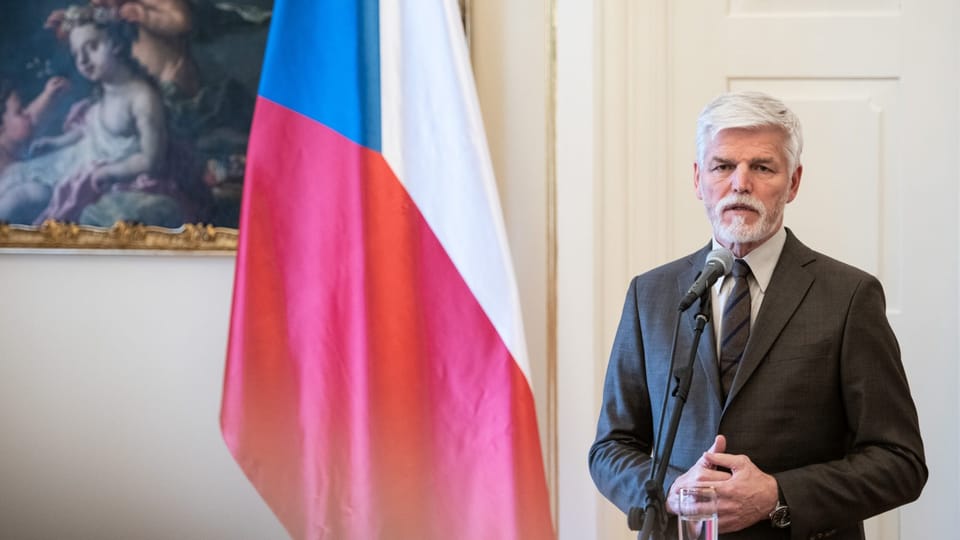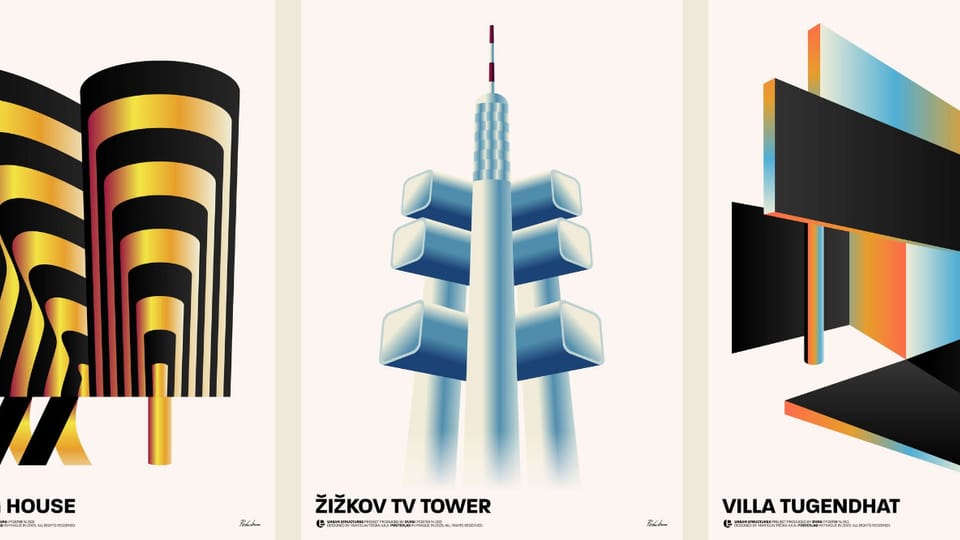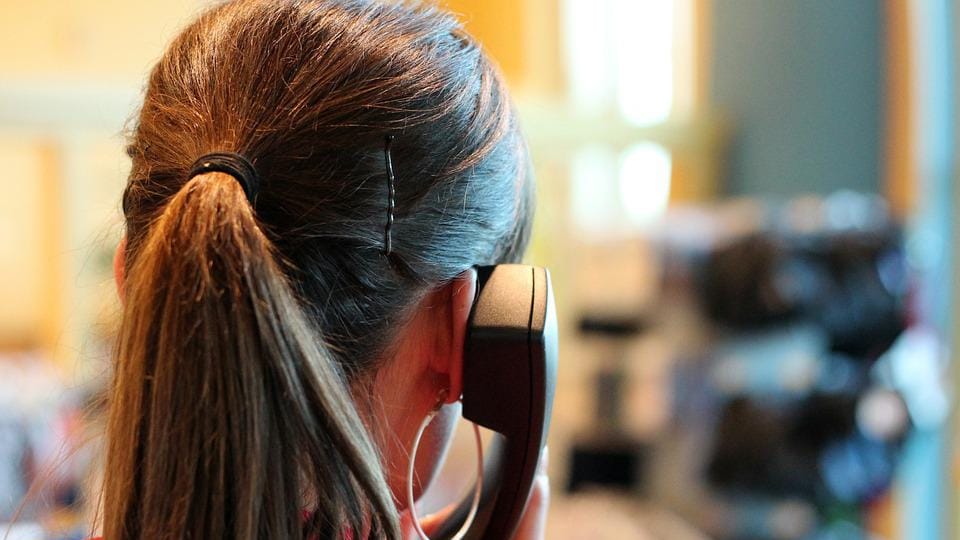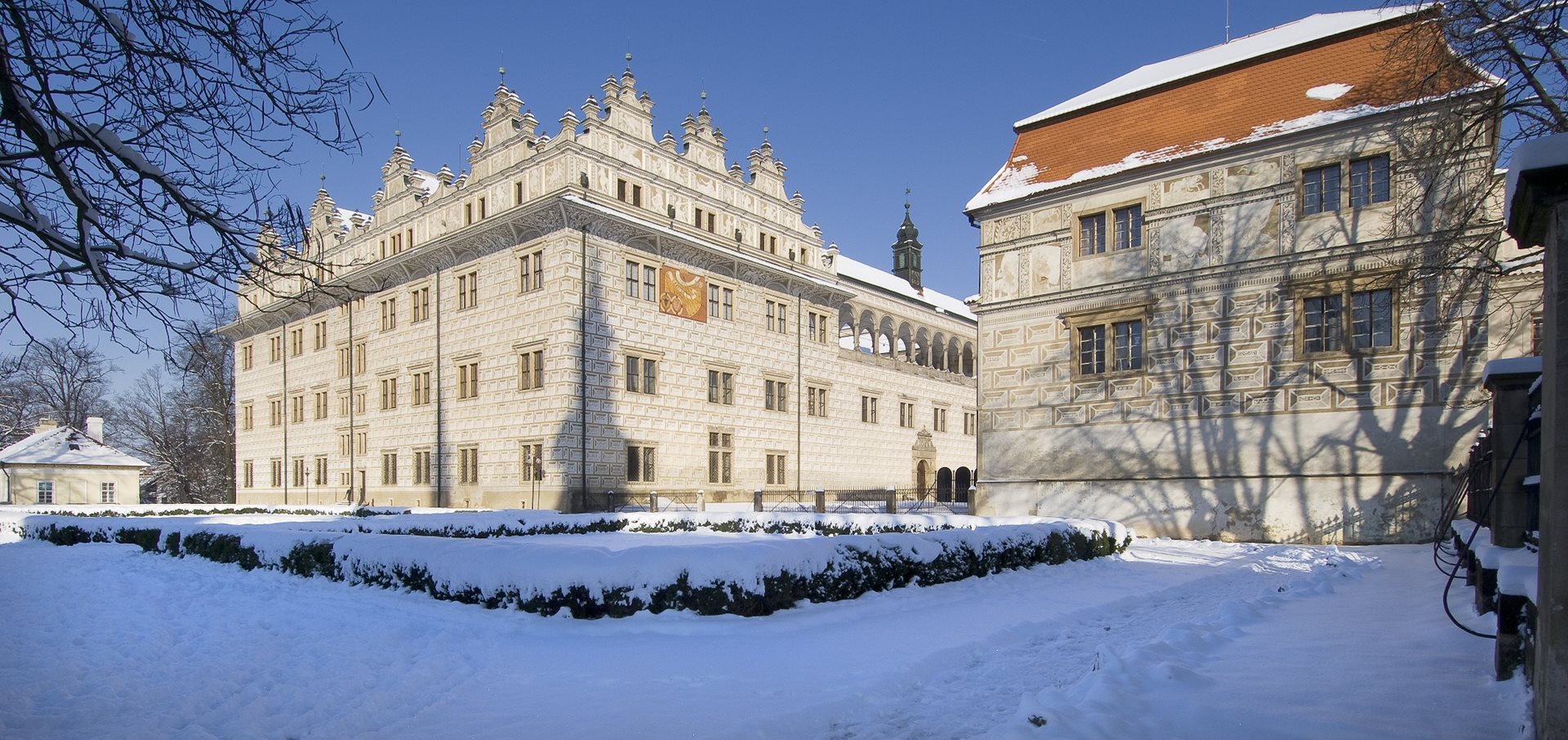
There are many reasons why people travel. One of them is important personalities and works related to them. In the Czech Republic, among other things, classical music has a long and rich tradition. It transcends the borders of the country and attracts tourists from all over the world. For example, to the Bohemian-Moravian border in the Pardubice region, to which one of the most important domestic composers, Bedřich Smetana, naturally belongs. On March 2nd 2024, it will be 200 years since he was born. It can therefore be expected that Smetana will be visited even more than before. Not only to Litomyšl, where he comes from, and where it will be possible to visit his native apartment again.
East Bohemian Litomyšl significantly influenced the artistic journey of Bedřich Smetana. It is held in the city every year international music festival Smetanova Litomyšl, which is considered one of the most important cultural events in the Czech Republic. The atmosphere of the event is enhanced by the exceptional locations of Litomyšle, whose castle grounds are on the UNESCO cultural heritage list. Classical music concerts are held at the castle and in the adjacent gardens, in sacred spaces, in Smetana’s house, etc.
“The Czech-Moravian border in the Pardubice region is a very specific area where the cultural influences of both historical countries intertwine. Here, traditional folk music mixes with classical music, attracting visitors looking for an authentic cultural experience. This is of key importance for the Czech economy, because according to the World Tourism Organization, cultural tourism is one of the fastest growing segments of the tourism industry, accounting for 40% of tourism. On average, 40% of foreign guests come to the Czech Republic in the context of cultural heritage,” says František Reismüller, director of the Czech Tourism Center – CzechTourism, adding: “According to our Institute of Tourism, 440,545 people came to hotels, boarding houses and apartments in the Pardubice region this year from January to September travelers, of which there were almost 385,000 residents and approx. 56,000 foreigners. Not only because guests from abroad spend roughly 3 times as much as Czechs on trips to the Czech Republic, it is also important to continue to attract foreign tourists. Currently, the 3rd part of this year’s main Unexpected Traditions campaign is running in various countries around the world. It focuses on winter and will continue until January next year. It can be seen by people in Germany, Poland, Slovakia, Great Britain, the USA, the Netherlands and Sweden, and the theme is ski slopes, cross-country skiing and Christmas.”
At Christmas, people are usually closer to each other and return home. Here, too, a connection with Bedřich Smetana is offered, among his the most famous works include the six-volume cycle of symphonic poems “My Homeland”. The symbol of Czech national feeling and music as a means that appeals to people from all over the world are recognized throughout the Czech Republic. In addition, the year 2024 is designated as the Year of Czech Music. During it, a number of events will take place where the Czech musical heritage will be presented. The Pardubice Region perceives the given area very intensively.
“Places associated with Smetana, such as our Litomyšl, are popular tourist destinations where you can experience the life and work of this composer first hand. Although the city is known primarily for its Renaissance castle with unique sgraffito decoration, which was entered on the UNESCO list in 1999, you can follow in the footsteps of Bedřich Smetana to many corners,” says the director of the East Bohemia Destination Company, Alena Horáková, adding: “Whether it is a covered Smetana footbridge with a lift, which recently won the Czech Prize for Architect or regional museum, which also manages Bedřich Smetana’s birthplace. It is now being reconstructed so that it can once again welcome visitors on June 8, 2024 and provide an authentic experience of a period domestic environment, including the possibility to perceive the author’s work in peace and multimedia. And the castle is connected to this important composer, where, among other things, concerts are held as part of the Smetanova Litomyšl festival.”
Events commemorating the anniversary of Bedřich Smetana will take place in 2024 throughout the Czech Republic and around the world. Among other things, the composer spent several years in his youth in Gothenburg, Sweden, where he worked as a music teacher and conductor and thus contributed to the development of Swedish musical life. It can therefore be expected that he will be remembered in Scandinavia as well. The upcoming digital archive of Bedřich Smetana’s works, which will facilitate access to scores and letters, can help with this.
“Litomyšl is one of the most beautiful cities in the Czech Republic with a unique genius loci. A wonderful view of the local castle and the castle hill is offered by the viewpoint between the towers of the Church of the Finding of the Holy Cross, and lovers of gastronomic experiences will also enjoy themselves in the original Litomysl restaurants and cafes,” says the director of the Czech-Moravian Border Destination Company Jiří Zámečník, adding: “We must not forget on Polička and another composer who is from our region – Bohuslav Martinů. He is also visited a lot, in addition to the permanent exhibition, the city museum there is currently showing the exhibition Dresses Made by Martinů, which introduces visitors to the changes in clothing during the less than 70 years of this composer’s life. You can also visit the birthplace of Bohuslav Martinů in the tower of the church of St. Jakub. In addition, concerts and festivals are held in Polička every year, which attract classical music lovers, and this will be the case in 2024 as well.”
Next year, the most significant news of the Czech-Moravian border will probably be the opening of new premises of the already mentioned Renaissance castle in Litomyšl, which is undergoing extensive reconstruction. In addition to completely restoring the roof, which was in a state of disrepair, and restoring the sgraffito facade, the UNESCO site will also open up a modern visitor center and new exhibits. They will focus on the architecture of the castle and the castle theater and the unique collection of historical backdrops. Year-round operation of the castle, which until now was closed from November to March, will be of great benefit to tourism in the region even outside the main tourist season. From next fall, tourists will be able to visit Bedřich Smetana’s birthplace, the castle cellar with Olbram Zoubek’s sculptures and the wax Heart for Václav Havel, and the Church of the Finding of the Holy Cross. In addition, he will offer a new fun game for children, which, in addition to the temple, will also introduce other important places on the castle hill.
